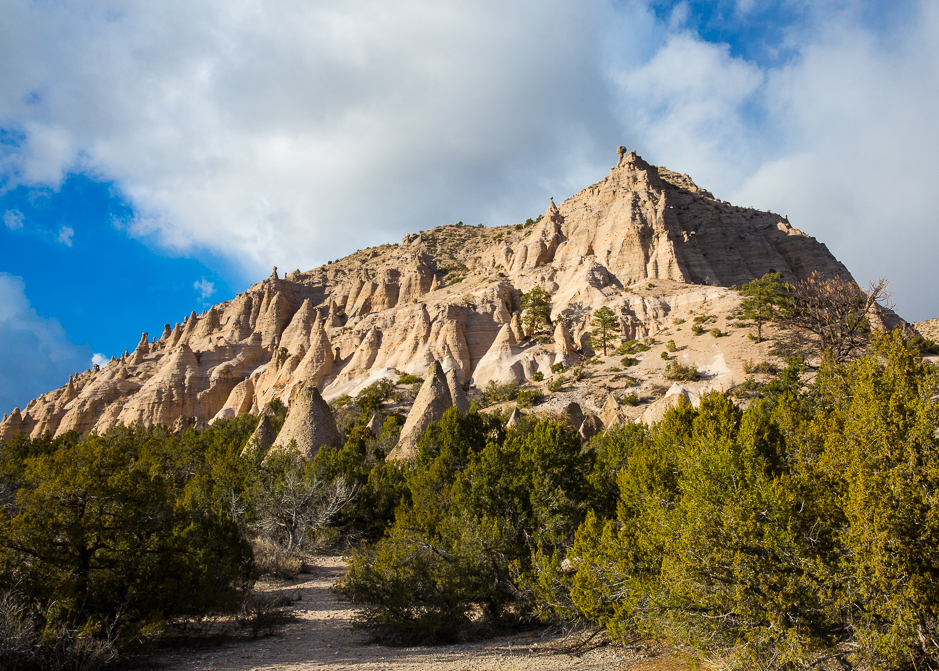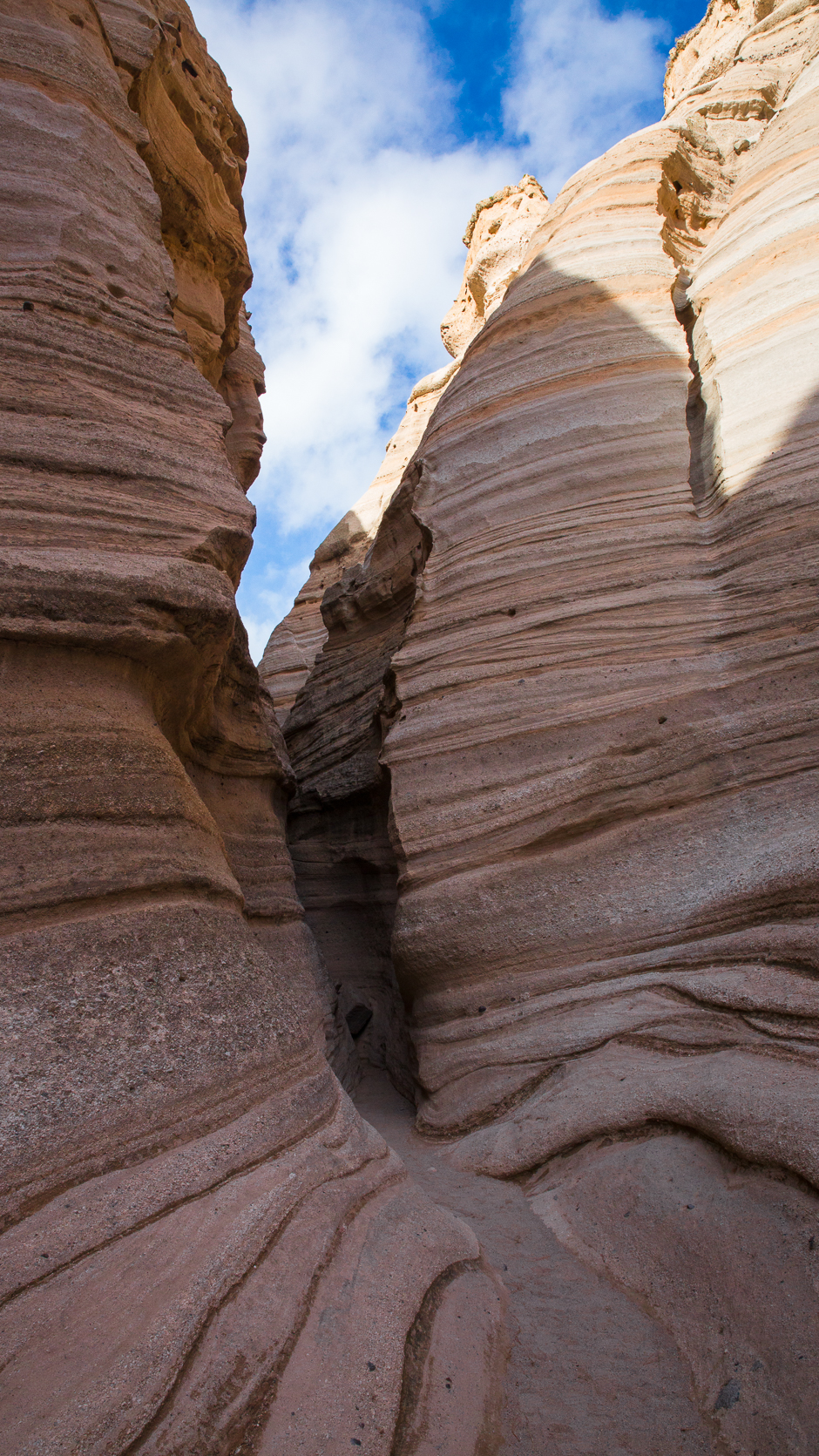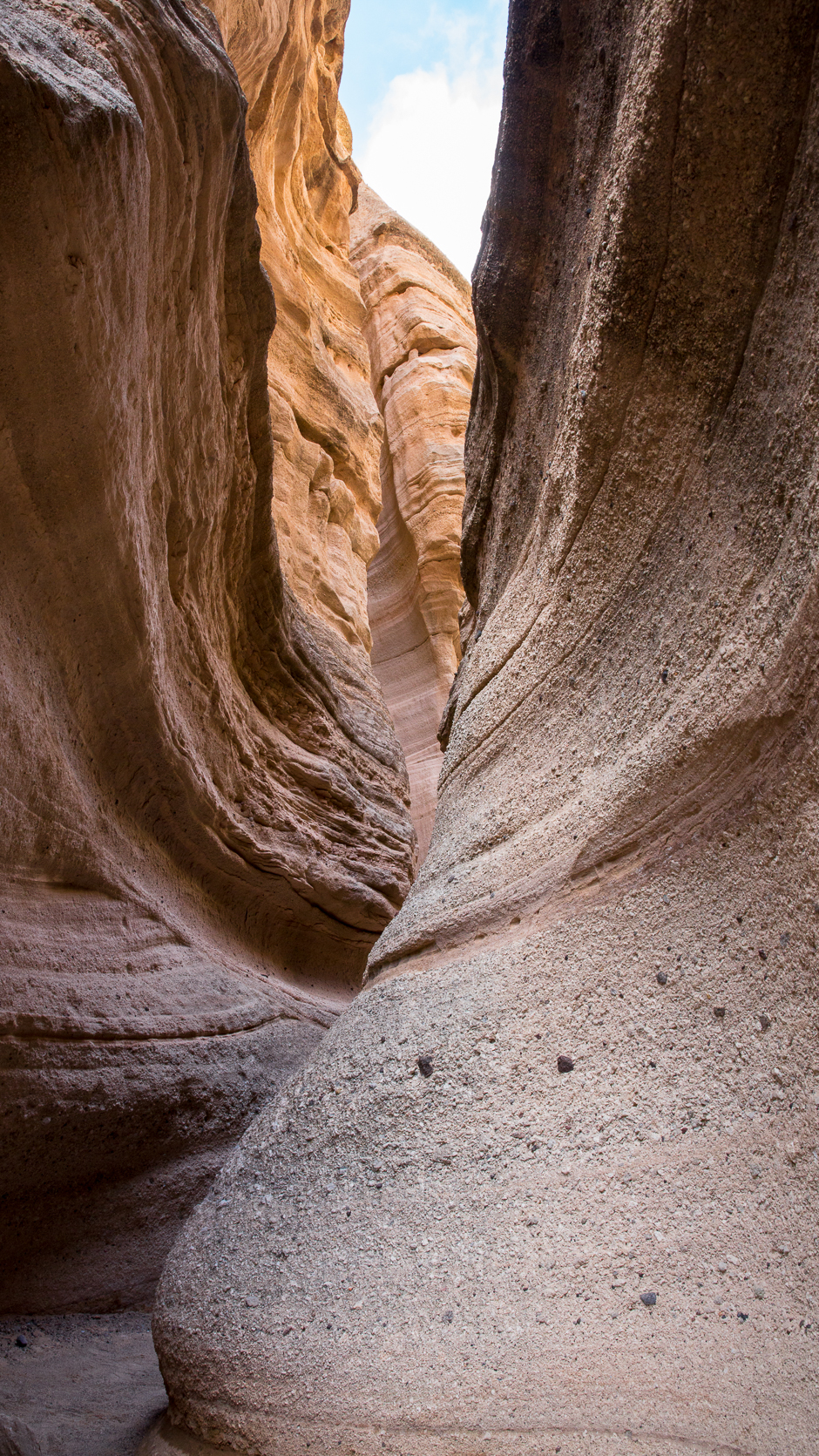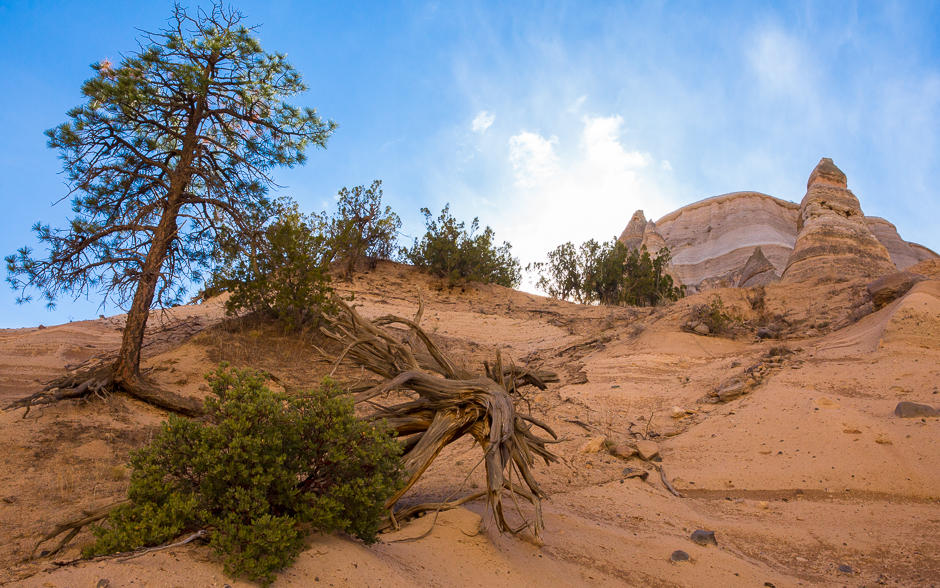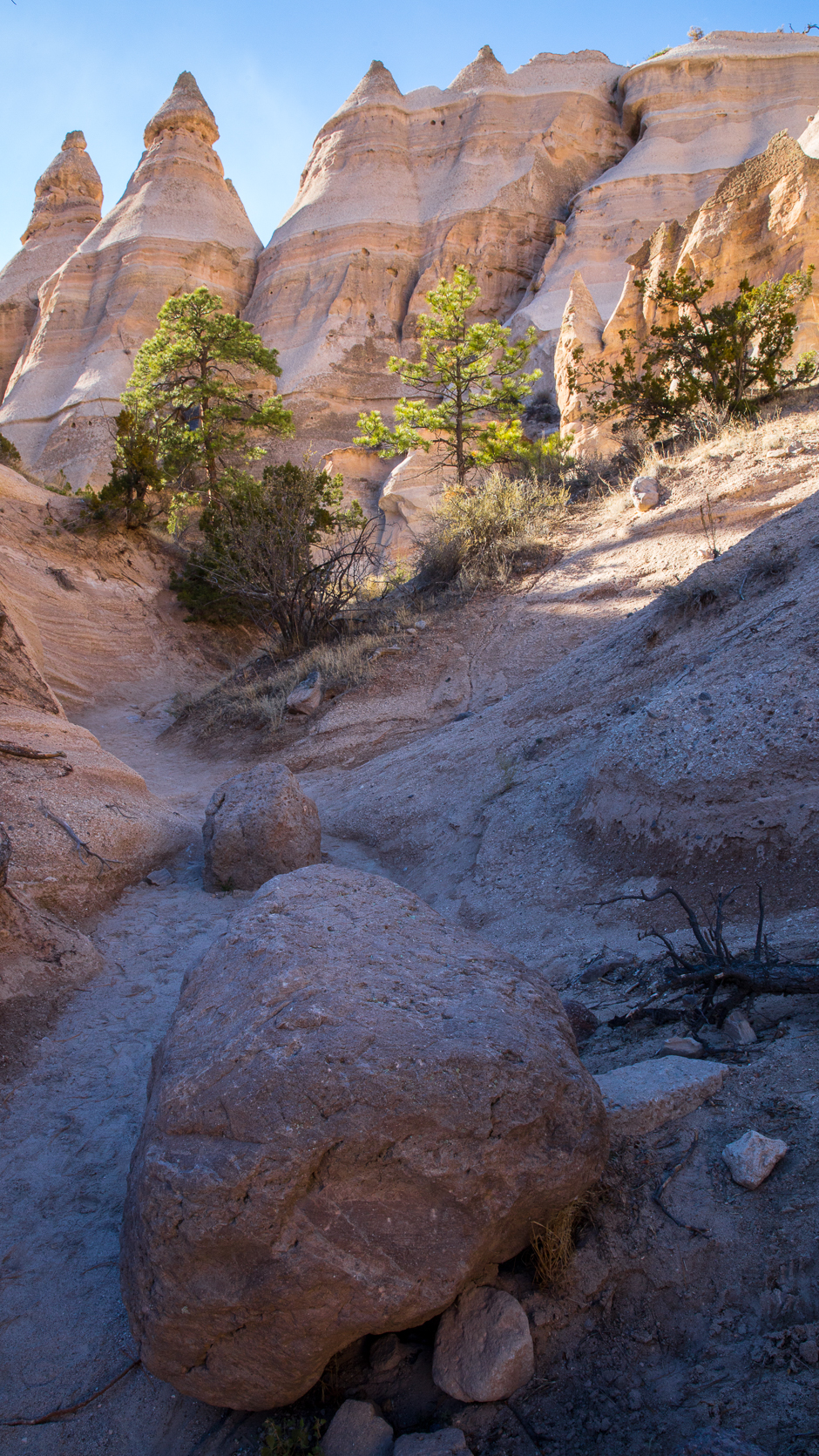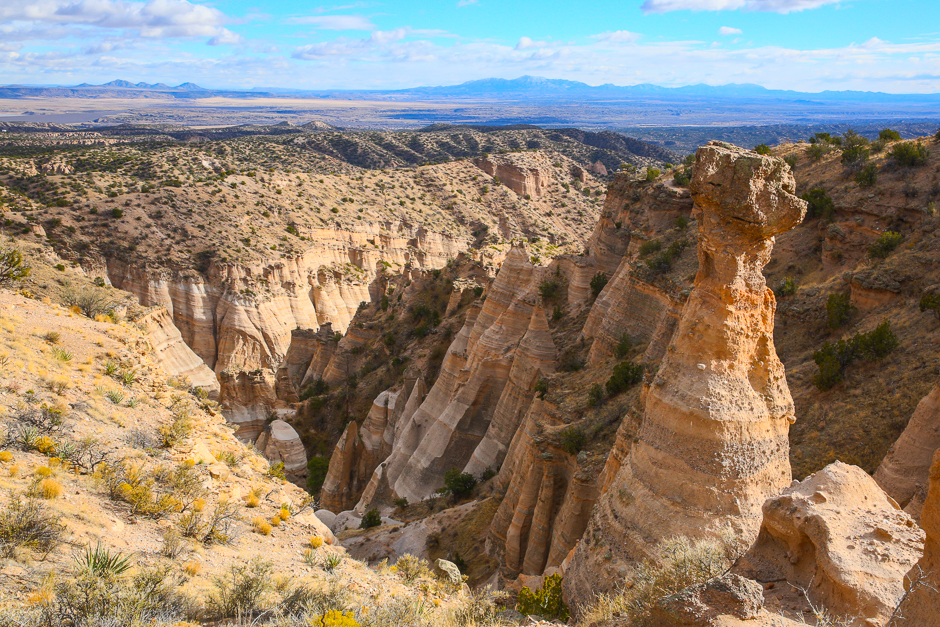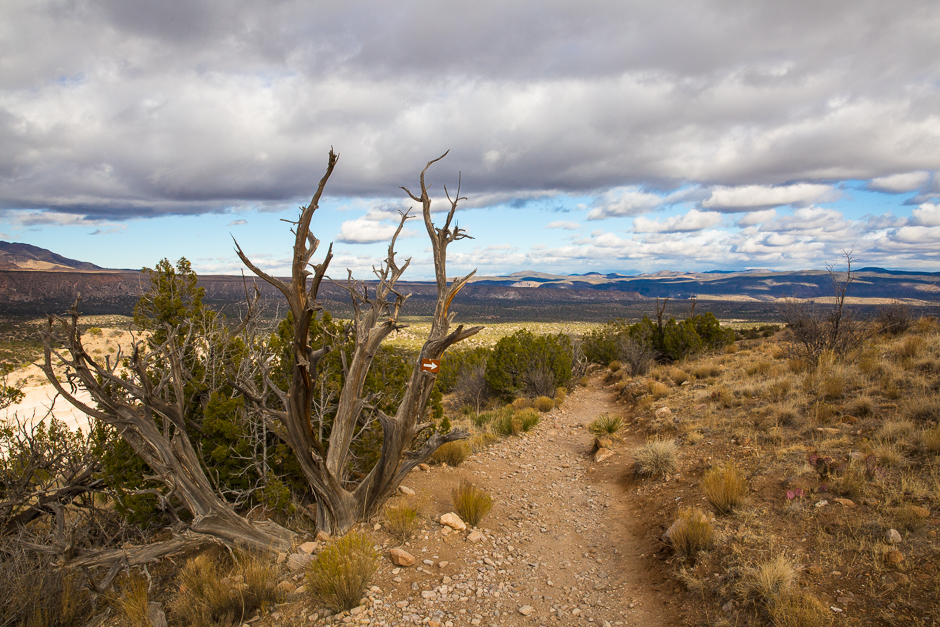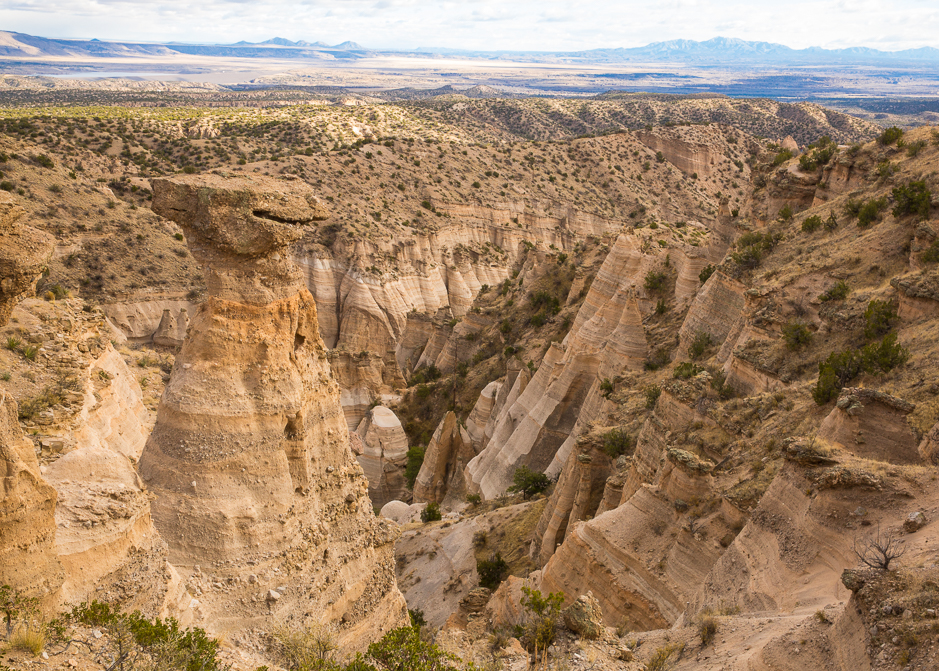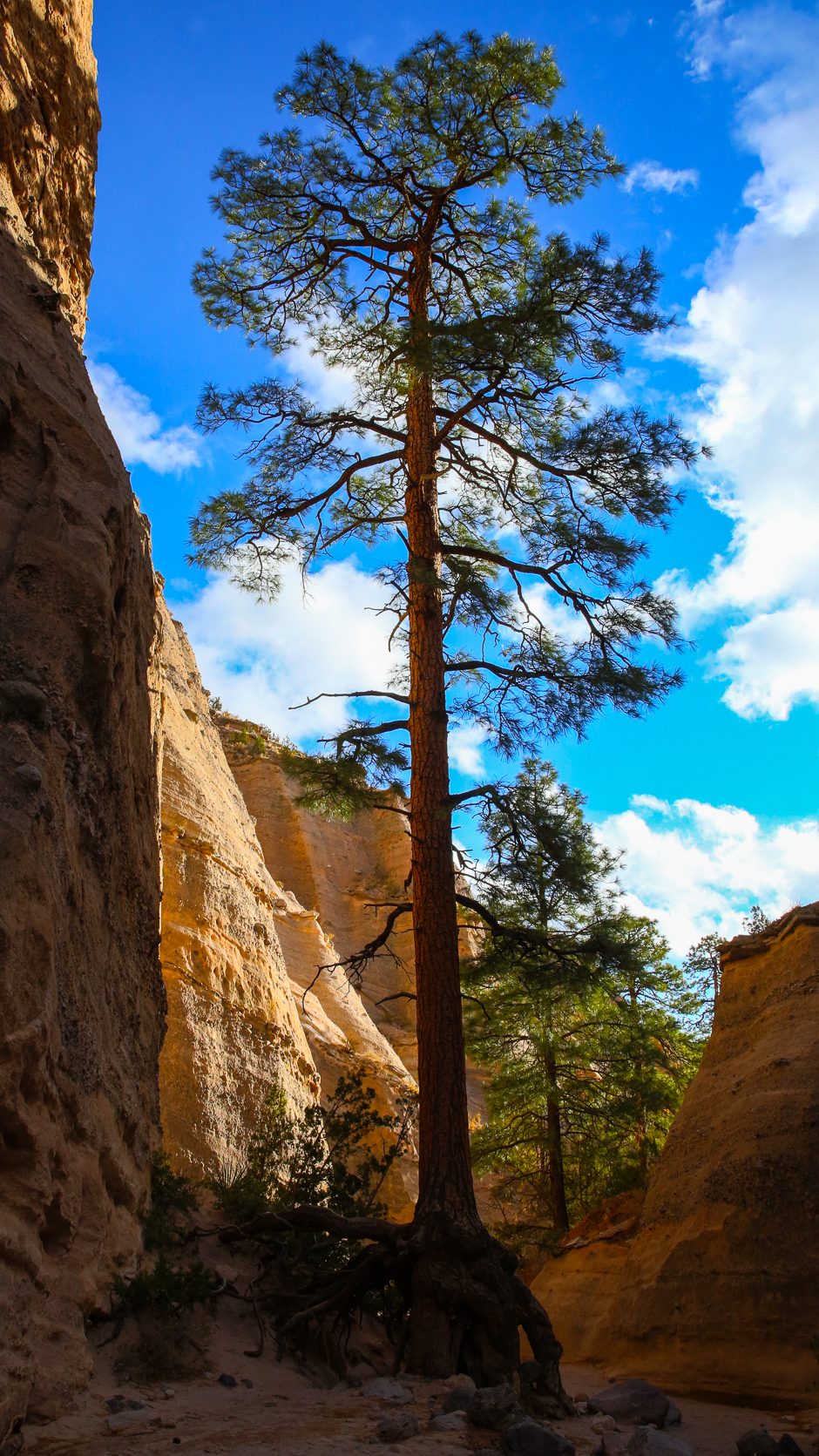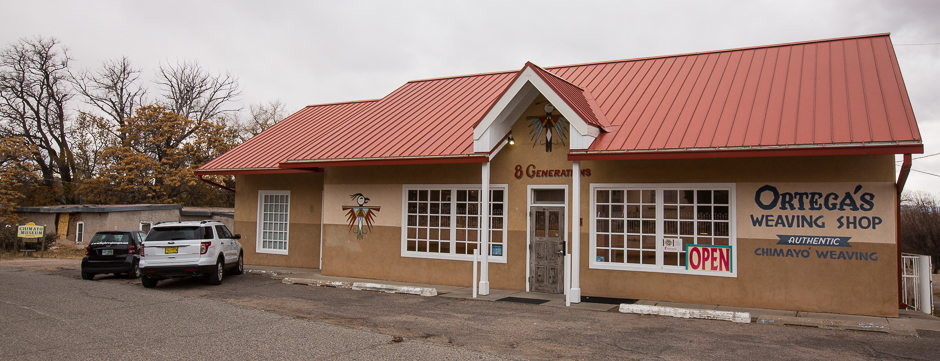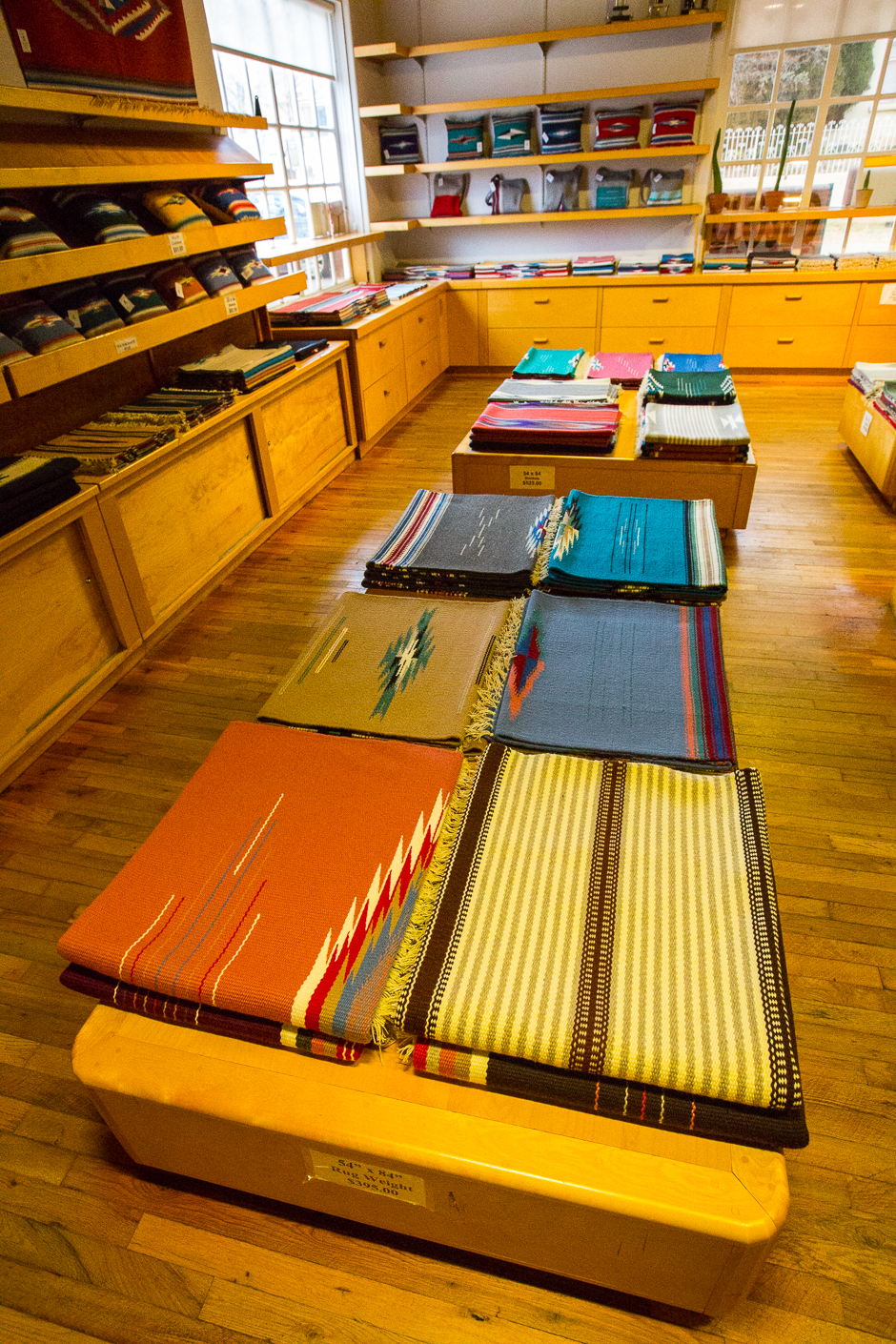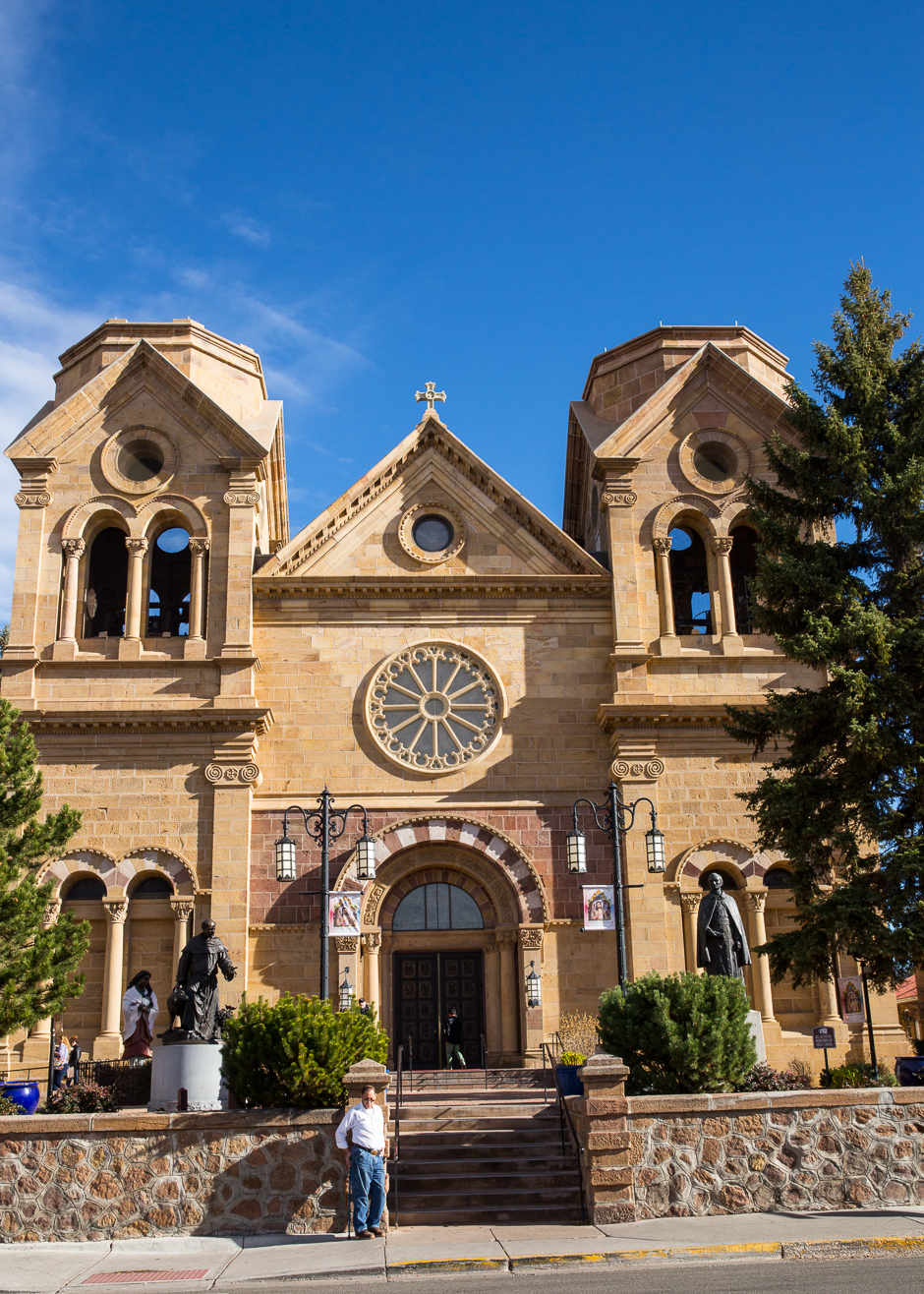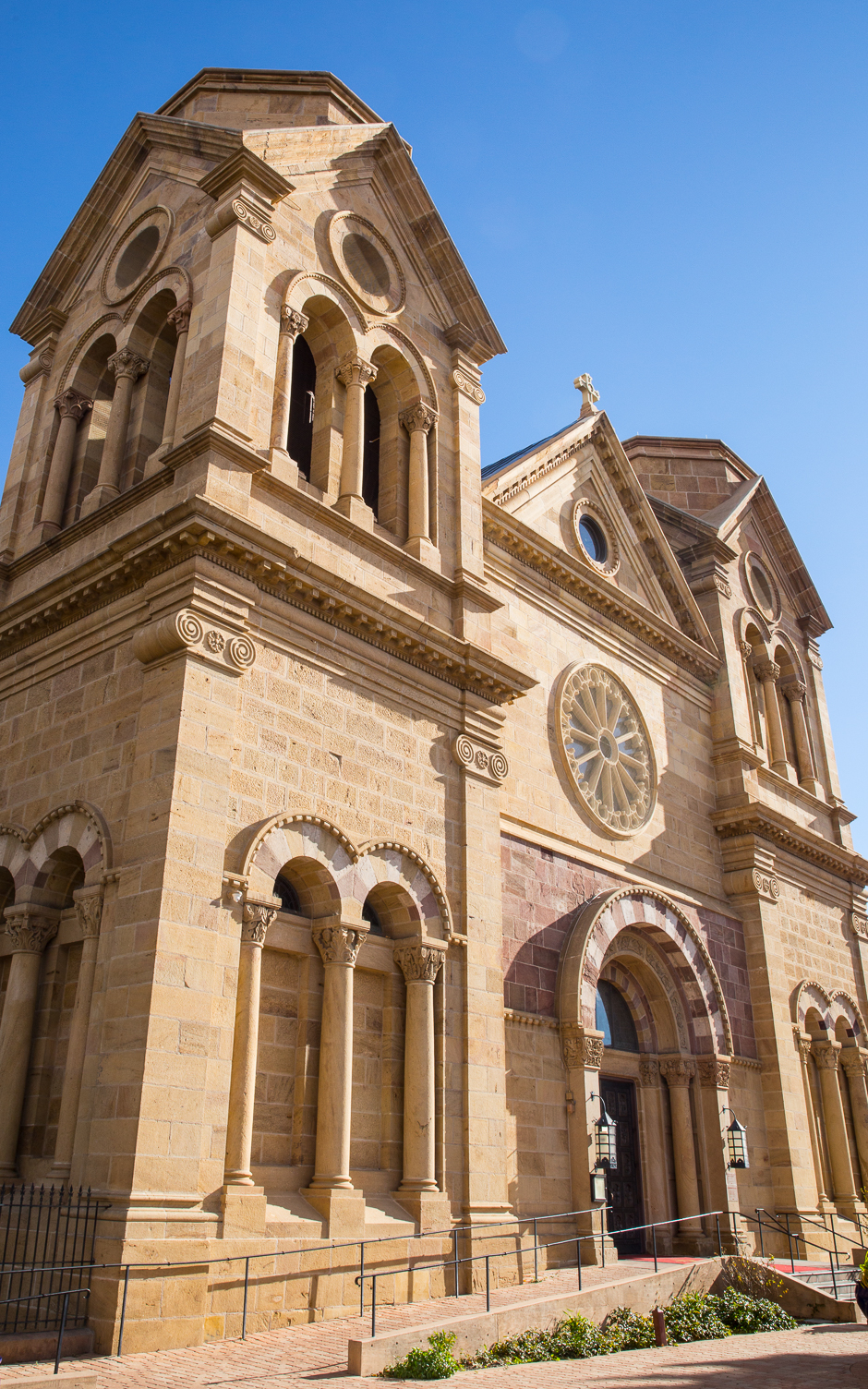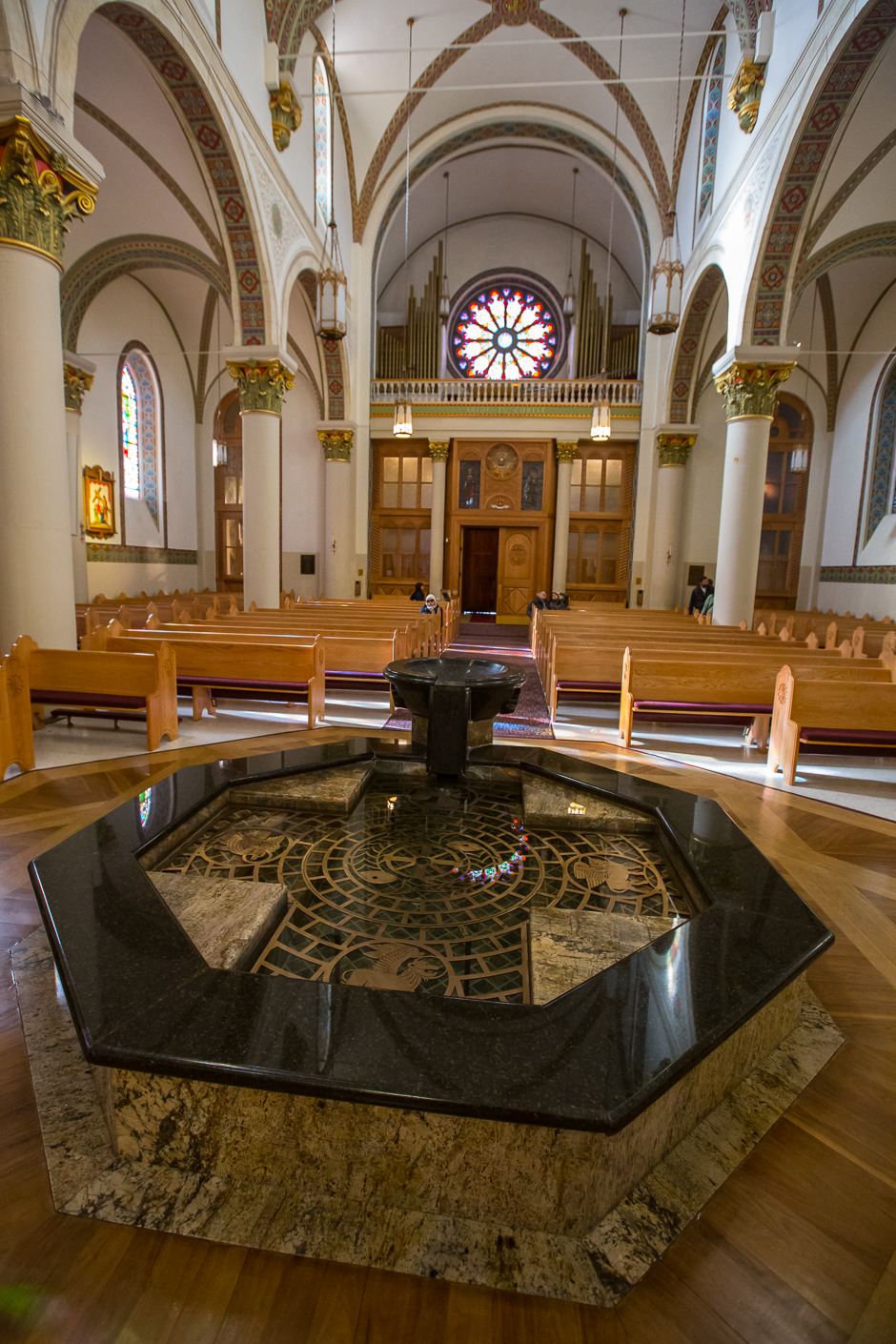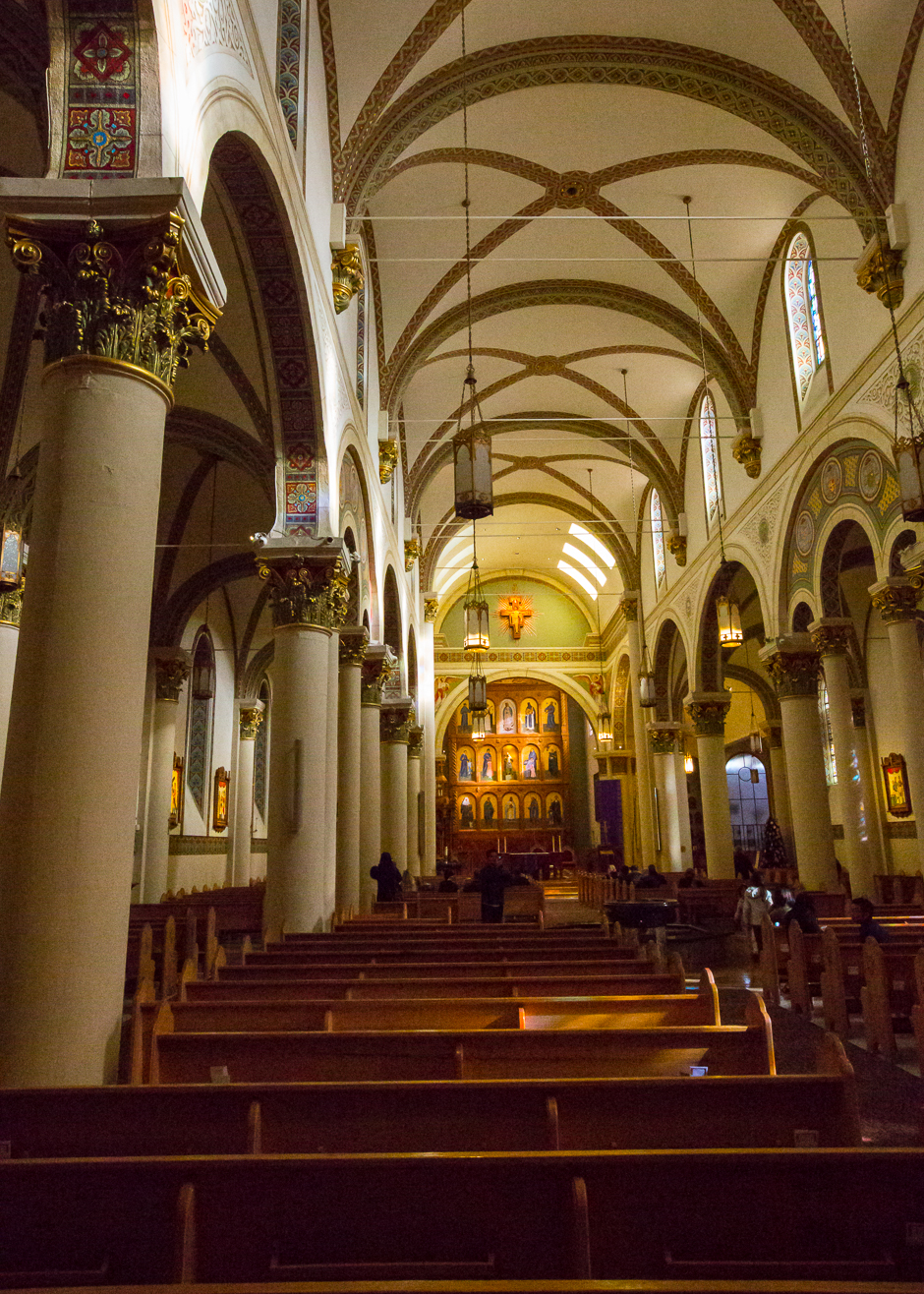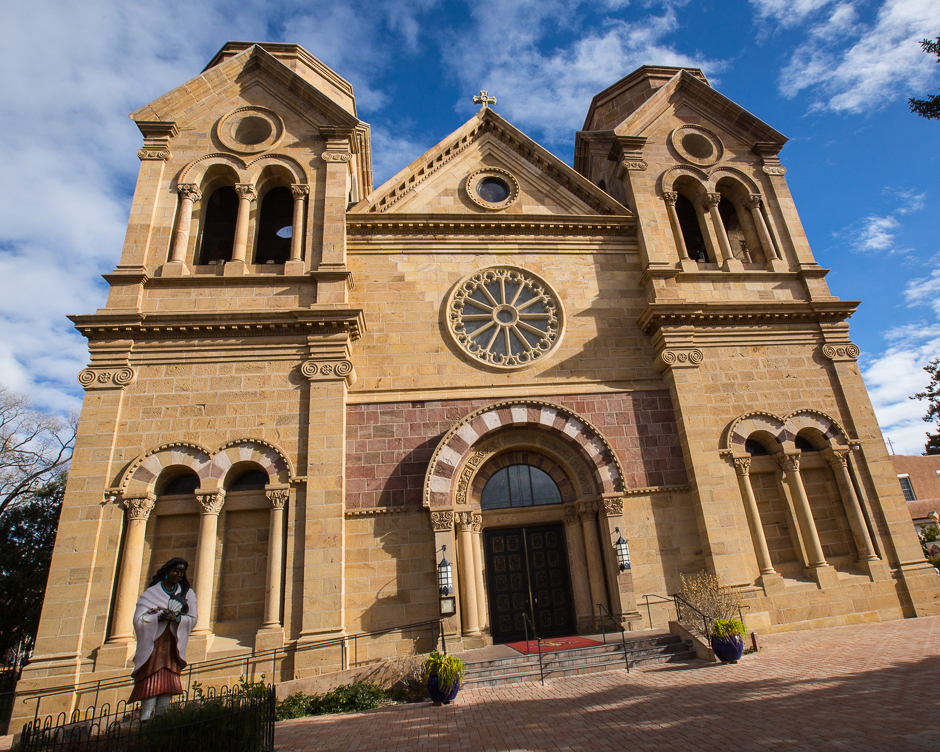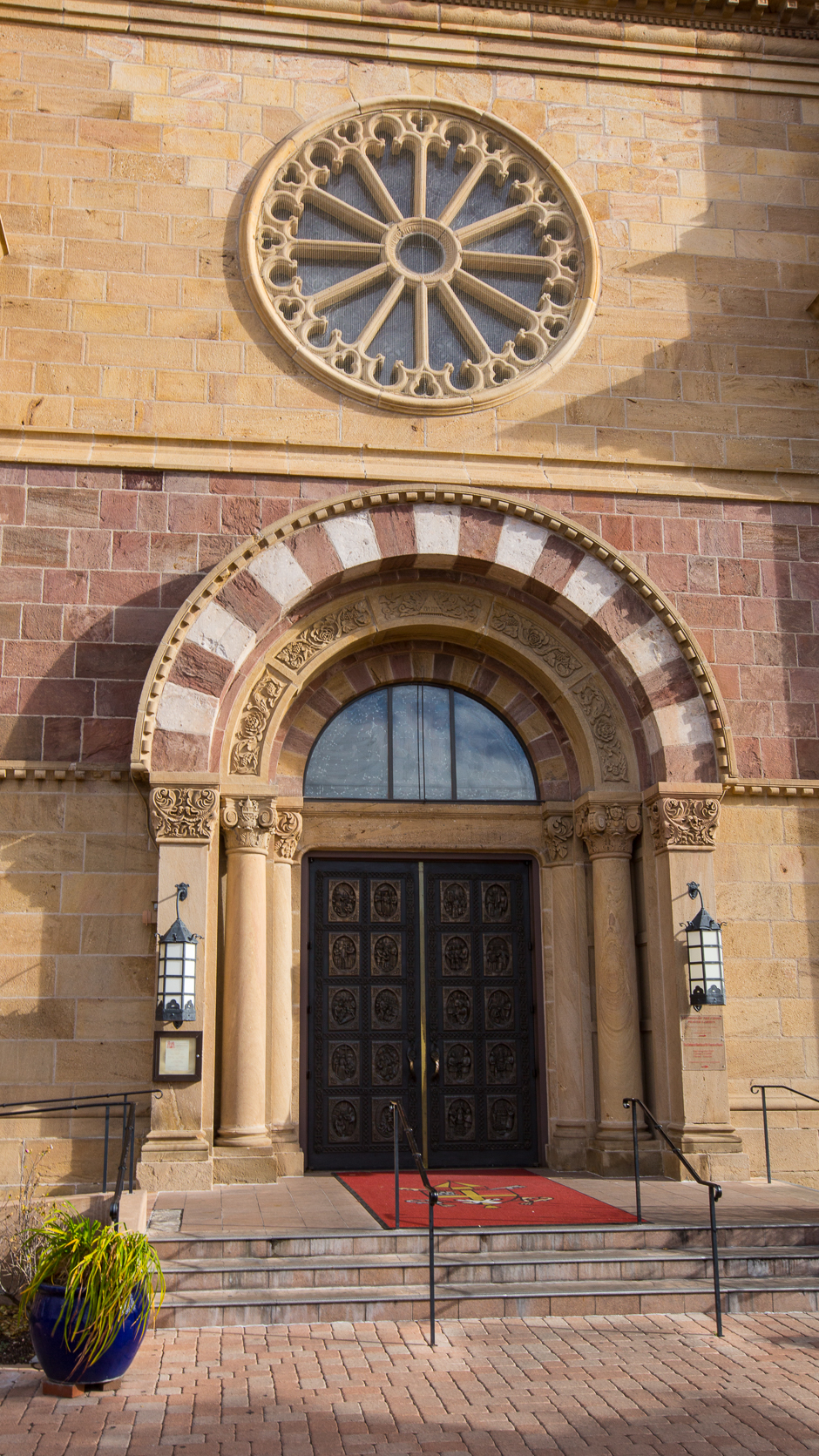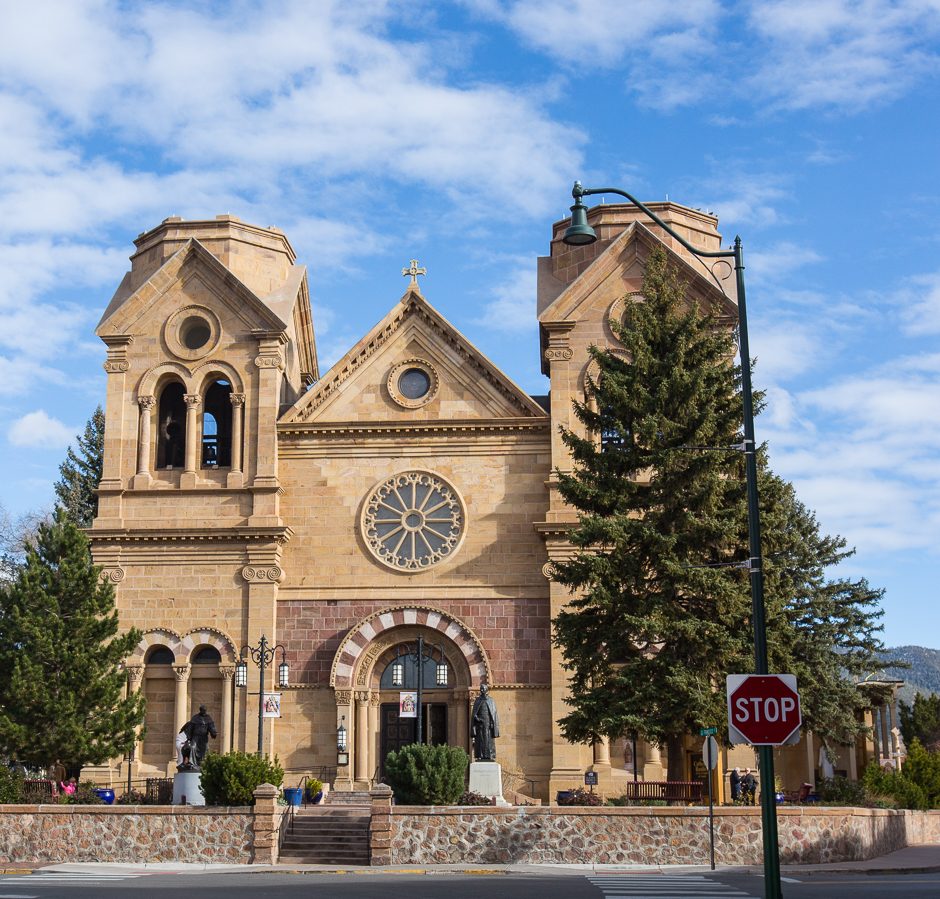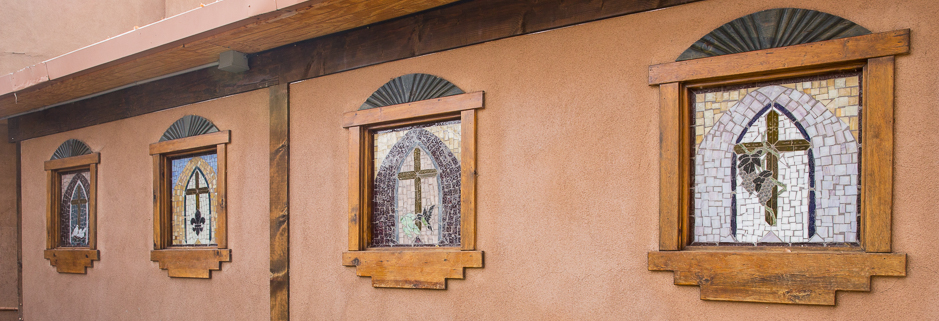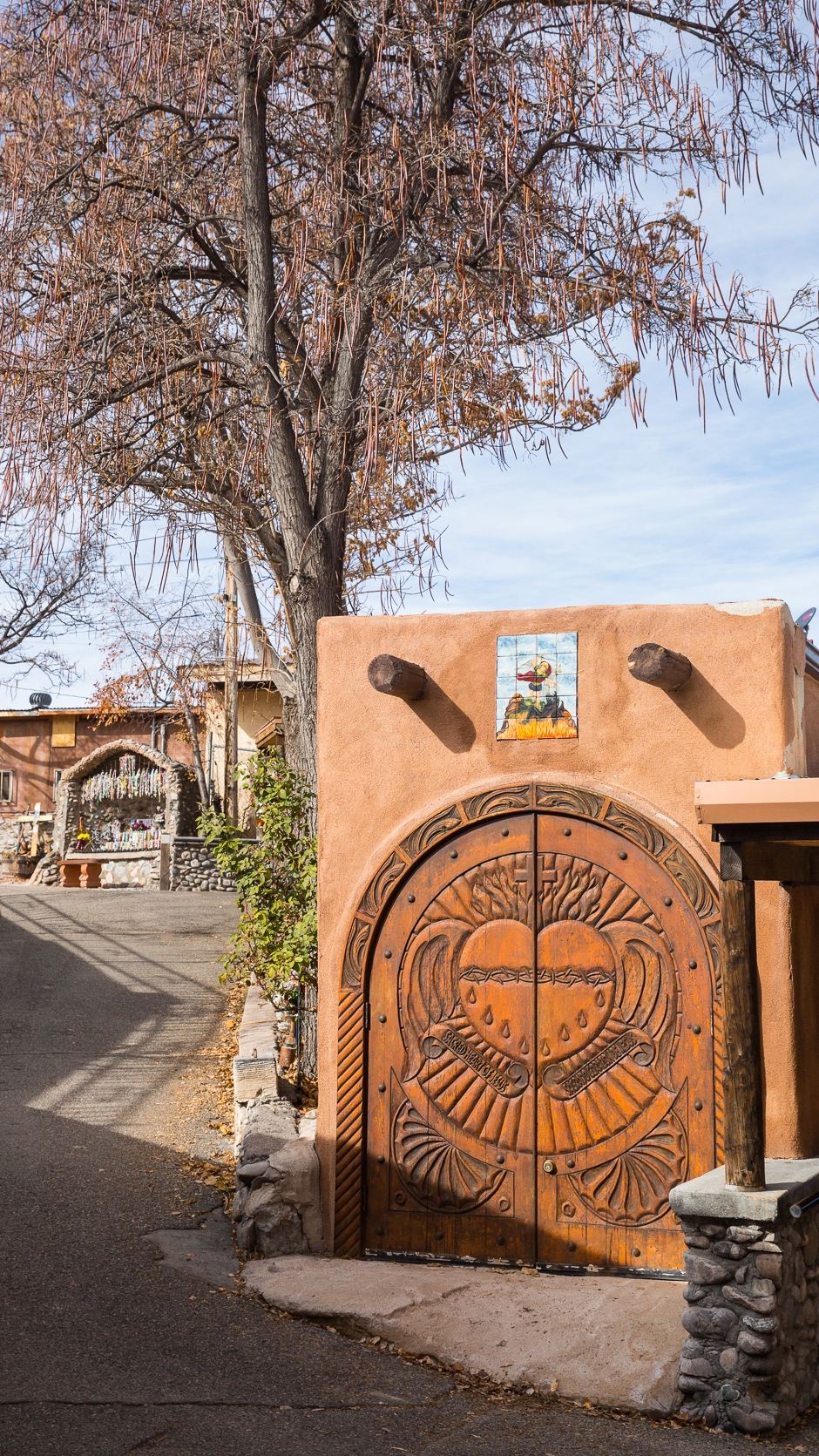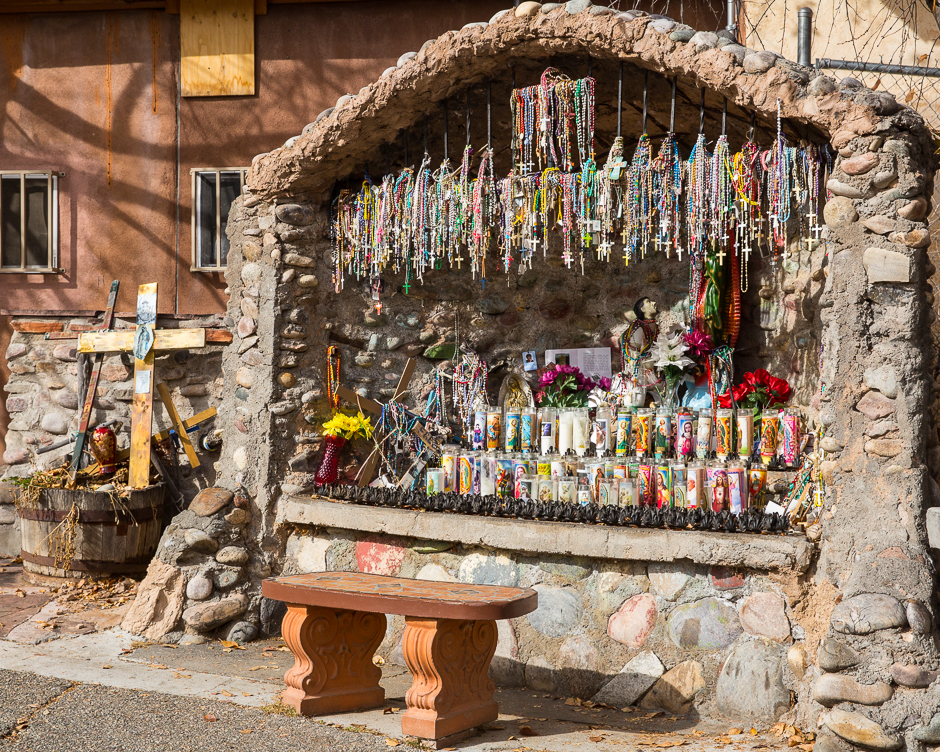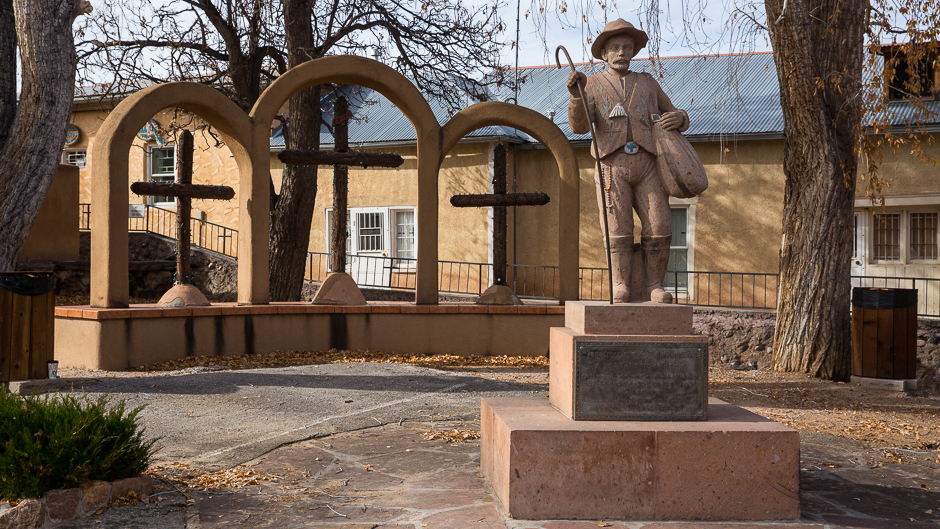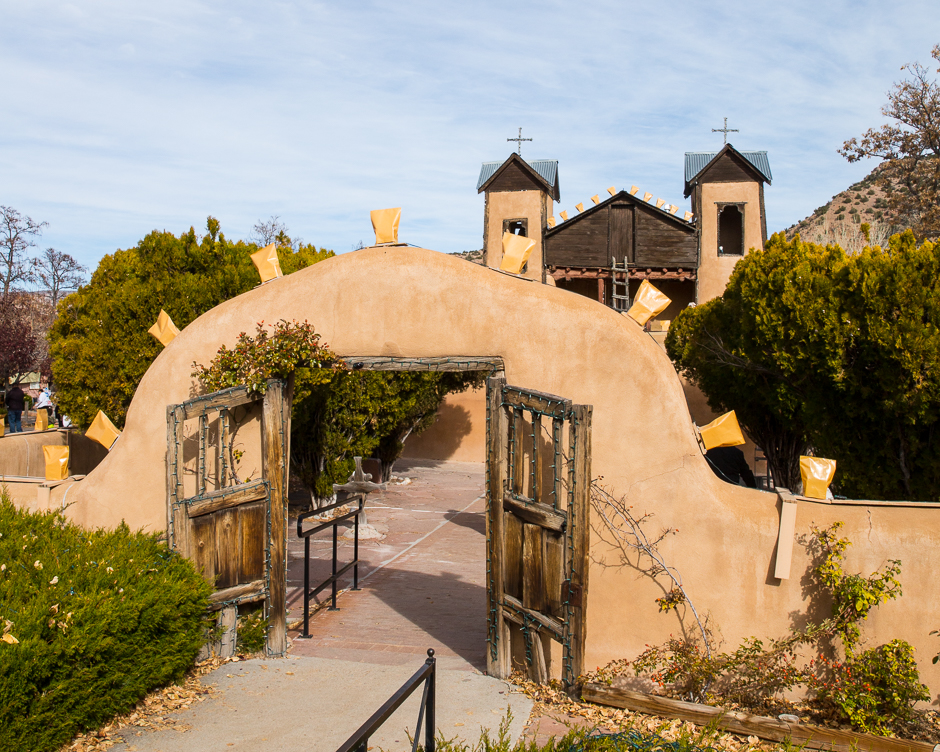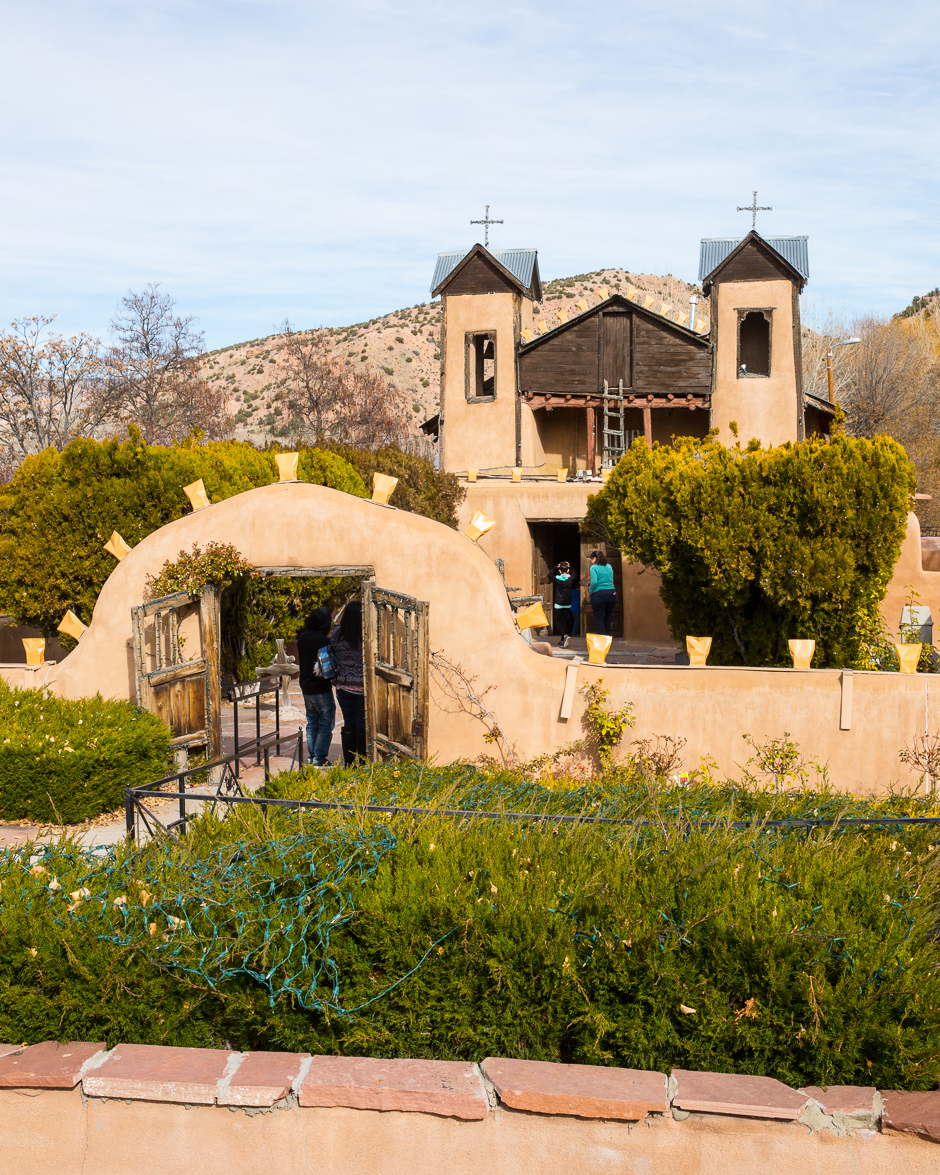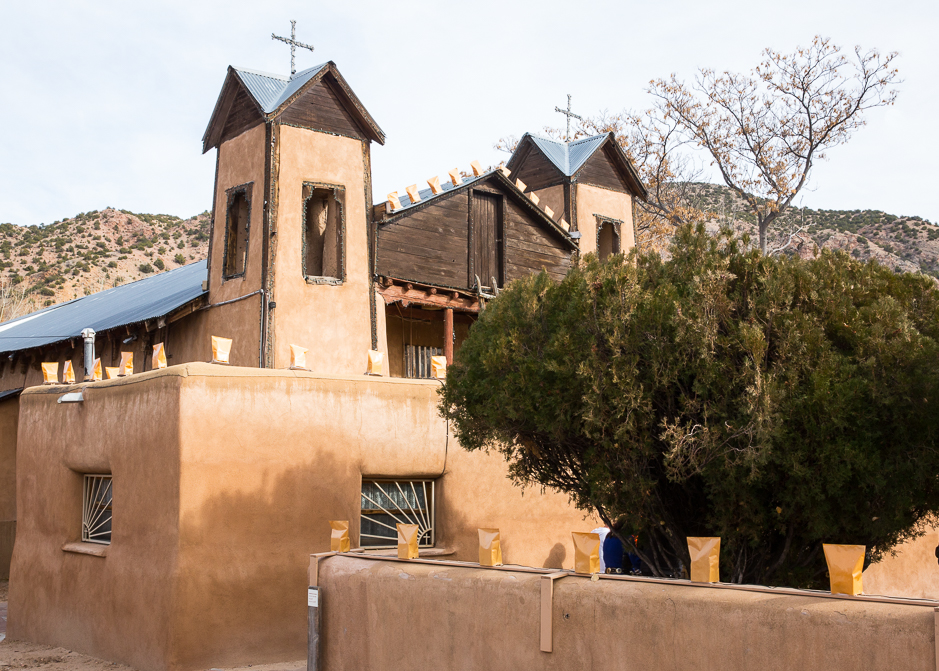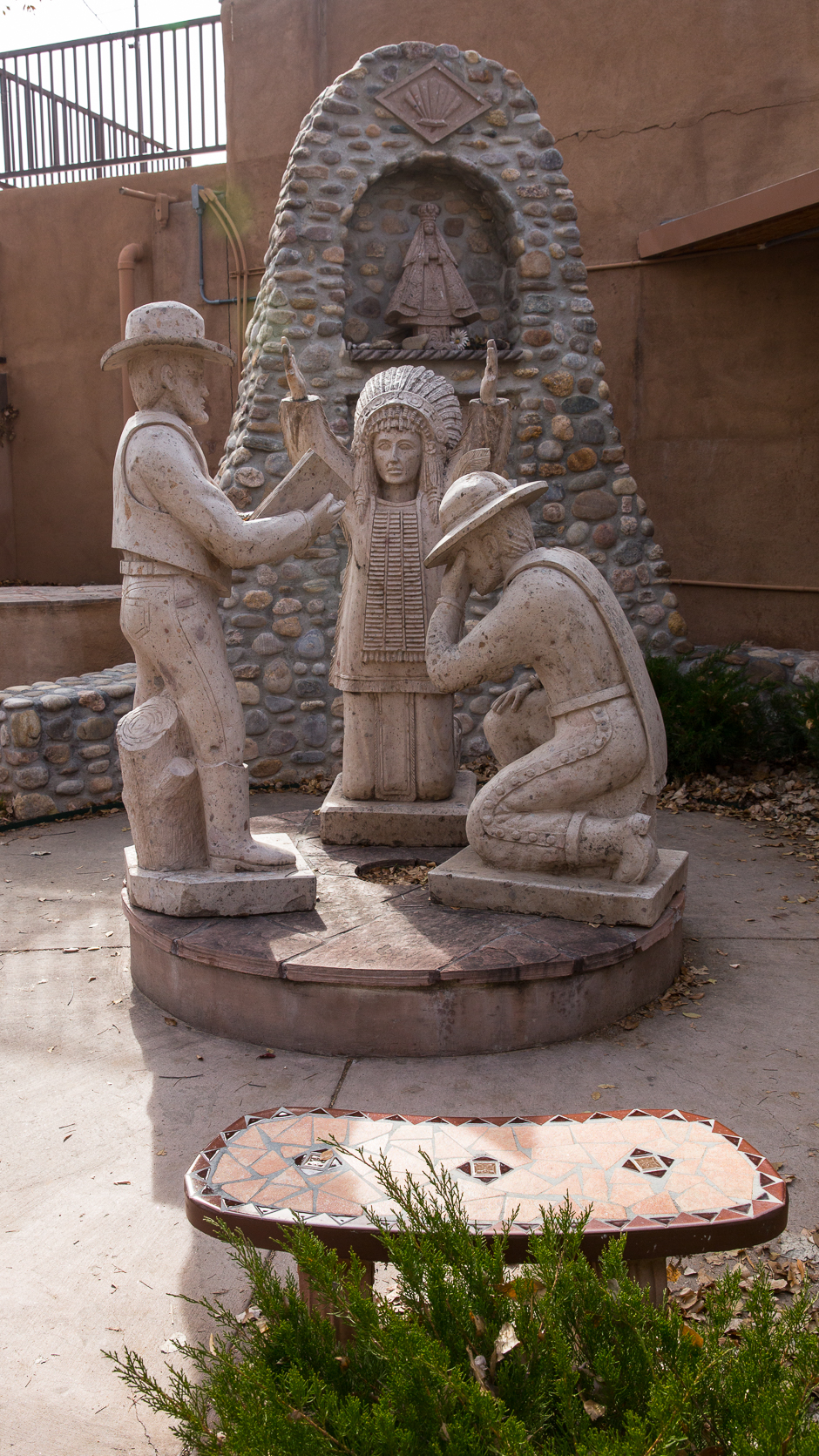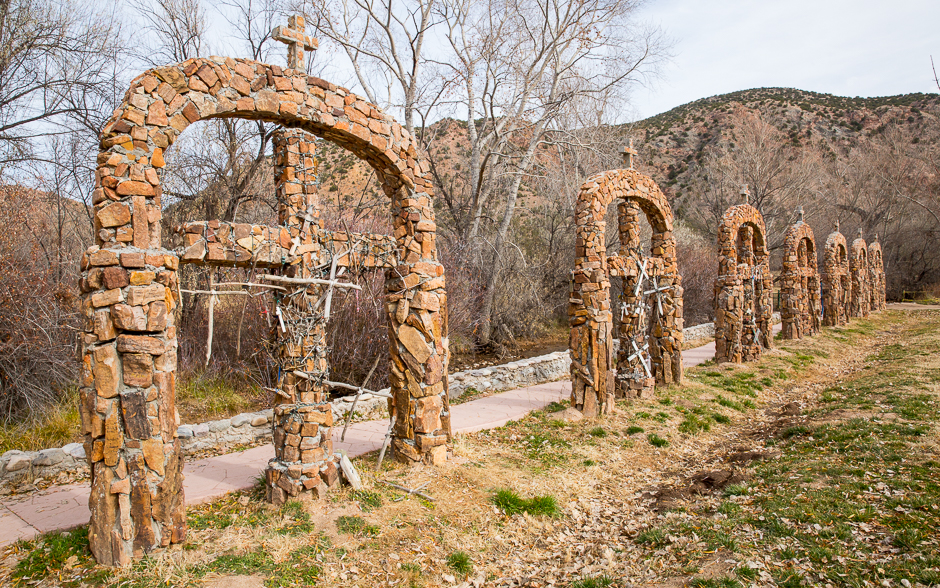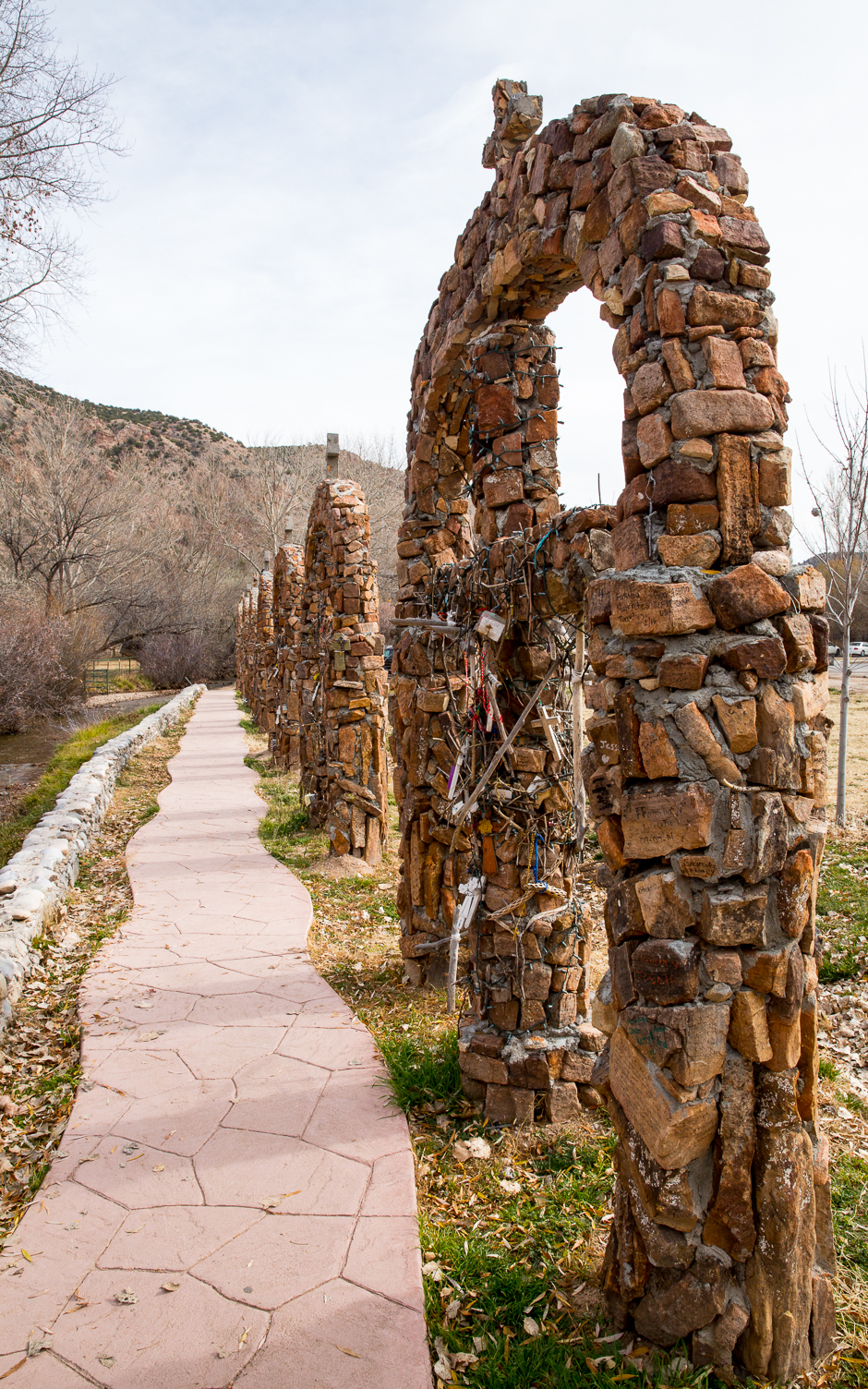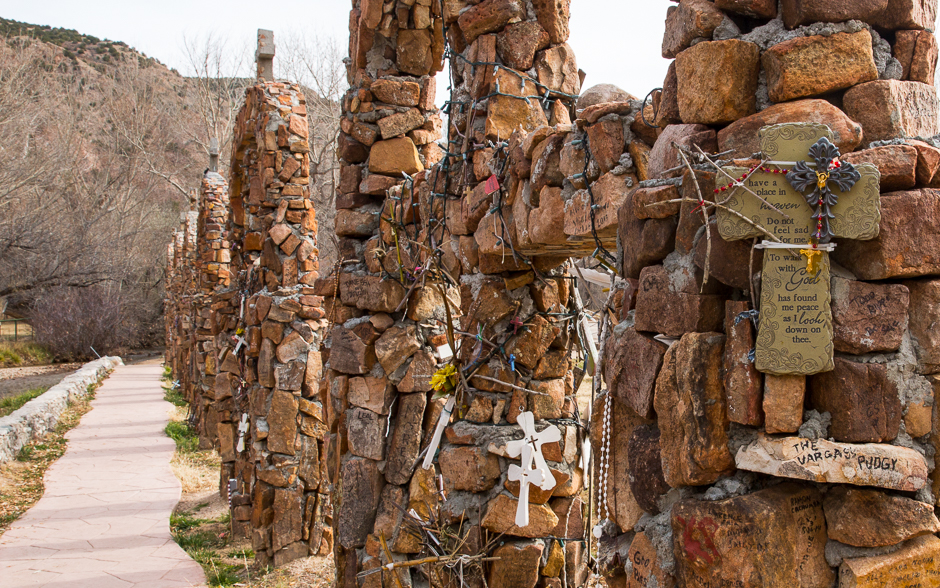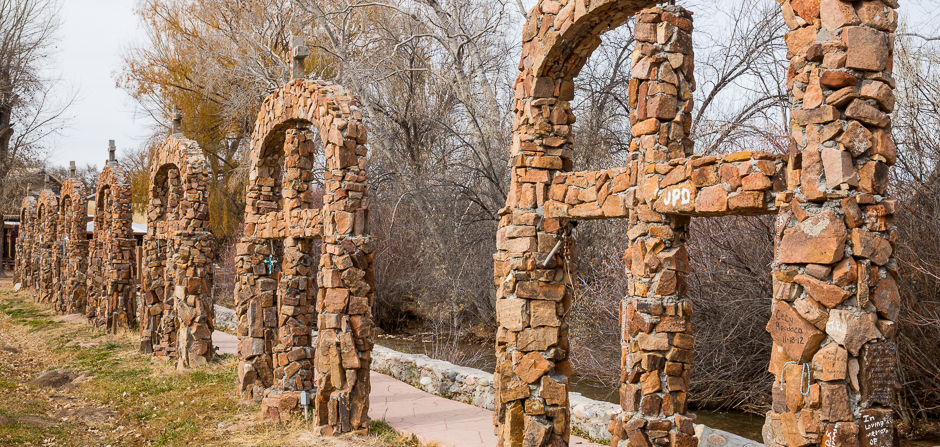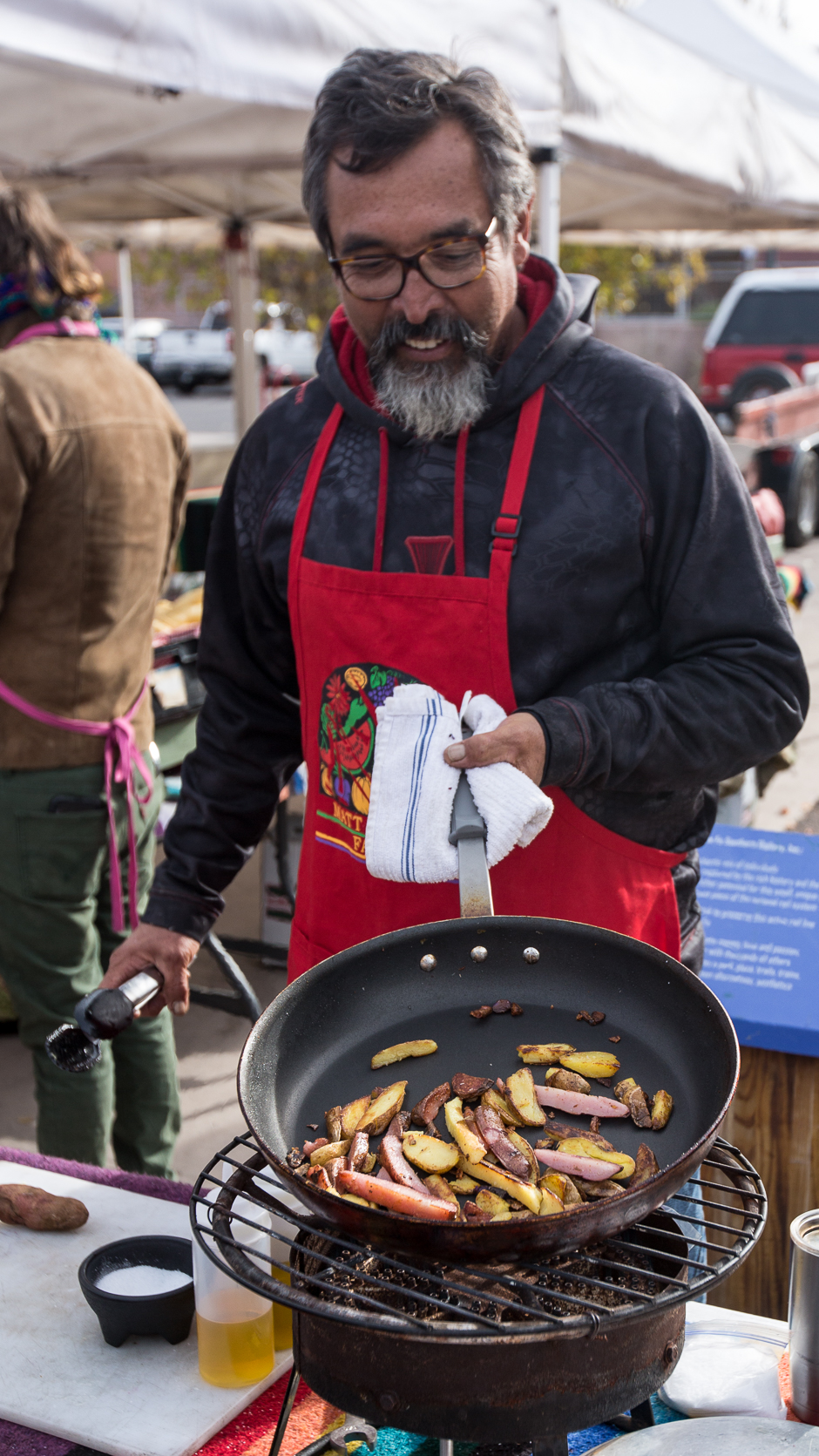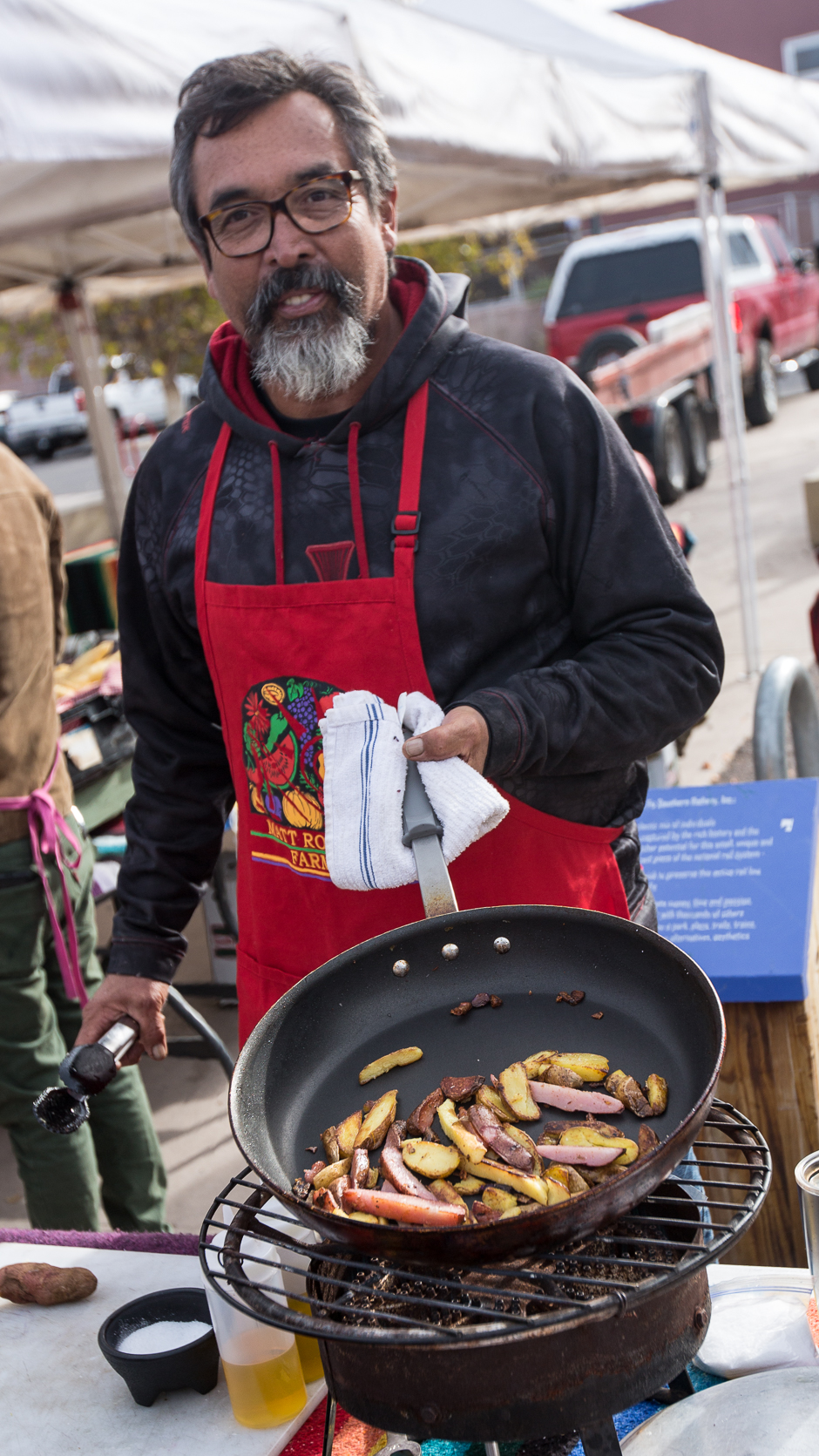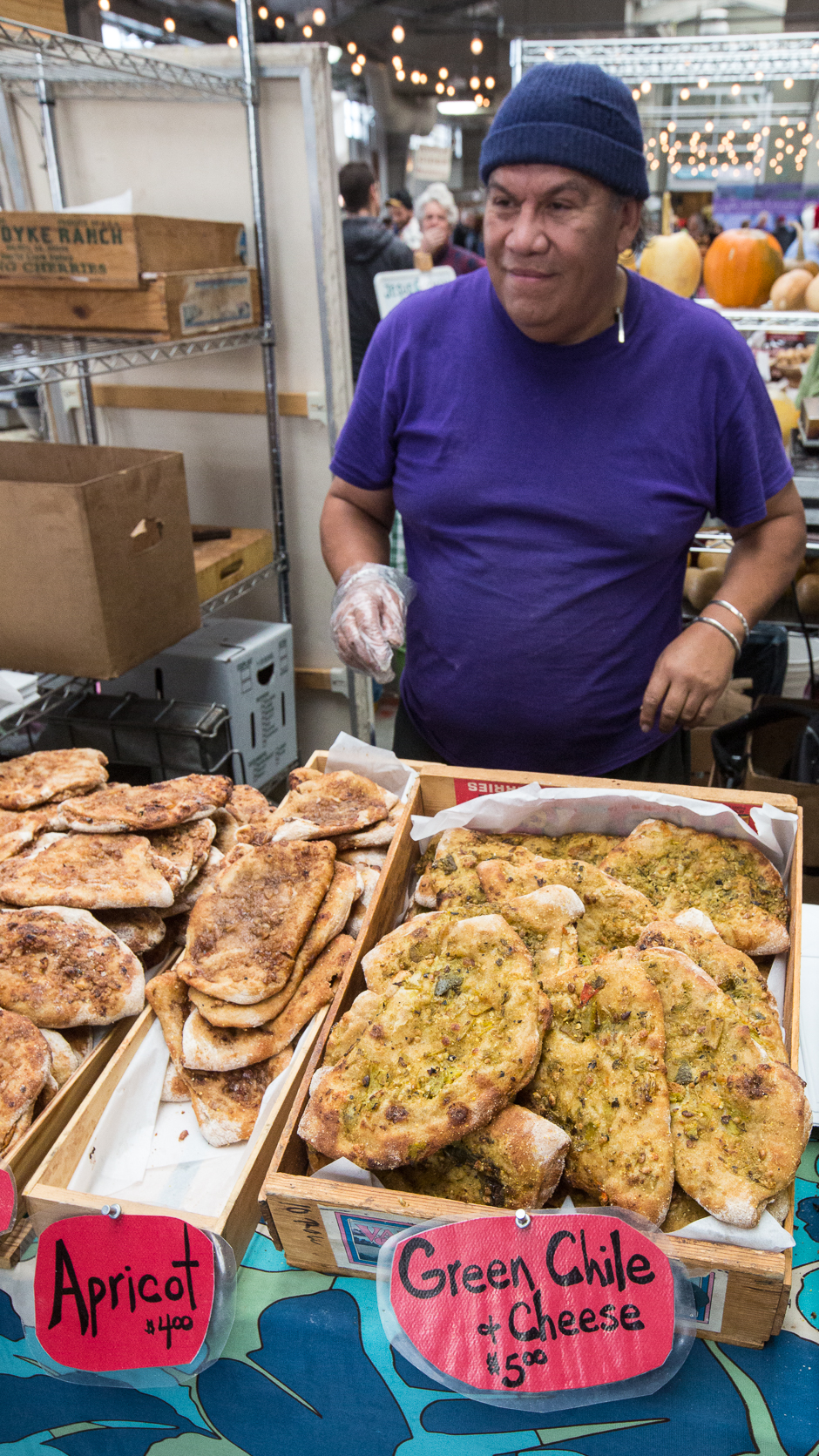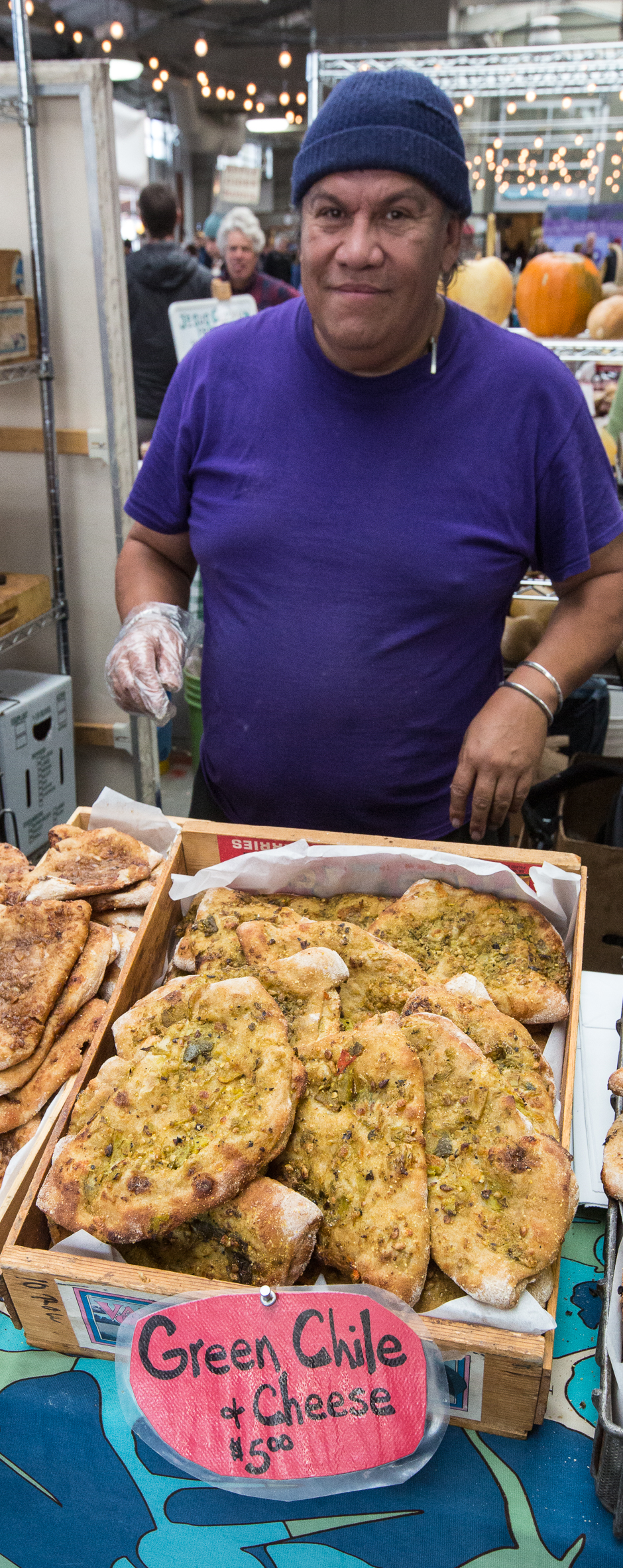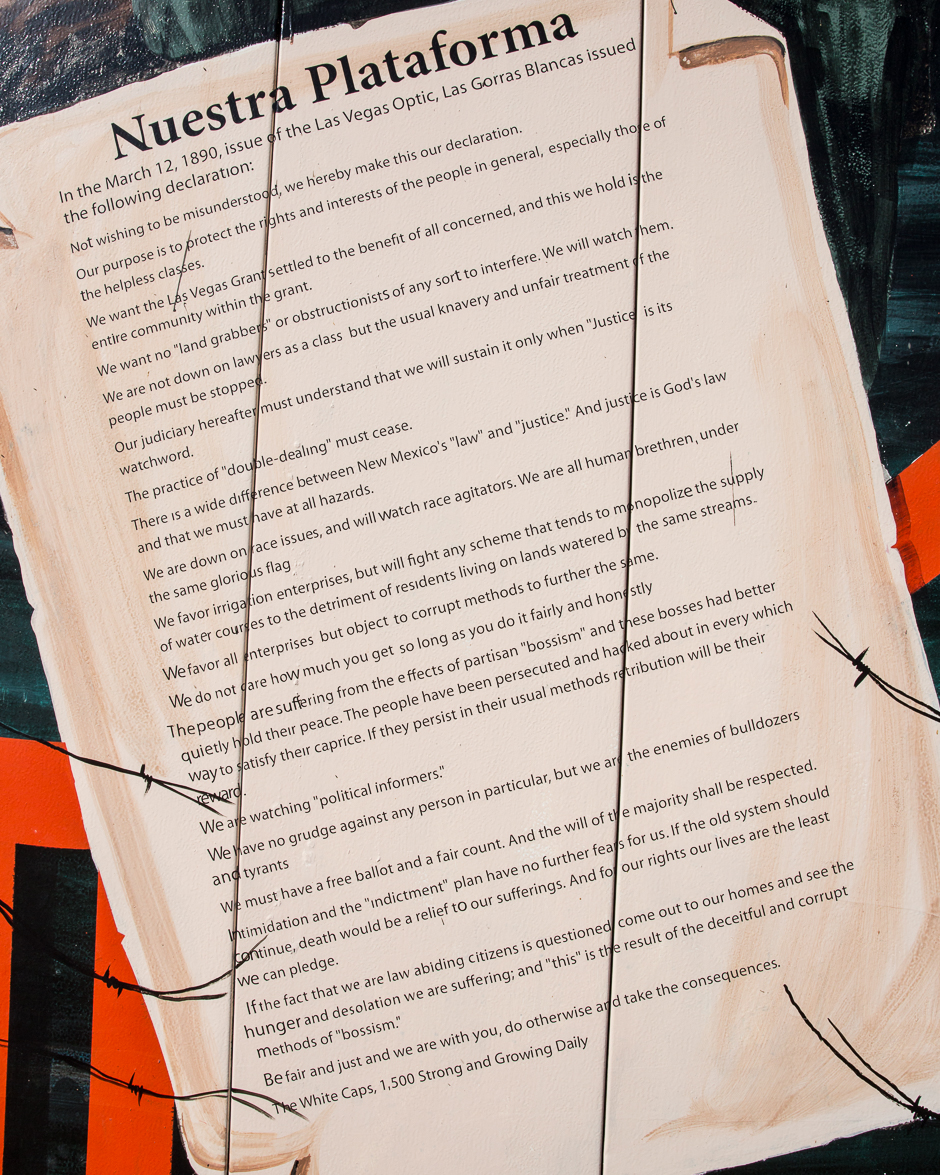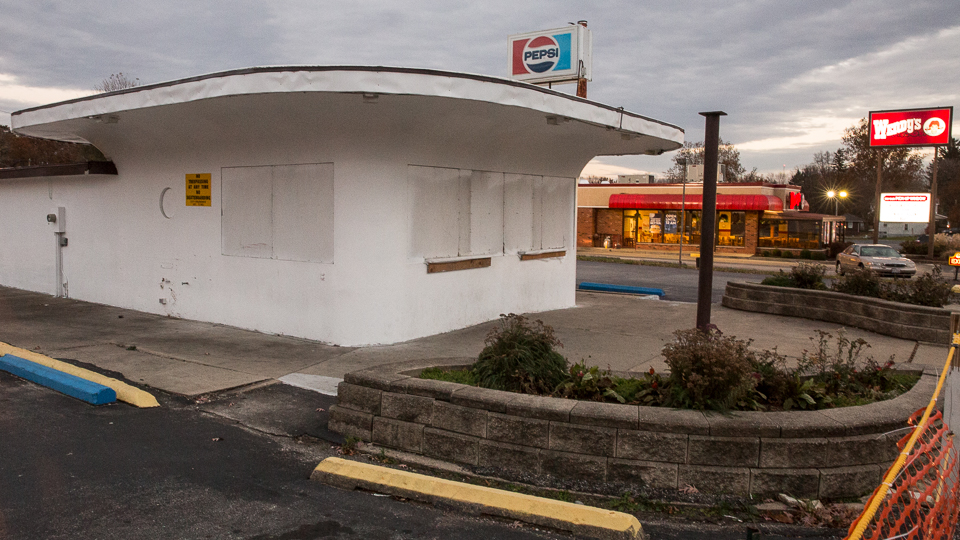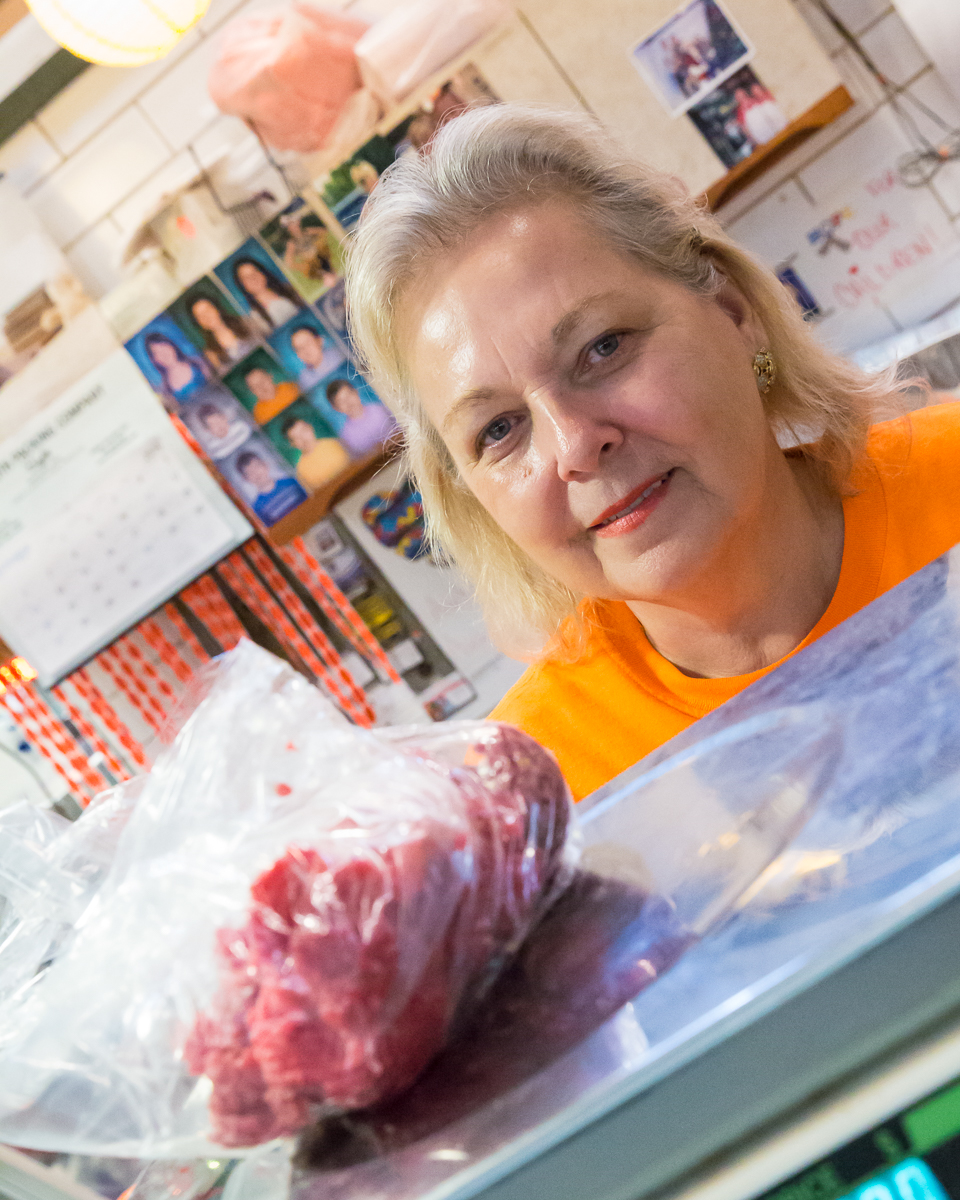Archive for
Kasha-Katuwe, Cochiti Pueblo, New Mexico / Tent Rocks National Monument
Warning: Use of undefined constant gad_content_tag_filter_replace - assumed 'gad_content_tag_filter_replace' (this will throw an Error in a future version of PHP) in /home/dx87kwtjkt0i/public_html/wp-content/plugins/web-ninja-google-analytics/webninja_ga.php on line 1813
Pueblo de Cochiti , New Mexico
The Pueblo de Cochiti has always considered this area a significant place.
“Kasha-Katuwe” means “white cliffs” in the traditional Keresan language of the pueblo.
The cone-shaped tent rock formations are the products of volcanic eruptions that occurred 6 to 7 million years ago and left pumice, ash and tuff deposits over 1,000 feet thick.
Tremendous explosions from the Jemez volcanic field spewed pyroclasts (rock fragments), while searing hot gases blasted down slopes in an incandescent avalanche called a “pyroclastic flow.”
Precariously perched on many of the tapering hoodoos are boulder caps that protect the softer pumice and tuff below.
Some tents have lost their hard, resistant caprocks and are disintegrating.
While fairly uniform in shape, the tent rock formations vary in height from a few feet to 90 feet.
As the result of uniform layering of volcanic material, bands of grey are interspersed with beige and pink-colored rock along the cliff face.
Over time, wind and water cut into these deposits creating canyons and arroyos, scooping holes in the rock, and contouring the ends of small, inward ravines into smooth semi-circles.
Surveys have recorded many archaeological sites reflecting human occupation spanning 4,000 years.
During the 14th and 15th centuries, several large ancestral pueblos were established and their descendants, the Pueblo de Cochiti, still inhabit the surrounding area.
In 1540, the Spanish explorer Francisco Vasquez de Coronado made mention of the Pueblo de Cochiti in their diaries.
Throughout the 17th century, settlers would follow Juan de Oñate’s route along the Rio Grande Valley, bringing trade, farming and domestic animals, and claiming land grants from the Spanish Crown.
In 1680, the Cochiti people joined other pueblos in a rebellion that drove the Spaniards south to El Paso, Texas.
By 1870, iron rails stretched into the territory of New Mexico bringing loggers, miners and others to enjoy its rich natural resources.
Chimayo, New Mexico ~ Ortega Weavers
Warning: Use of undefined constant gad_content_tag_filter_replace - assumed 'gad_content_tag_filter_replace' (this will throw an Error in a future version of PHP) in /home/dx87kwtjkt0i/public_html/wp-content/plugins/web-ninja-google-analytics/webninja_ga.php on line 1813
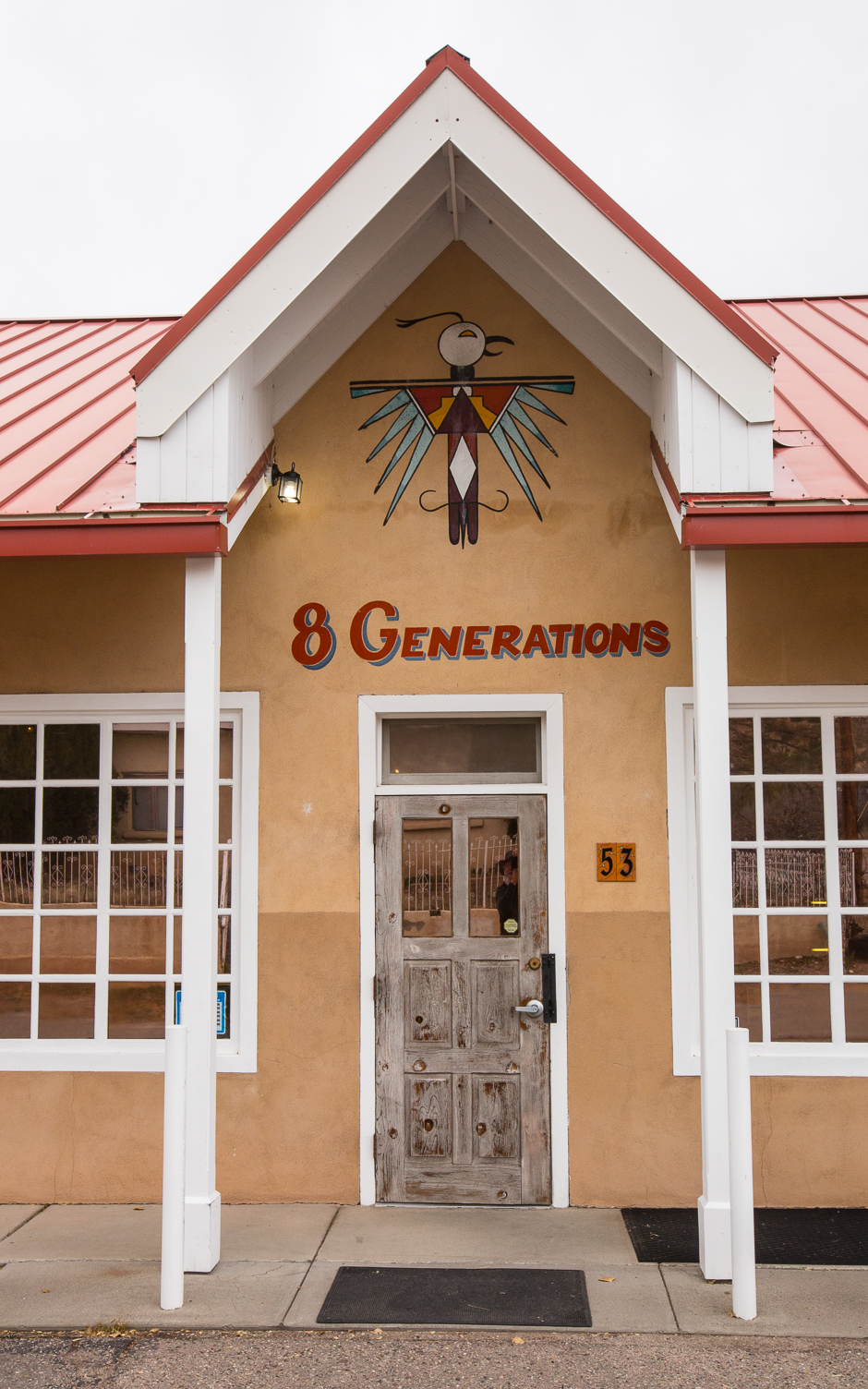 Eight going on Nine Generations of Chimayo-style Weavers
Eight going on Nine Generations of Chimayo-style Weavers
Wool Rugs, Blankets, Coats and Vests
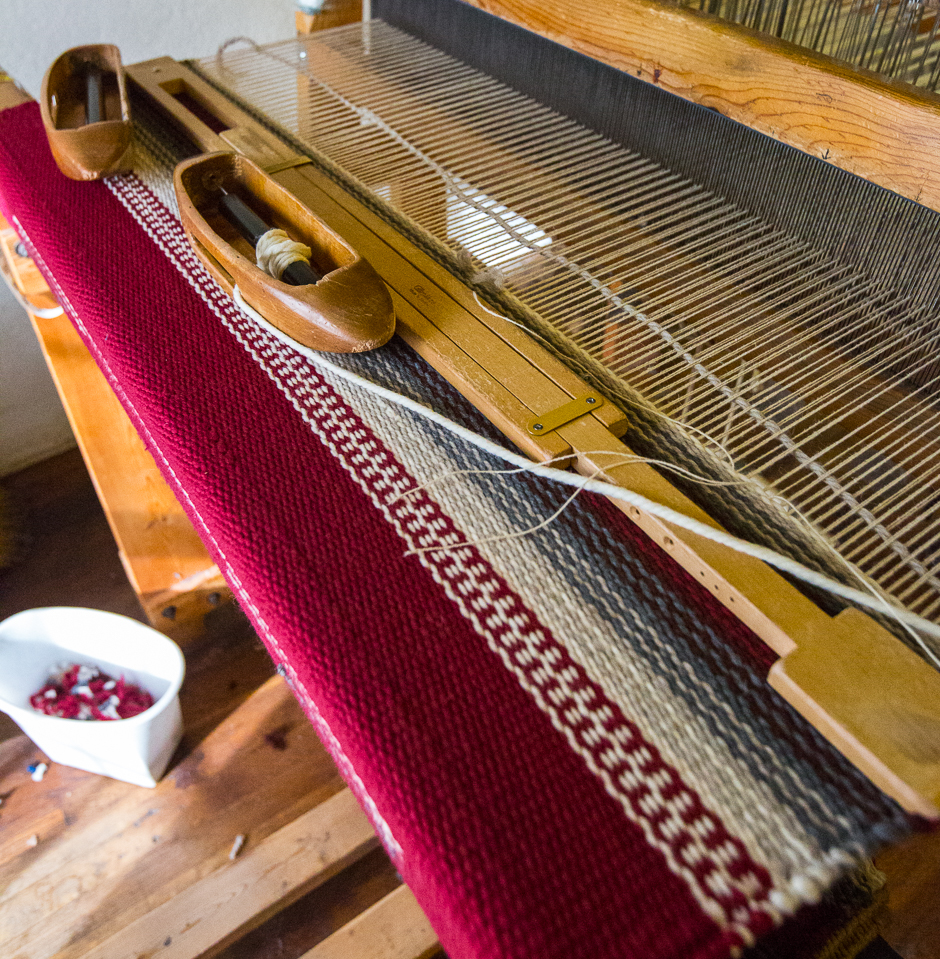 Mr Alan Ortega, Seventh Generation Ortega~ Chimayo Weaver. at his loom.
Mr Alan Ortega, Seventh Generation Ortega~ Chimayo Weaver. at his loom.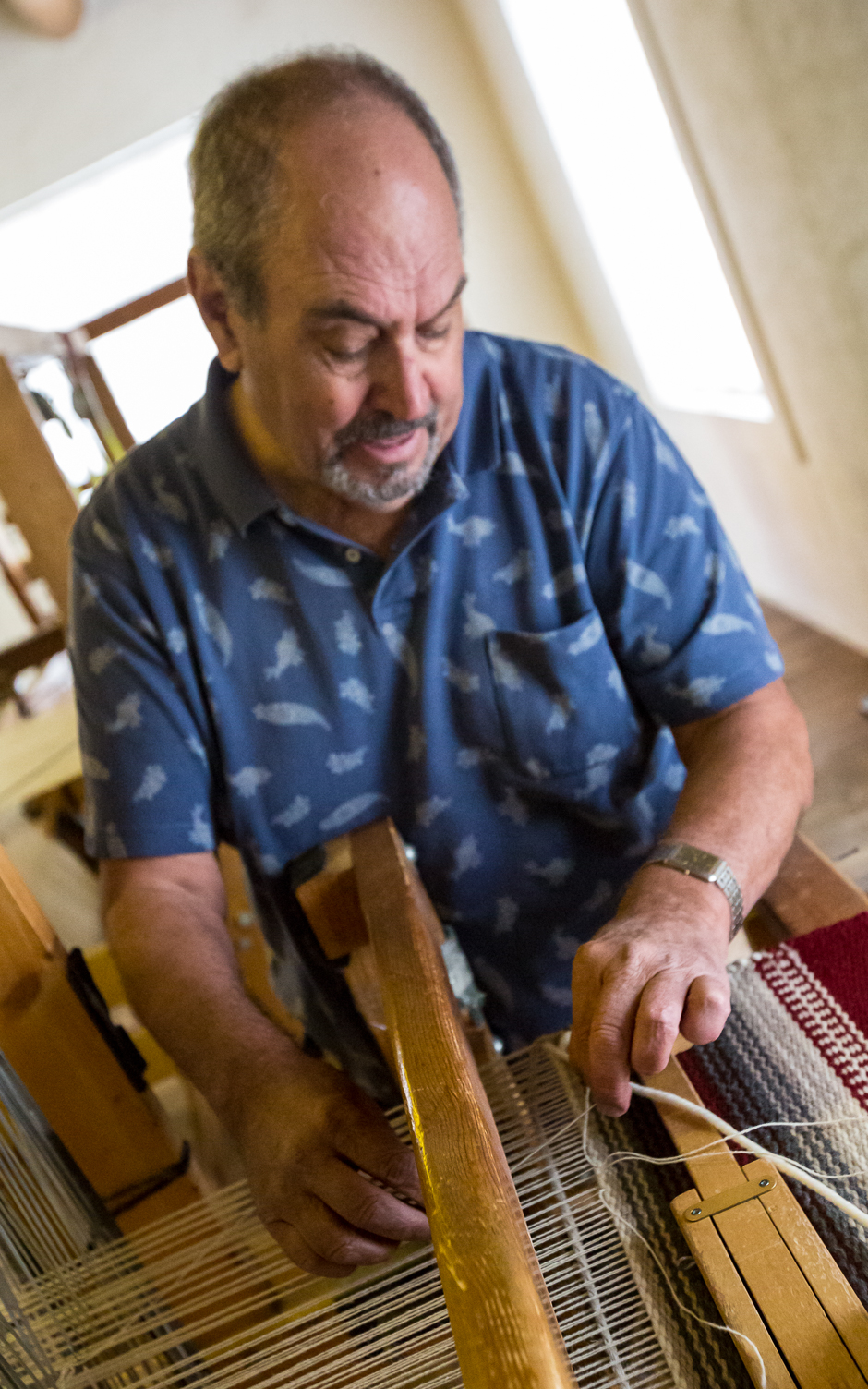
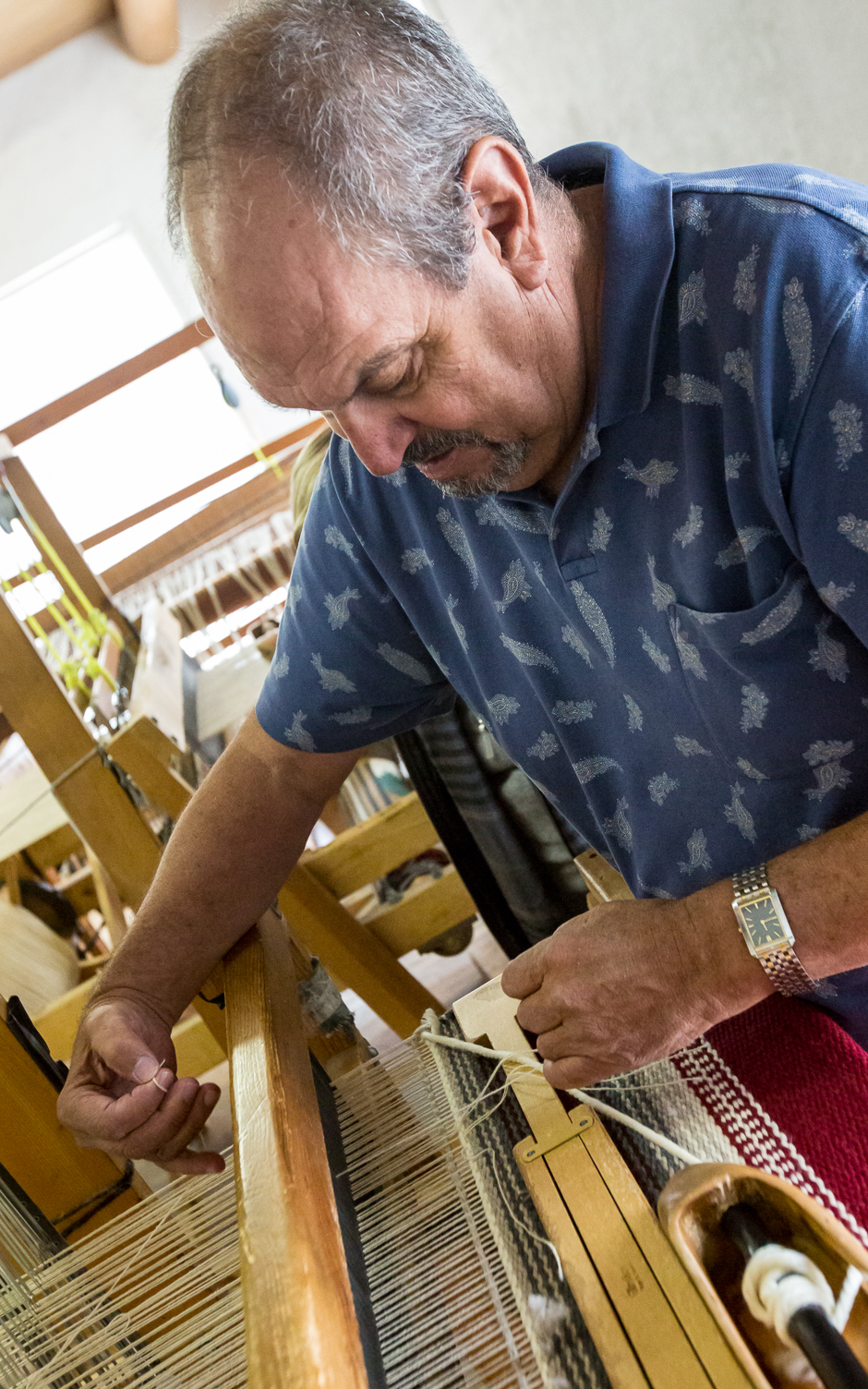
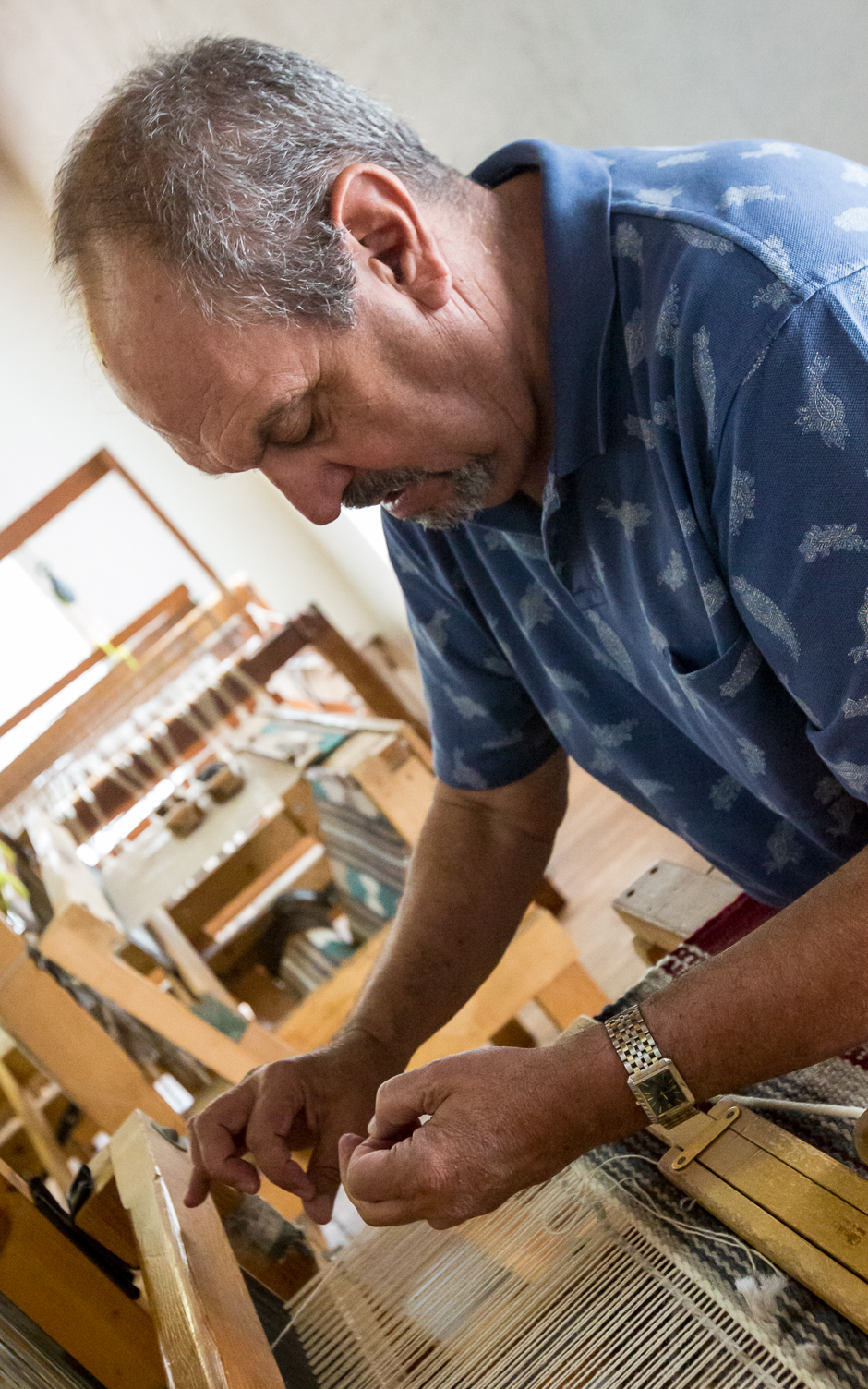 Alan Ortega spoke with pride of a ninth generation of Oretga weavers, one of them being a 26 year old grand-daughter.
Alan Ortega spoke with pride of a ninth generation of Oretga weavers, one of them being a 26 year old grand-daughter.
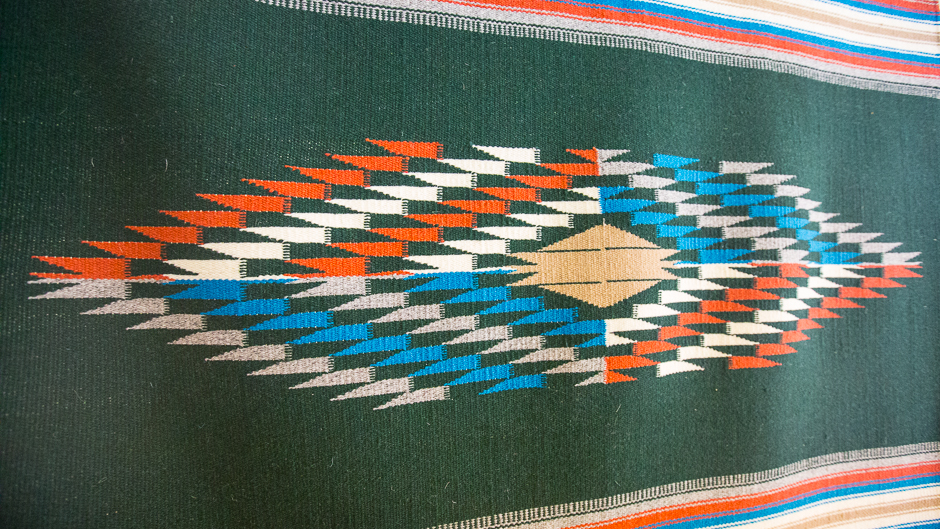
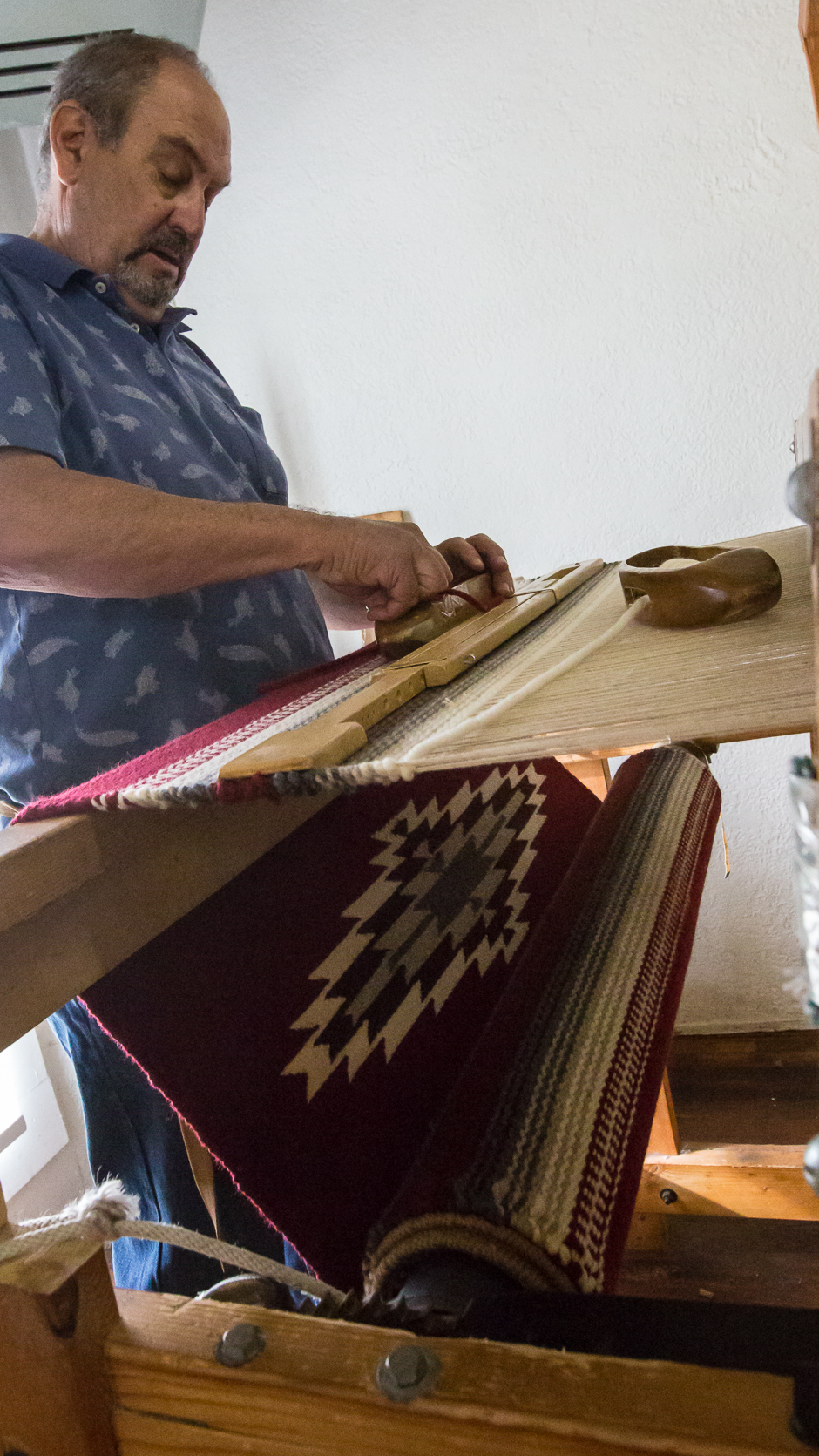
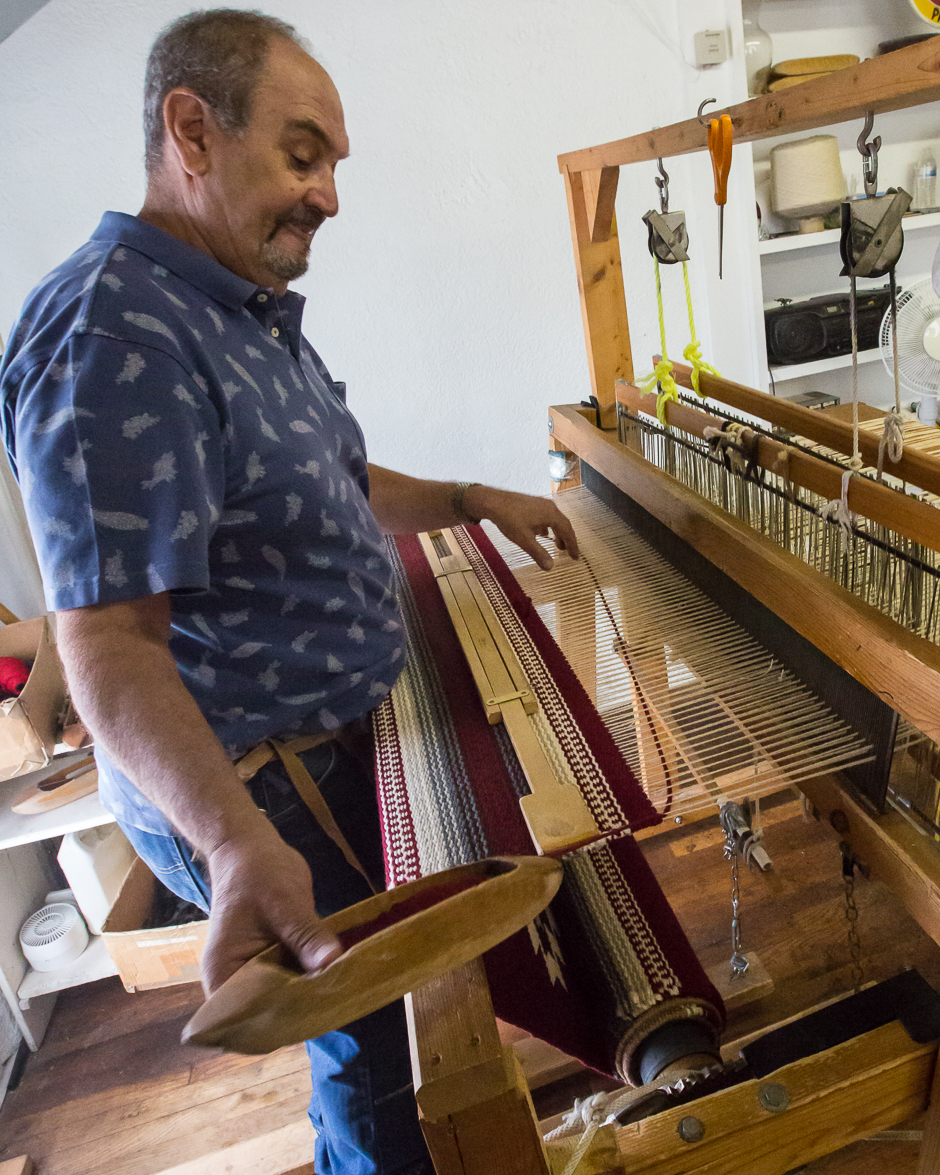 Warp and Woof
Warp and Woof 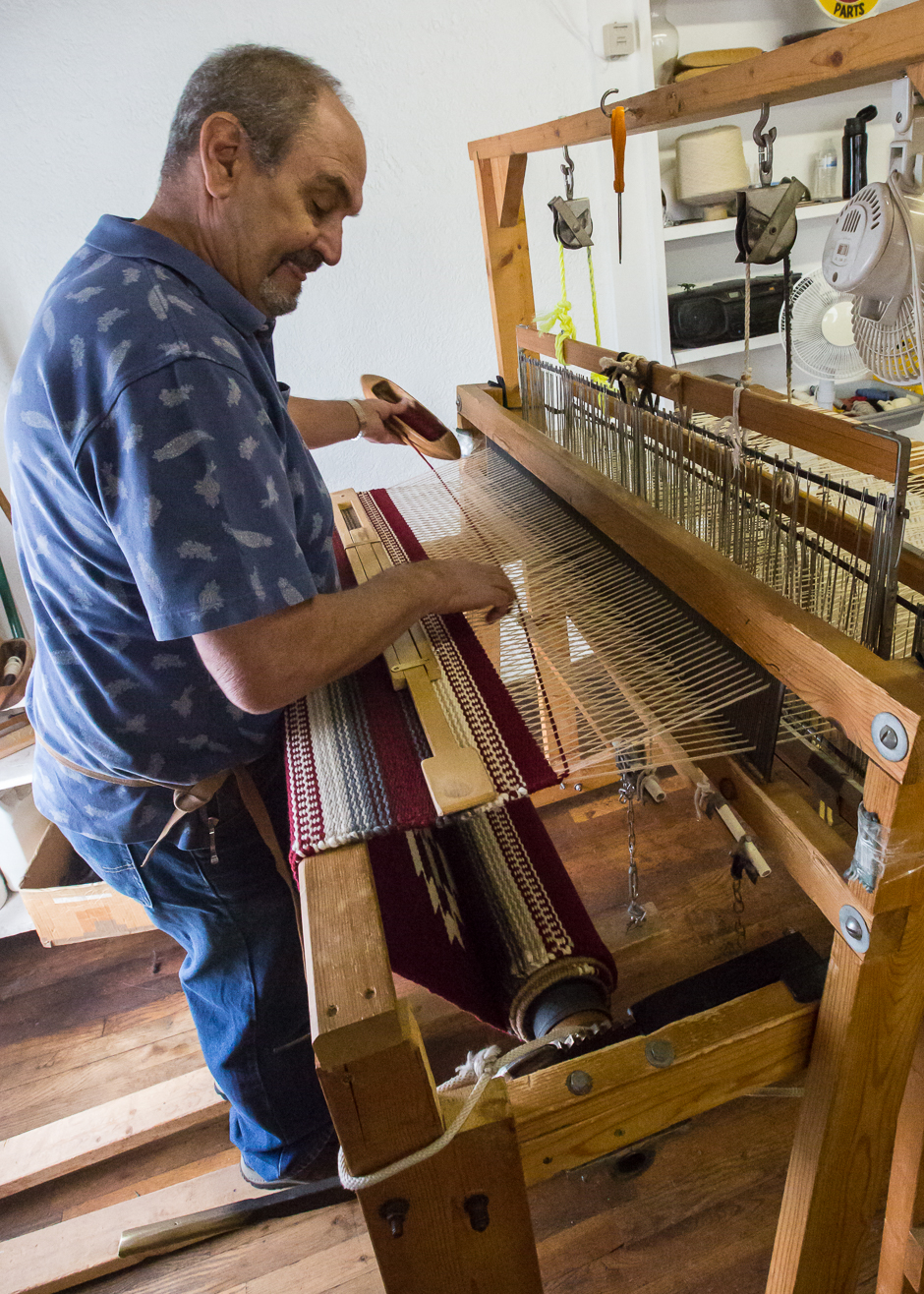
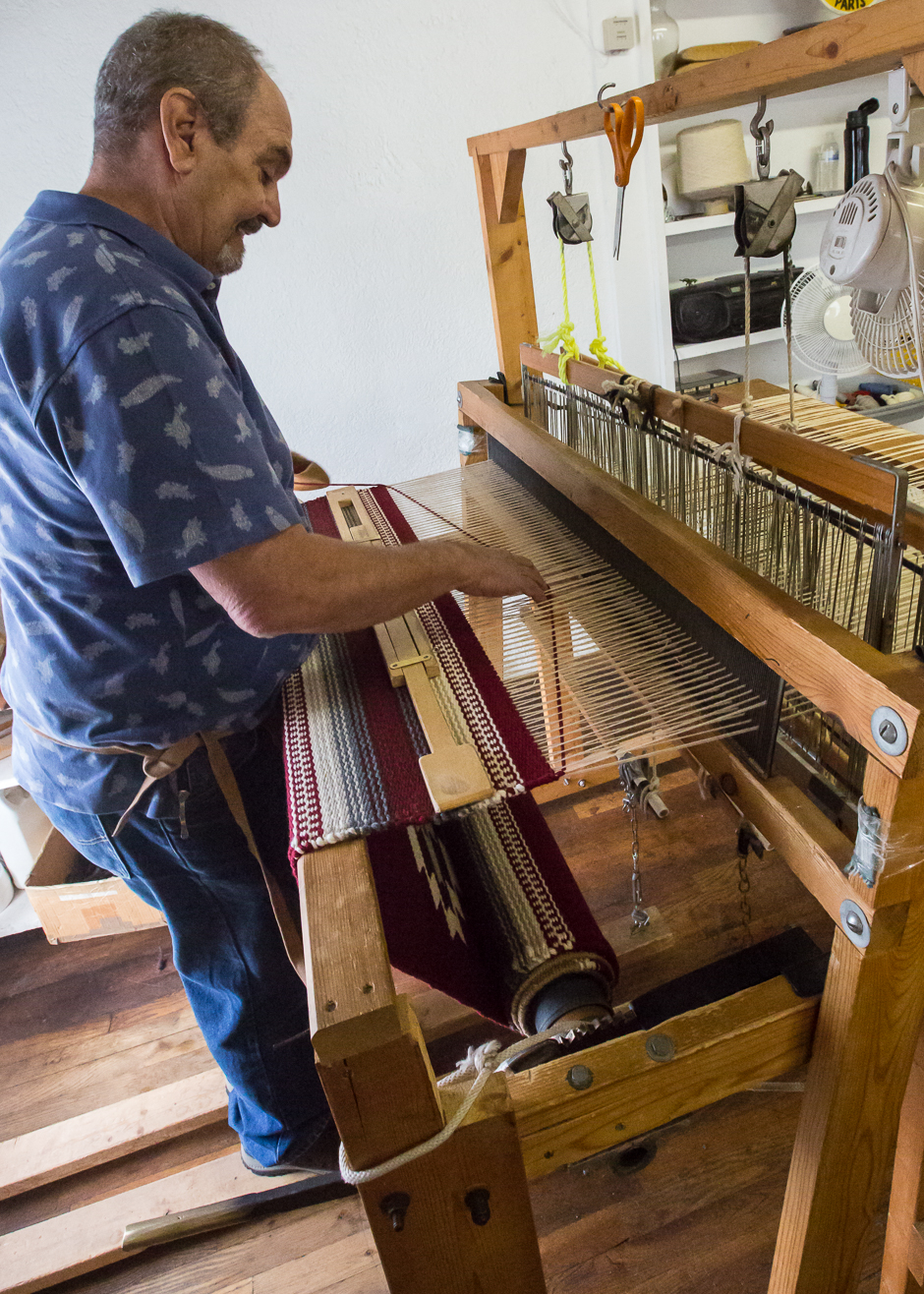
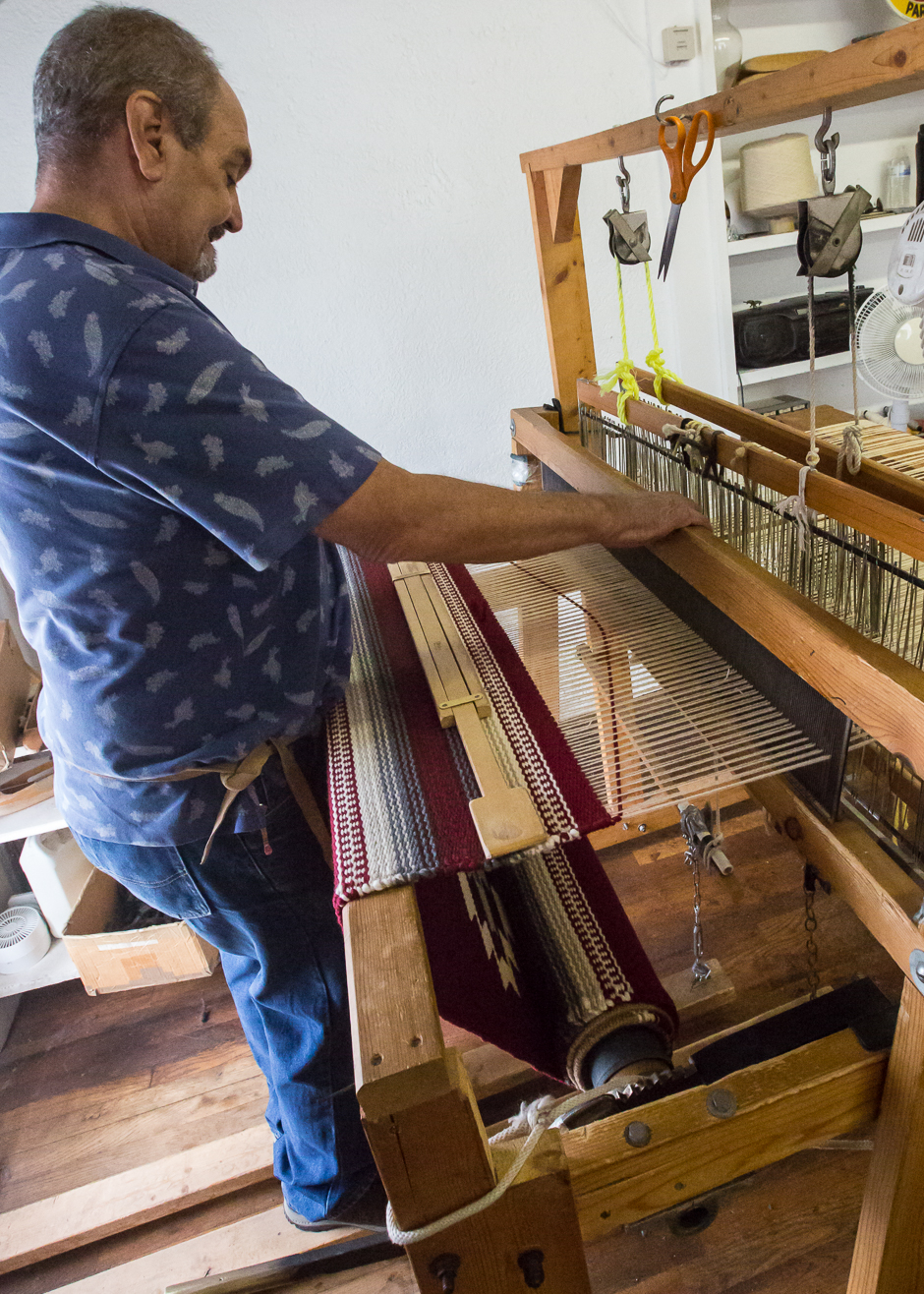
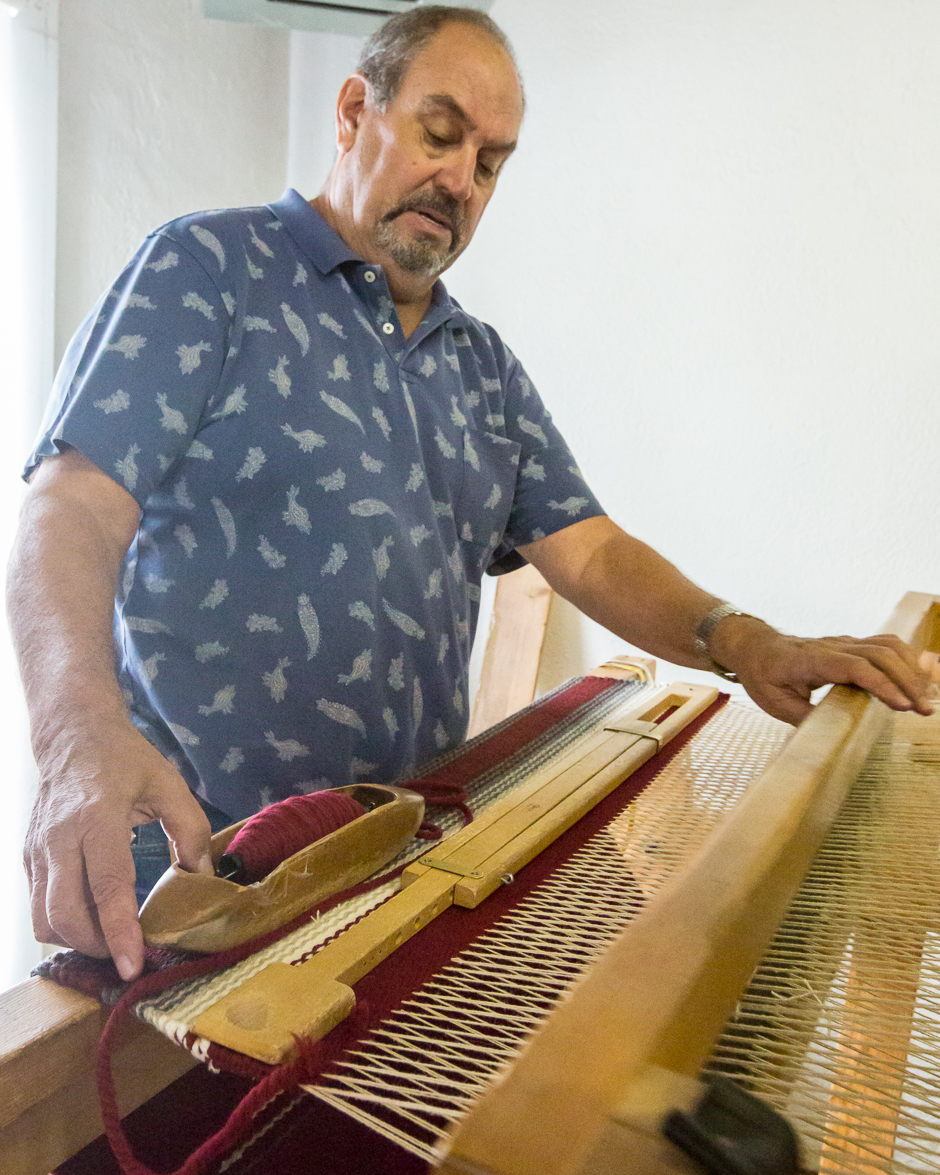 “The Tradition of Gabriel Ortega”
“The Tradition of Gabriel Ortega”
Ortega Weaving Shop and Galeria Ortega
By Evita Ortega
In the early 1700’s, a young man named Gabriel Ortega was among a group of settlers who came to the Northern Rio Grande Valley to settle in what is now Chimayo, New Mexico. In those days Chimayo and the surrounding area were the last frontier of New Spain. Life was difficult which meant Gabriel Ortega and his contemporaries were self-sufficient people. One of the skills needed to survive was weaving, with which they made clothes, blankets, rugs and even mattresses.
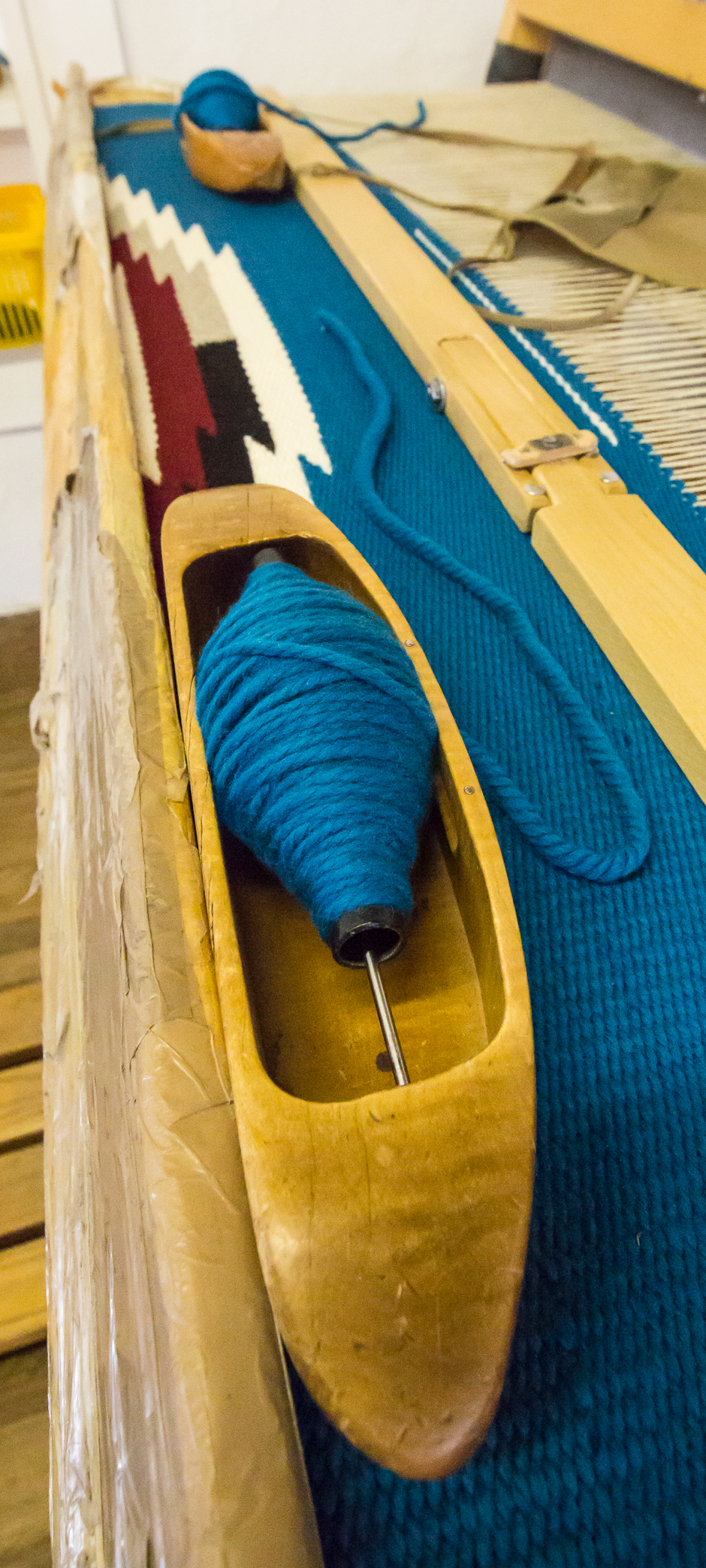 Life continued much the same for Gabriel and his son Manuel, Manuel’s son Jose Gervacio and Jose Gervacio’s son Ramon.
Life continued much the same for Gabriel and his son Manuel, Manuel’s son Jose Gervacio and Jose Gervacio’s son Ramon.
The Ortega’s wove, farmed and made do with what they had.
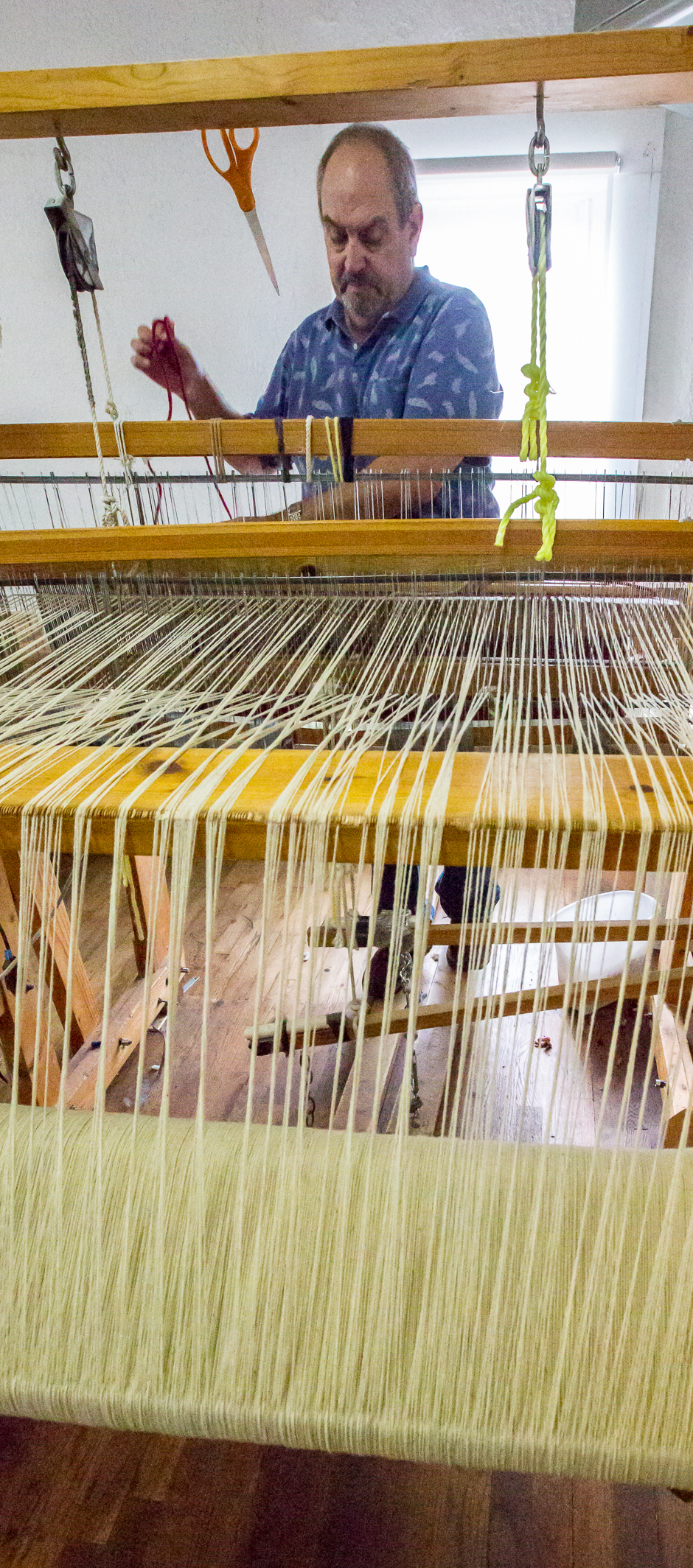 In 1885, a few years after Jose Ramon’s son Nicacio was born, the railroad came to nearby Espanola and things soon began to change. The American culture started to mix with the isolated Spanish and Native American cultures of Northern New Mexico. New products such as roofing, canned foods, tools, sewing machines, etc. became available for the first time. In contrast, the newcomers wanted chile rastras, Indian pottery, hand woven Chimayo blankets and other indigenous products.
In 1885, a few years after Jose Ramon’s son Nicacio was born, the railroad came to nearby Espanola and things soon began to change. The American culture started to mix with the isolated Spanish and Native American cultures of Northern New Mexico. New products such as roofing, canned foods, tools, sewing machines, etc. became available for the first time. In contrast, the newcomers wanted chile rastras, Indian pottery, hand woven Chimayo blankets and other indigenous products.
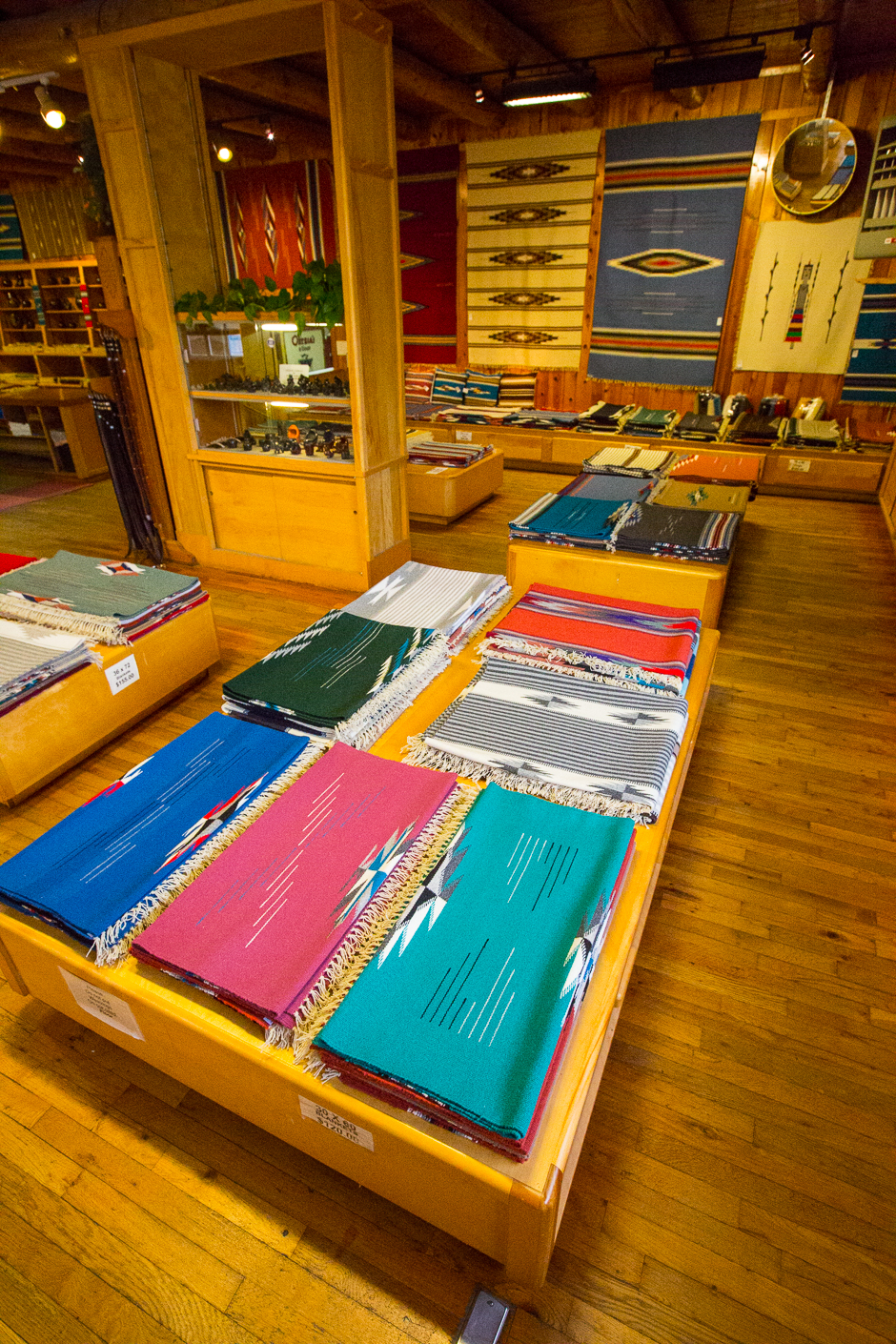 In the early 1900’s, Nicacio and his wife Virginia, who was also from a weaving family, opened a general store in Chimayo. Nicacio had a loom in his store and sold his weavings along with those of his sons, relatives and friends. The demand kept growing as more people discovered Santa Fe and New Mexico.
In the early 1900’s, Nicacio and his wife Virginia, who was also from a weaving family, opened a general store in Chimayo. Nicacio had a loom in his store and sold his weavings along with those of his sons, relatives and friends. The demand kept growing as more people discovered Santa Fe and New Mexico.
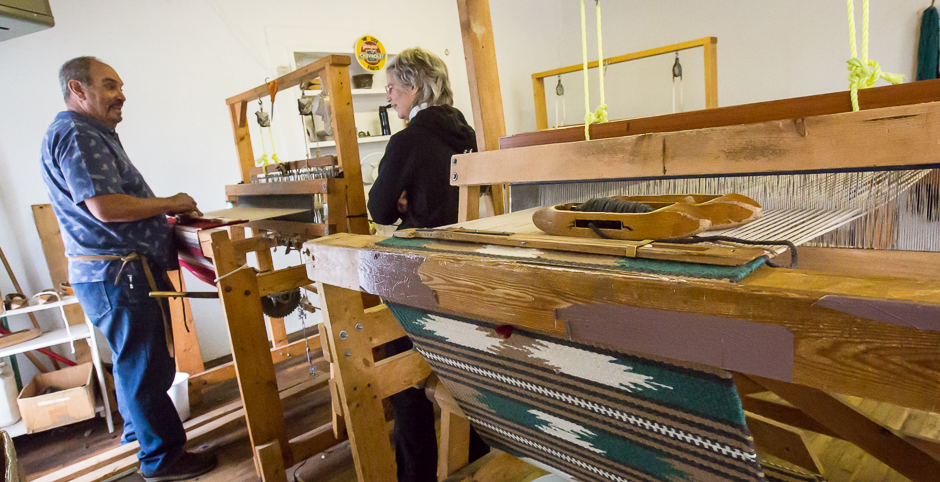 After World War II, Nicacio’s sons, Jose Ramon and David, along with their wives Bernie and Jeanine joined their father’s business. It continued to grow. The Ortega’s hired other families to help keep up with the demand. They started to make coats, vests, purses and other apparel out of their weavings. The general store was a thing of the past and the present day Ortega’s Weaving Shop came into being.
After World War II, Nicacio’s sons, Jose Ramon and David, along with their wives Bernie and Jeanine joined their father’s business. It continued to grow. The Ortega’s hired other families to help keep up with the demand. They started to make coats, vests, purses and other apparel out of their weavings. The general store was a thing of the past and the present day Ortega’s Weaving Shop came into being.
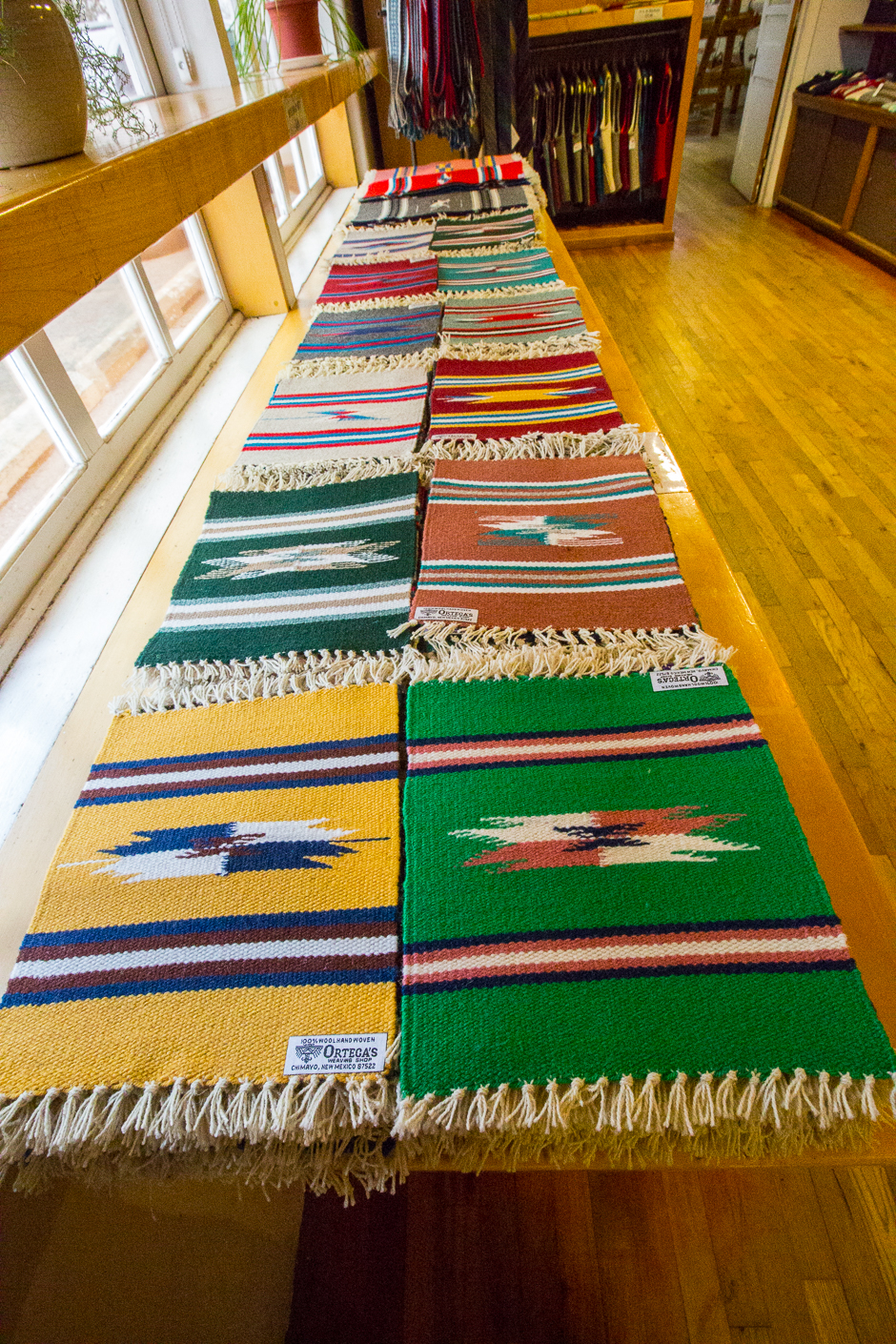 Nicacio passed away in 1964 and Jose Ramon in 1972. David and Jeanine kept up the tradition and in the mid-1970’s were joined by their sons Andrew and Robert. In addition, David’s brother Merardo opened a shop in Old Town Albuquerque to sell the families weavings.
Nicacio passed away in 1964 and Jose Ramon in 1972. David and Jeanine kept up the tradition and in the mid-1970’s were joined by their sons Andrew and Robert. In addition, David’s brother Merardo opened a shop in Old Town Albuquerque to sell the families weavings. 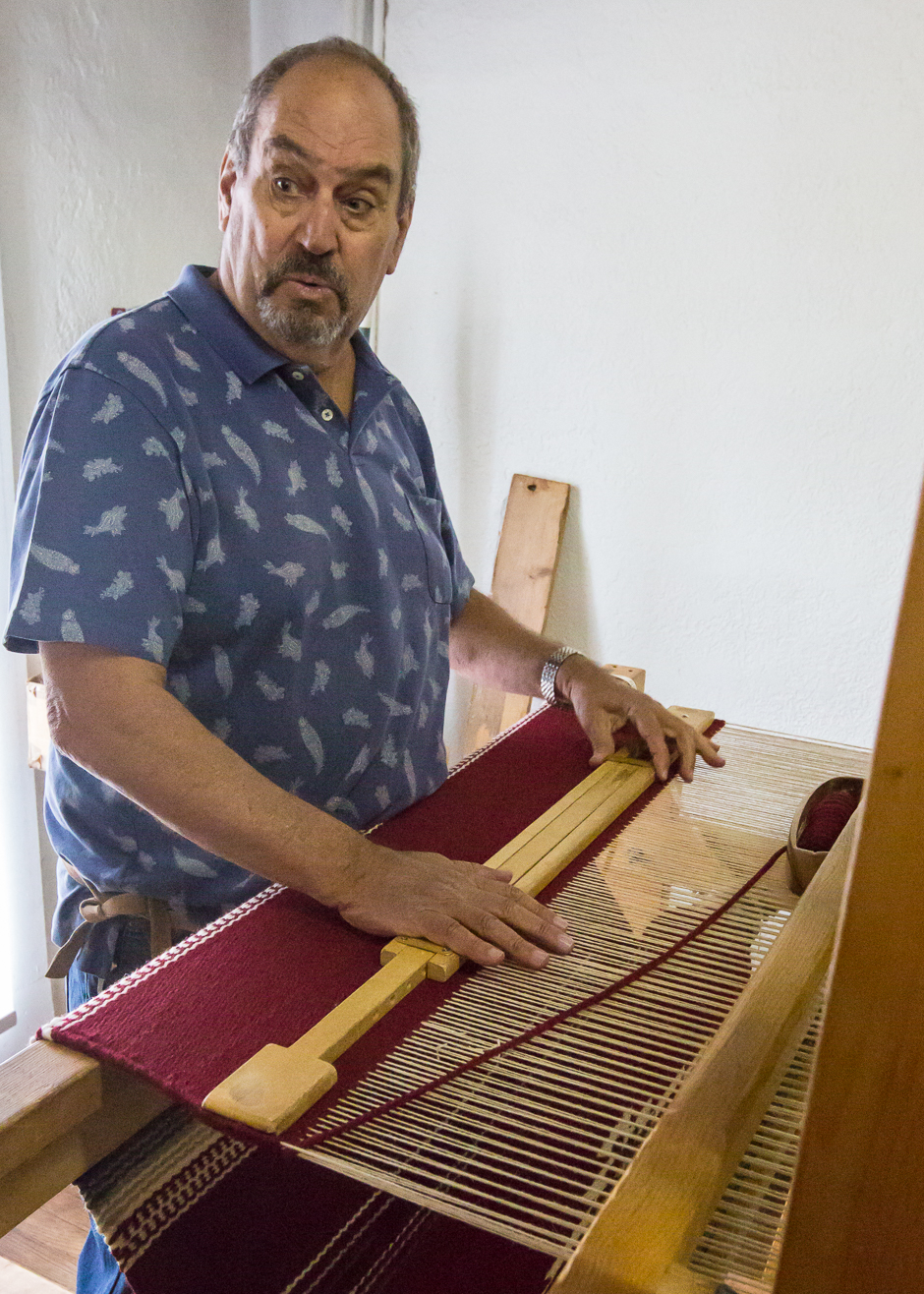
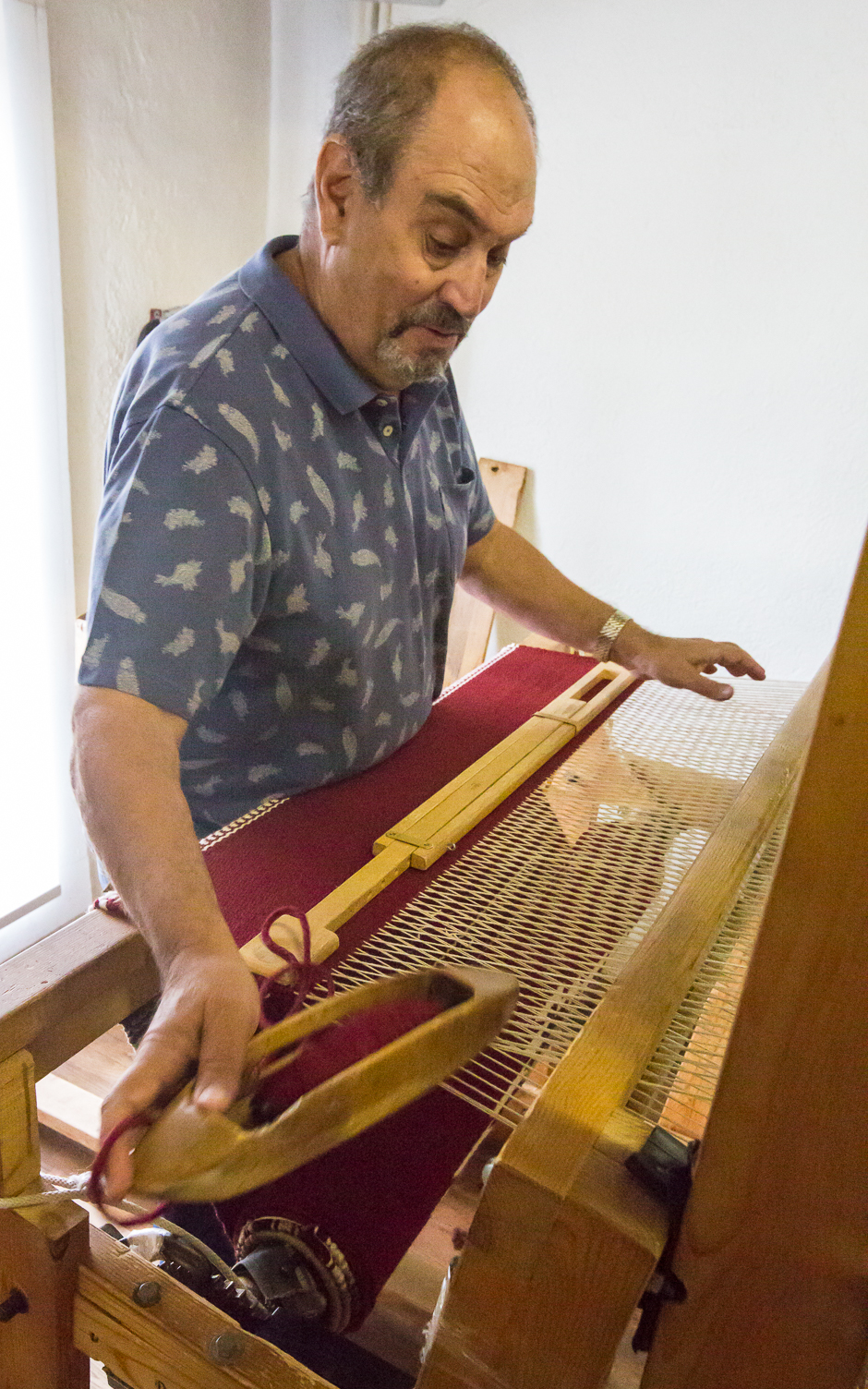
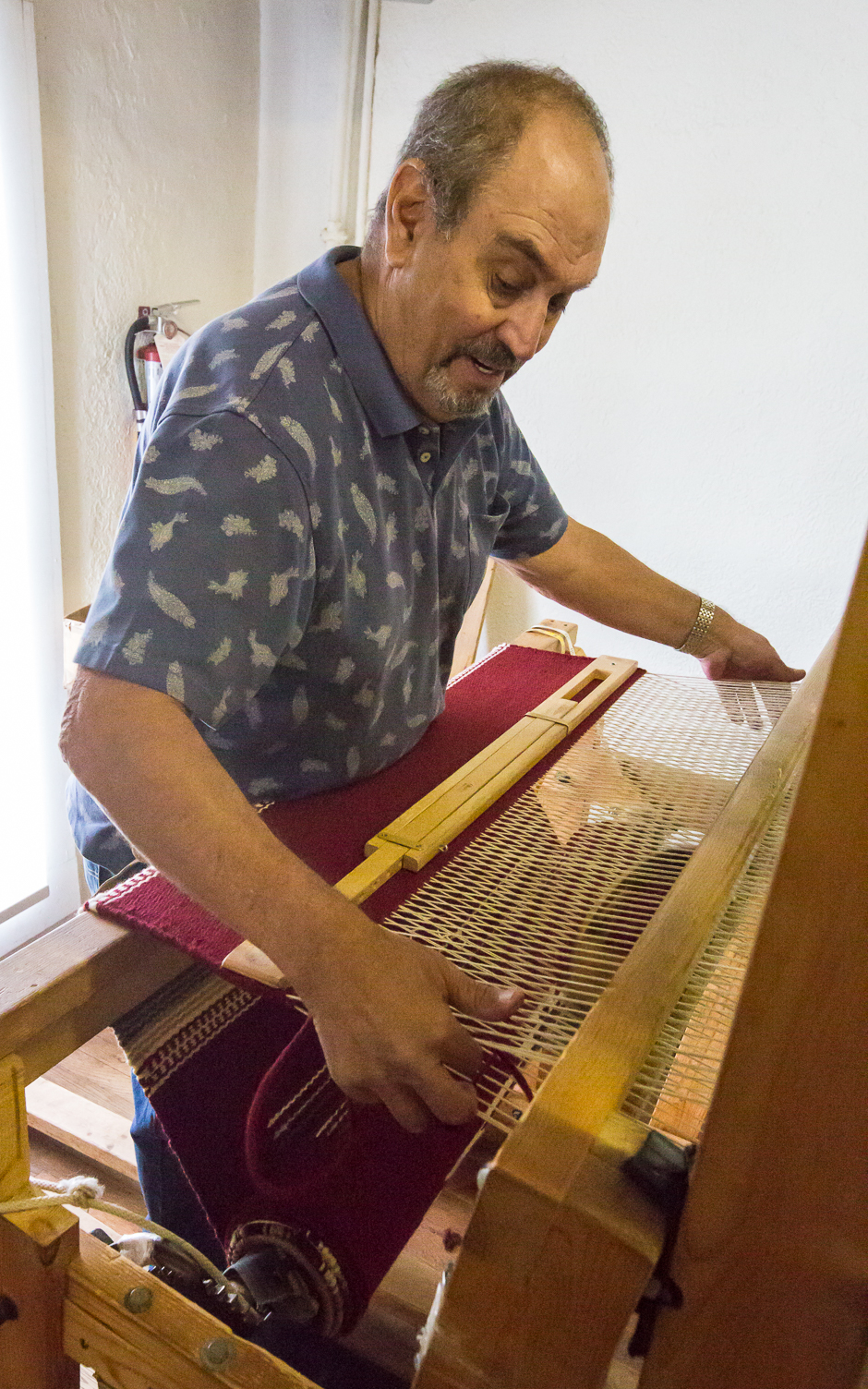
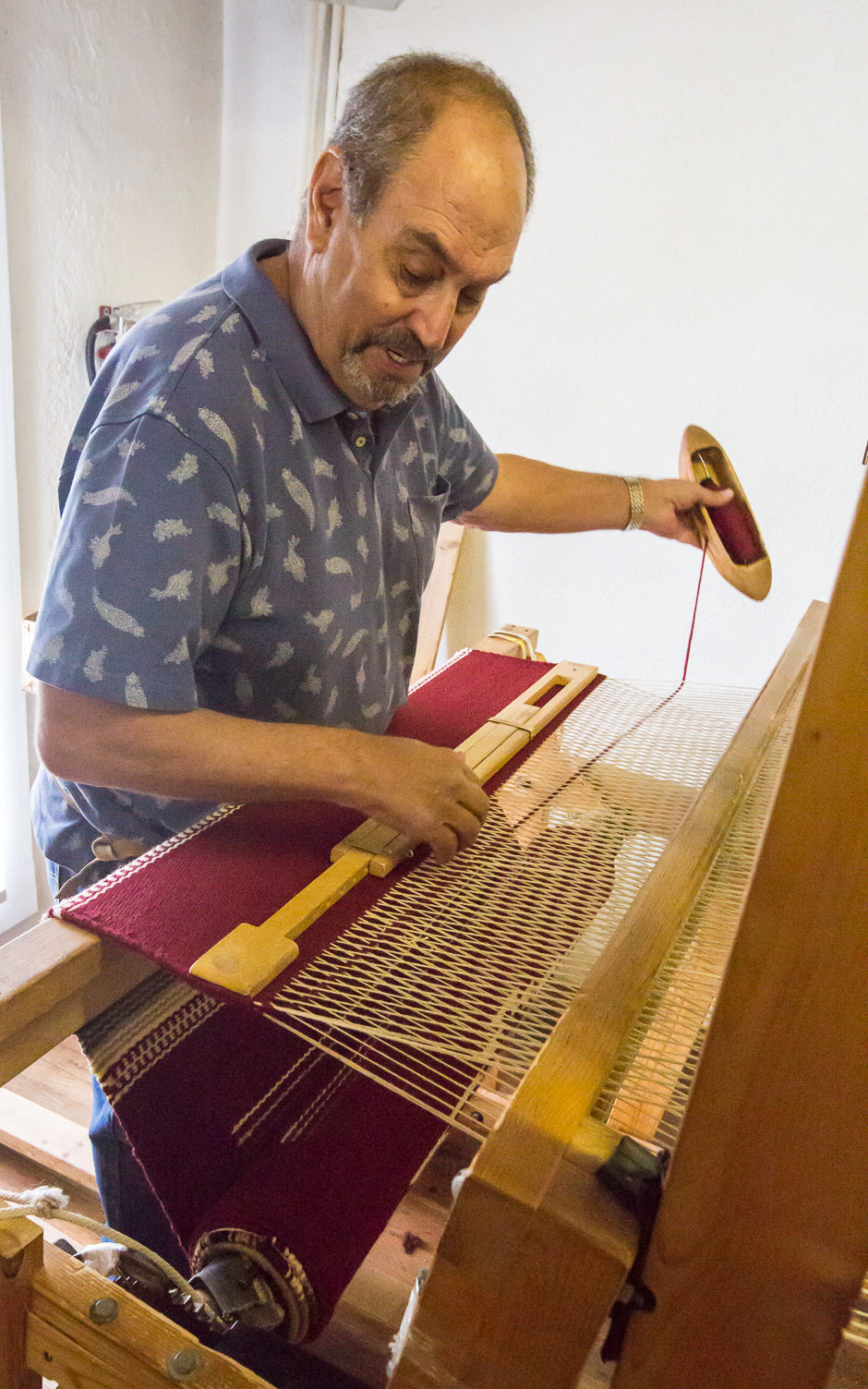
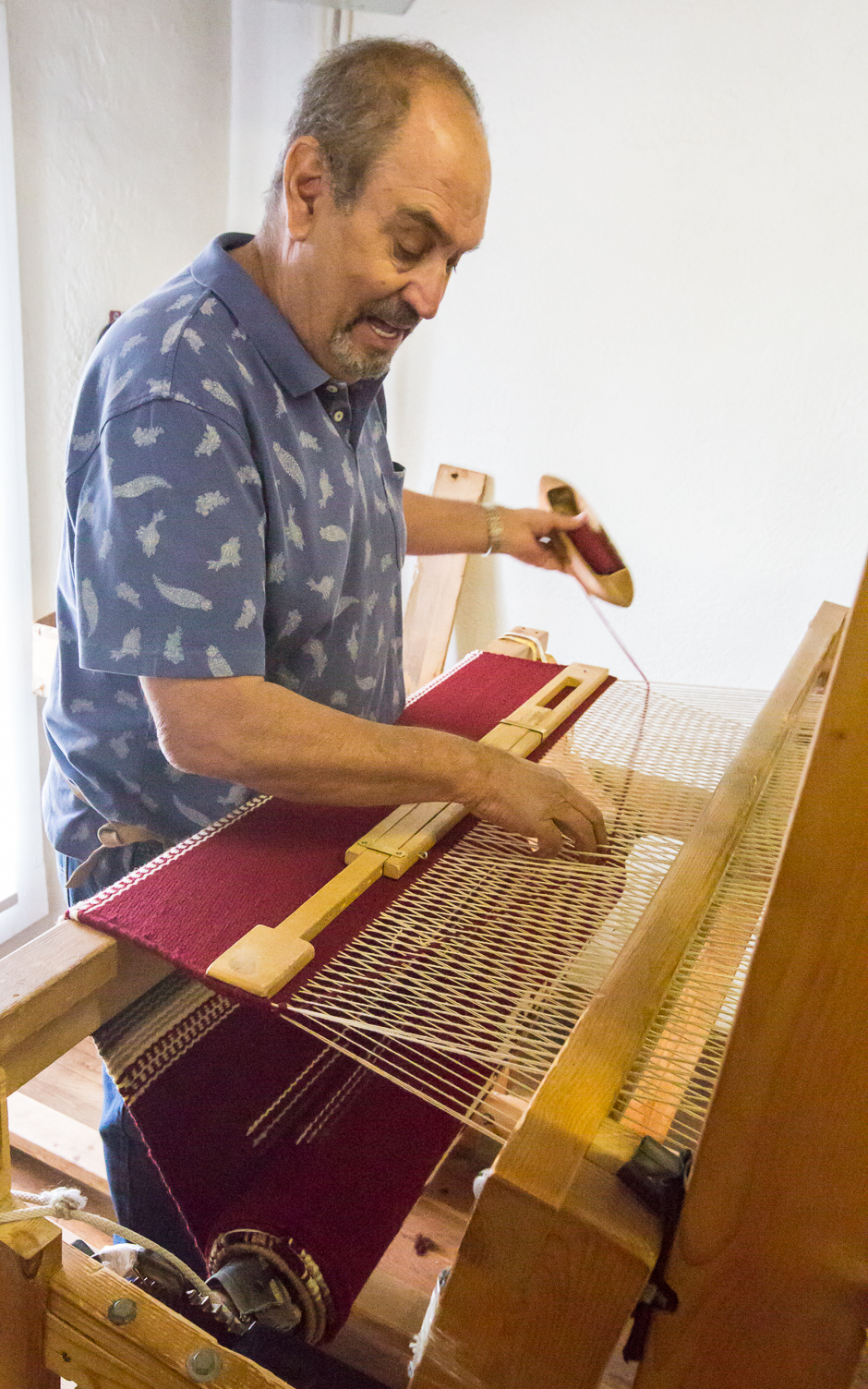
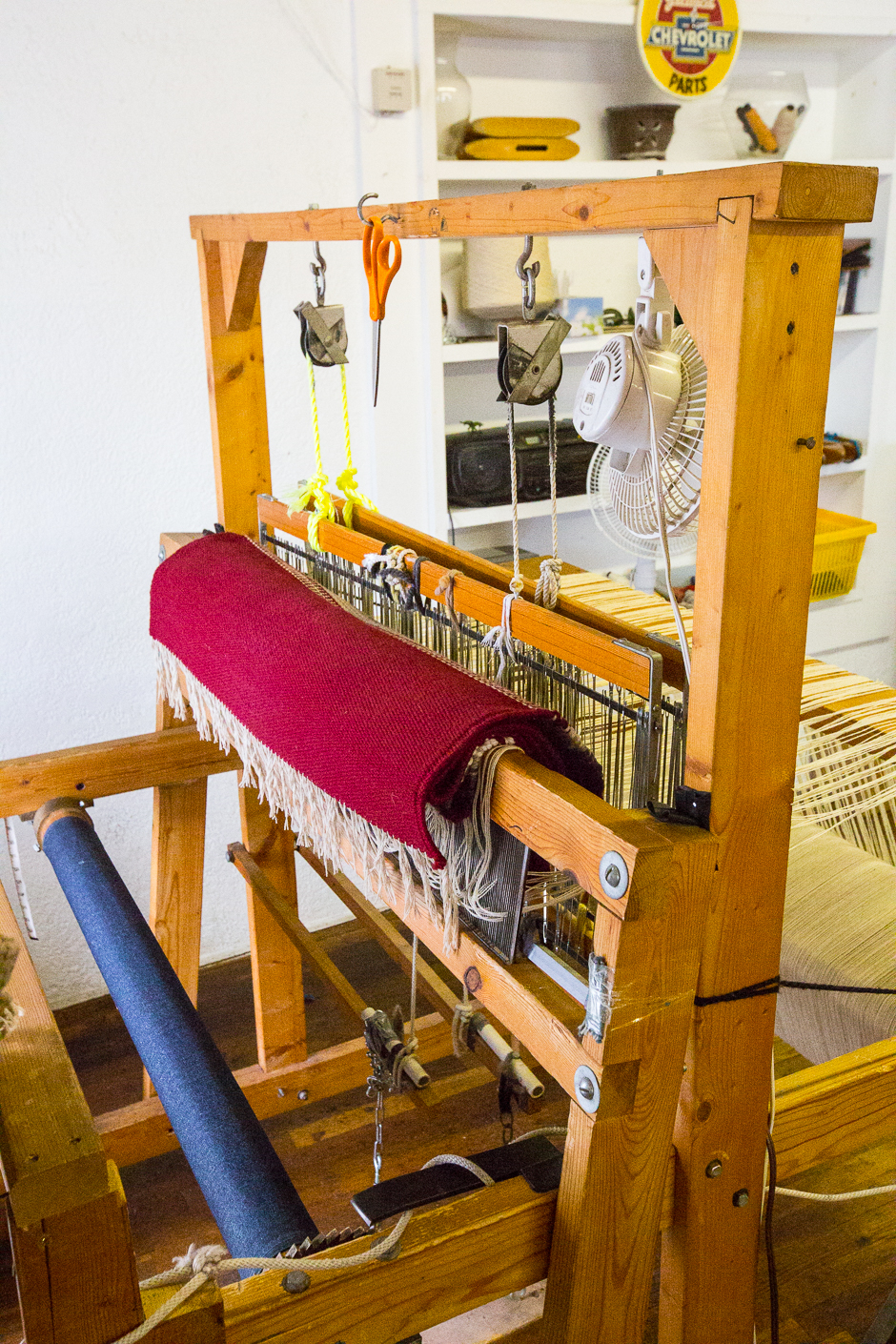
 In the mid-1980’s, Andrew and his wife Evita opened Galeria Ortega in the old home of Jose Ramon. They wanted to feature the other arts and crafts of the people of New Mexico. At Galeria Ortega you will find the same respect for traditions of New Mexico with their fine selections of gifts, woodcarvings art, music, pottery, Kachinas, books, cards, T-shirts, chile and native food products and even a cup of coffee and a “bizcochito” the New Mexico state cookie. Galeria Ortega is a somewhat modern version of Nicacio’s general store, complete with Andrew’s looms and the weavings of Andrew, his father David and Andrew’s children Katherine and Paul the eighth generation of Ortega weavers. Visit Galeria Ortega at www.galeriaortega.com.
In the mid-1980’s, Andrew and his wife Evita opened Galeria Ortega in the old home of Jose Ramon. They wanted to feature the other arts and crafts of the people of New Mexico. At Galeria Ortega you will find the same respect for traditions of New Mexico with their fine selections of gifts, woodcarvings art, music, pottery, Kachinas, books, cards, T-shirts, chile and native food products and even a cup of coffee and a “bizcochito” the New Mexico state cookie. Galeria Ortega is a somewhat modern version of Nicacio’s general store, complete with Andrew’s looms and the weavings of Andrew, his father David and Andrew’s children Katherine and Paul the eighth generation of Ortega weavers. Visit Galeria Ortega at www.galeriaortega.com.
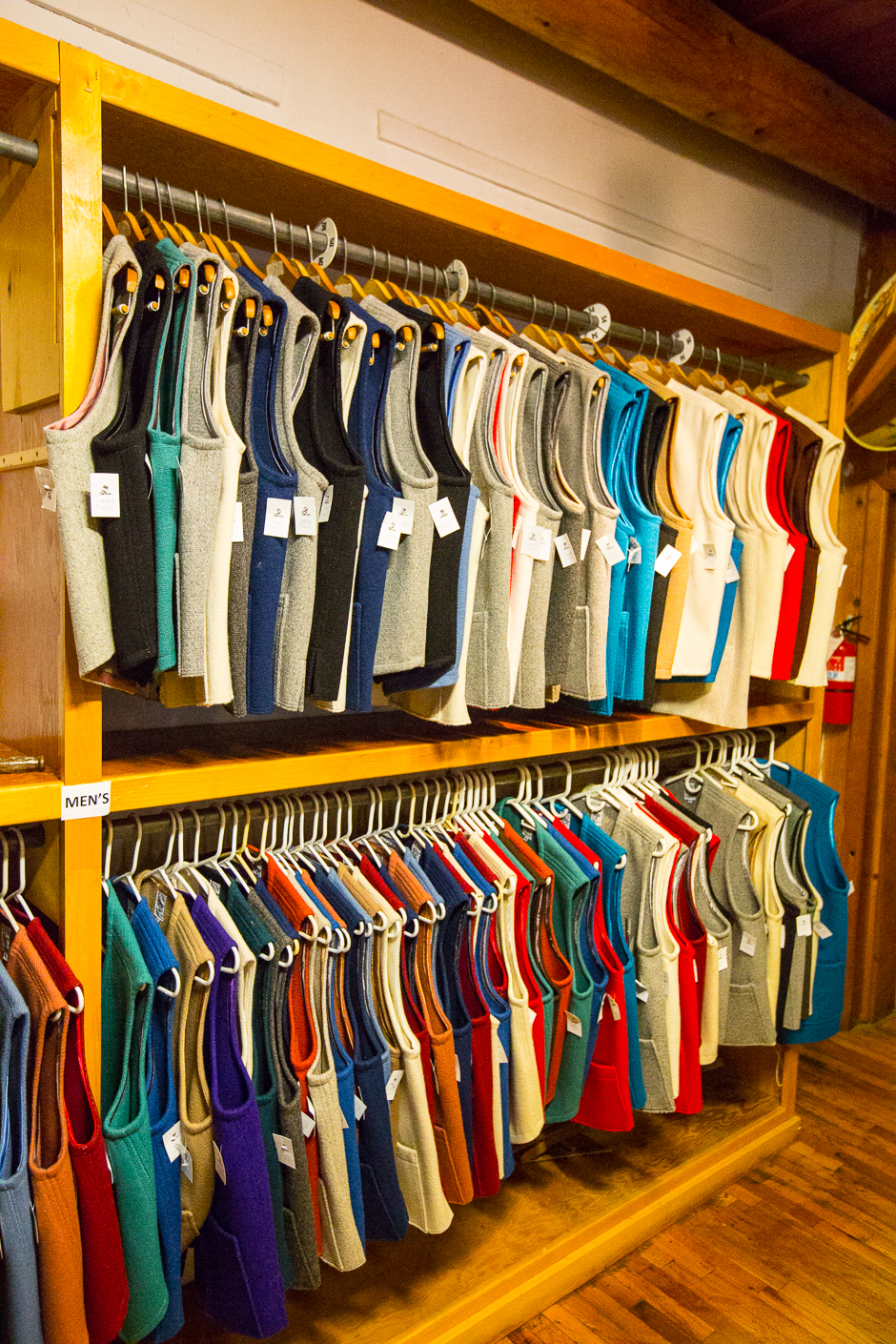
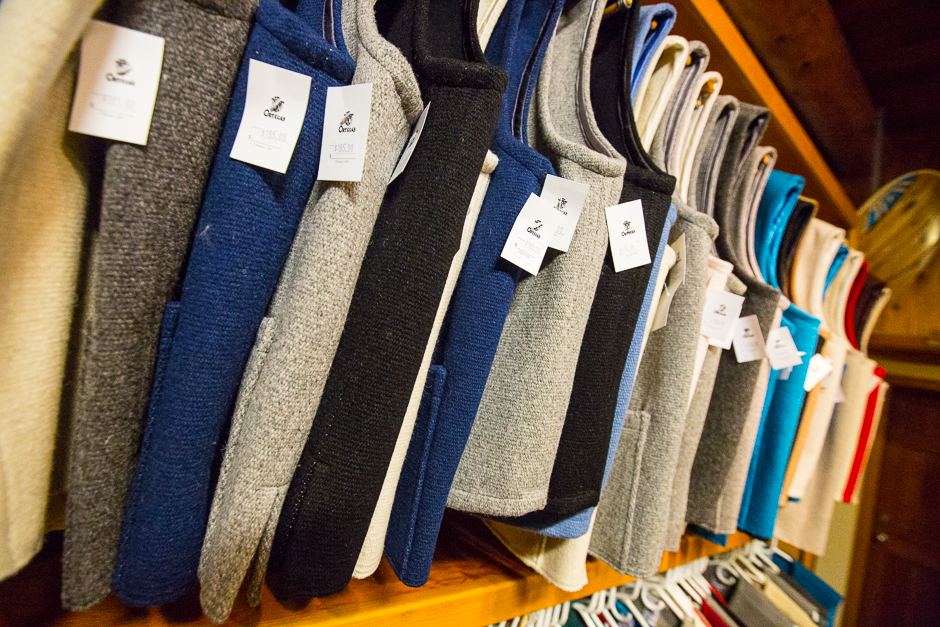 Since David’s retirement, Robert has taken over the reins of Ortega’s Weaving Shop. In Nicacio’s old loom room at the shop you can still see weavers ply their ancient craft. The showroom features beautiful Indian jewelry and pottery from nearby pueblos, along side displays of world-renowned Ortega blankets, coats, rugs, vests, purses and cushions, all hand-woven in fine wool in the “tradition of Gabriel Ortega.”
Since David’s retirement, Robert has taken over the reins of Ortega’s Weaving Shop. In Nicacio’s old loom room at the shop you can still see weavers ply their ancient craft. The showroom features beautiful Indian jewelry and pottery from nearby pueblos, along side displays of world-renowned Ortega blankets, coats, rugs, vests, purses and cushions, all hand-woven in fine wool in the “tradition of Gabriel Ortega.” 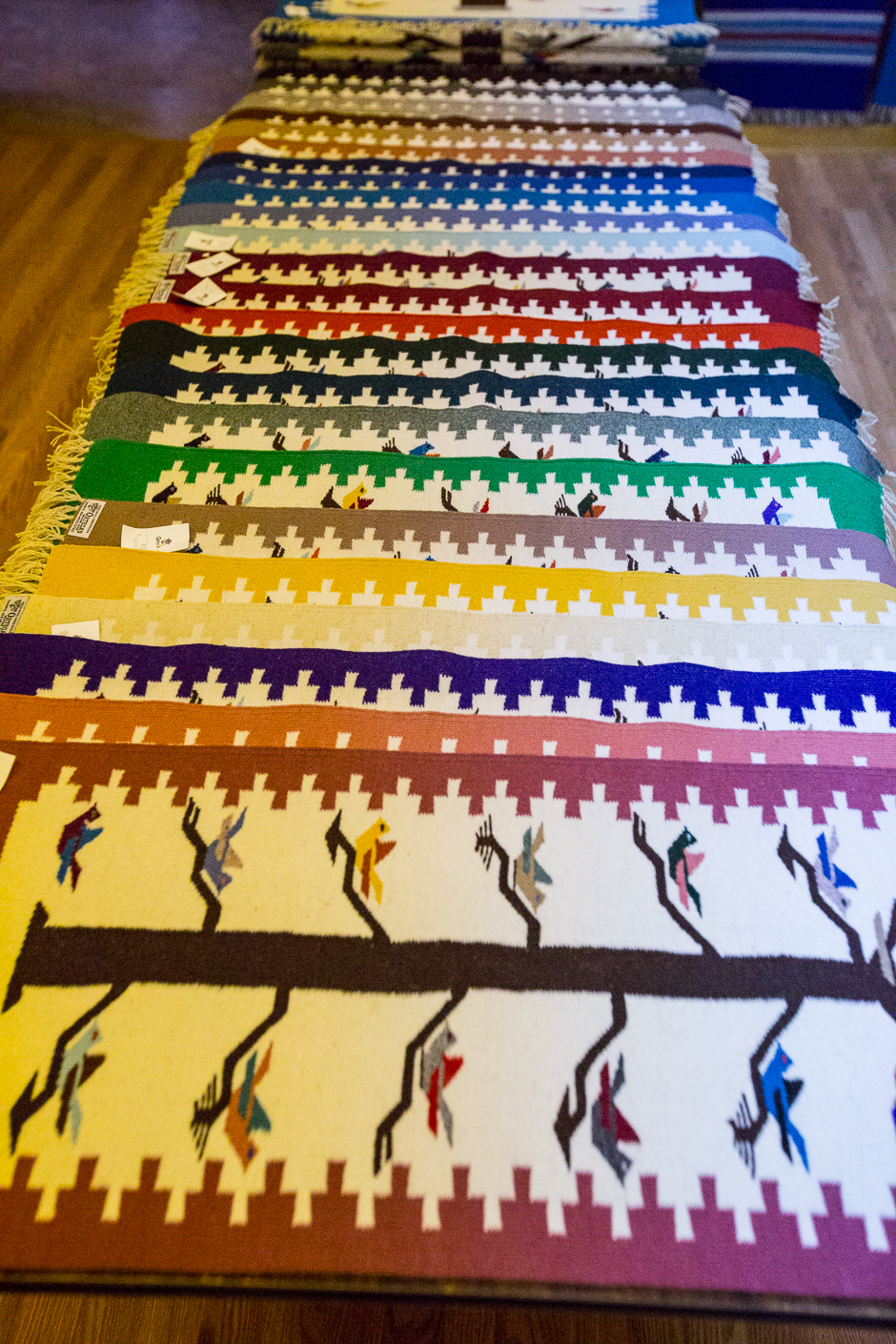 A thank you to Alan Ortega for his time, talent and welcoming & informative graciousness.
A thank you to Alan Ortega for his time, talent and welcoming & informative graciousness.
This is a big country with kind and generous people everywhere.
Cathedral Basilica of St. Francis of Assisi ~ Archdiocese of Santa Fe
Warning: Use of undefined constant gad_content_tag_filter_replace - assumed 'gad_content_tag_filter_replace' (this will throw an Error in a future version of PHP) in /home/dx87kwtjkt0i/public_html/wp-content/plugins/web-ninja-google-analytics/webninja_ga.php on line 1813
Cathedral Basilica of St. Francis of Assisi
Archdiocese of Santa Fe
131 Cathedral Place
Santa Fe NM
A palpable stillness and silence …
a spiritual presence, the presence of the spirit.
El Santuario de Chimayo
Warning: Use of undefined constant gad_content_tag_filter_replace - assumed 'gad_content_tag_filter_replace' (this will throw an Error in a future version of PHP) in /home/dx87kwtjkt0i/public_html/wp-content/plugins/web-ninja-google-analytics/webninja_ga.php on line 1813
Legend has it that the Santuario de Chimayo, also called the Santuario de Nuestro Señor de Esquipulas, was built after a local friar performing penances saw a strange light burst from a hillside near the Santa Cruz River.
Curious, the friar sought the source of the light, which was coming from the ground. Dropping to his knees and digging in the sandy soil with his bare hands, he uncovered a crucifix, later christened Nuestro Señor de Esquipulas.
Three times this crucifix was taken in procession to the neighboring village and three times it disappeared, only to be found again back in its hole in the hillside. Deciding that Our Lord of Esquipulas wanted to stay in Chimayo, the people built a small chapel on the site of the discovery.
Soon the miraculous healings began, and by 1816 the original chapel had been replaced by the current Santuario.
In what is, to many, the “official” version of this story, Bernardo Abeyta, an early Chimayo settler and member of the Penitentes (a Roman Catholic brotherhood that observes certain rites related to the passion of Christ), actually discovered the crucifix, also while performing penances.
Stephen F. de Borhegyi, in his work “El Santuario de Chimayo,” theorizes that Abeyta was familiar with the Guatemalan veneration of a crucifix called Nuestro Senor de Esquipulas or El Cristo Negro (the Black Christ) and subsequently introduced a similar religious tradition,with a corresponding emphasis on Christ’s miraculous and healing powers, to Chimayo. Indeed, it was Abeyta who, in 1813, requested permission from church authorities to build a chapel to Our Lord of Esquipulas. That chapel, the current Santuario, remained in Abeyta’s family until 1929, when it was purchased by private citizens and turned over to the Catholic Archdiocese of Santa Fe.
Exactly how Abeyta learned of the veneration of the Guatemalan crucifix remains unknown. What is known, however, is that over the years, the healings in Chimayo began to be attributed not to the crucifix (which is still in the Santuario), but rather to the sand in which it was found. This “tierra bendita” or “blessed earth,” says Borhegyi, was eaten, dissolved in water and drunk or made into a paste and smeared on the afflicted part of the body.
Interestingly, the Guatemalan worship of Nuestro Senor de Esquipulas is also associated with the consumption of a fine, white kaolin clay. And it is possible that the tradition of healing soil springs from yet another legend, which claims that the Santuario was once an American Indian shrine.
In this tale, the sand pit is the dried remains of what was originally a pool of hot-springs-fed mud with alleged curative powers.
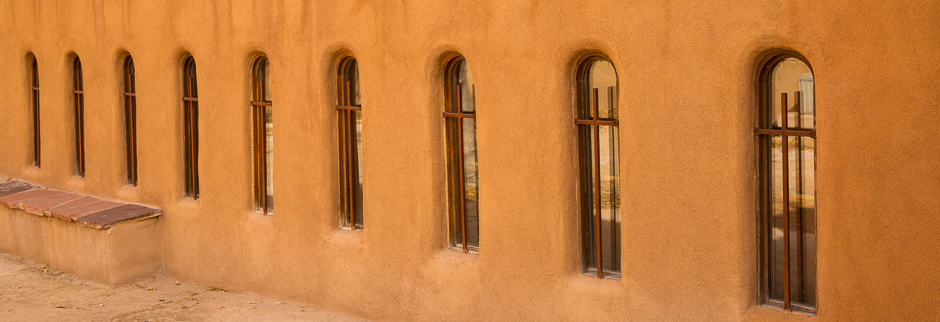 The compound maintained by the Sons of the Holy Family contains two buildings of particular historical significance. The first is El Santuario de Chimayo, the tiny shrine that is built on the site of what many believe to be a miracle associated with the crucifix of “Nuestro Señor de Esquipulas” (Our Lord of Esquipulas). El Santuario de Chimayo is also the site of “el pocito” the small pit of Holy Dirt which many people attribute as possessing remarkable curative powers.
The compound maintained by the Sons of the Holy Family contains two buildings of particular historical significance. The first is El Santuario de Chimayo, the tiny shrine that is built on the site of what many believe to be a miracle associated with the crucifix of “Nuestro Señor de Esquipulas” (Our Lord of Esquipulas). El Santuario de Chimayo is also the site of “el pocito” the small pit of Holy Dirt which many people attribute as possessing remarkable curative powers.
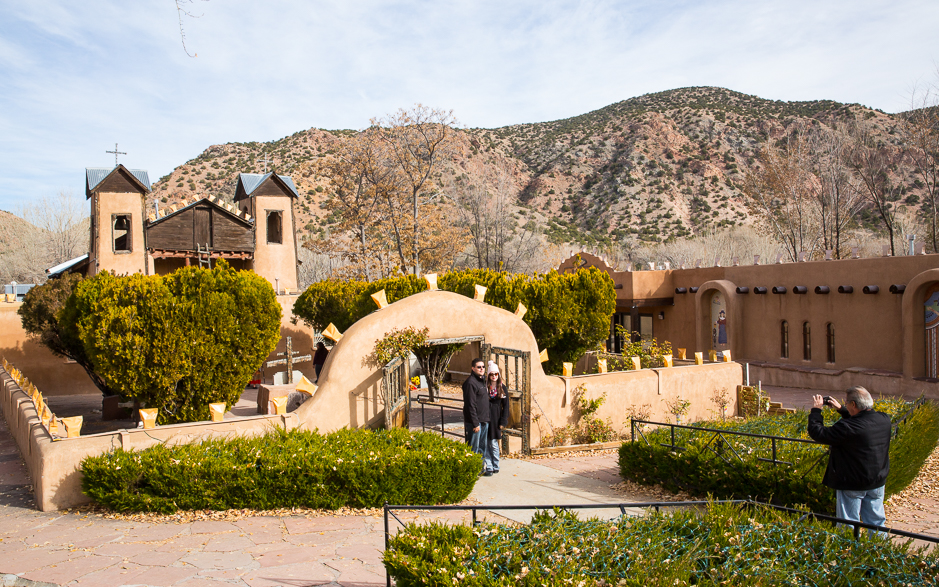
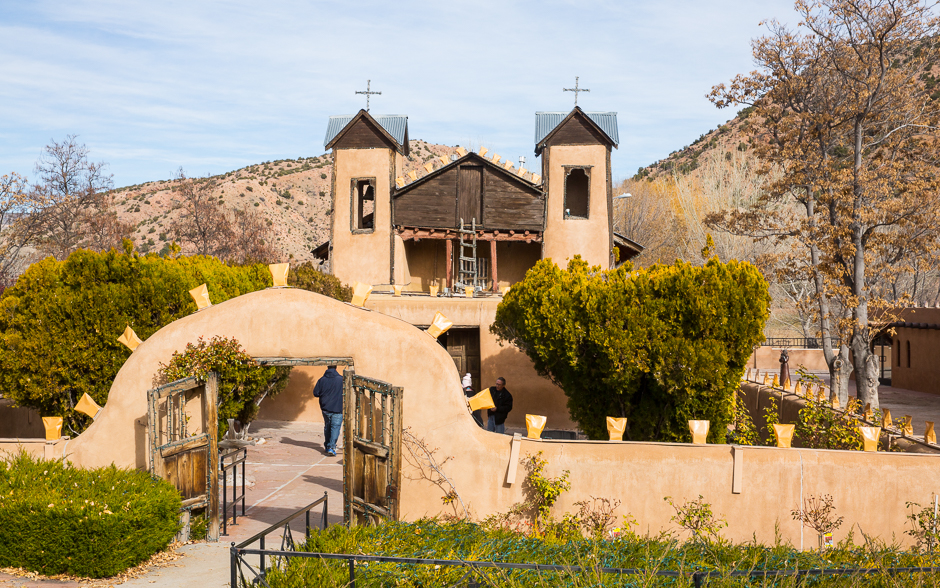
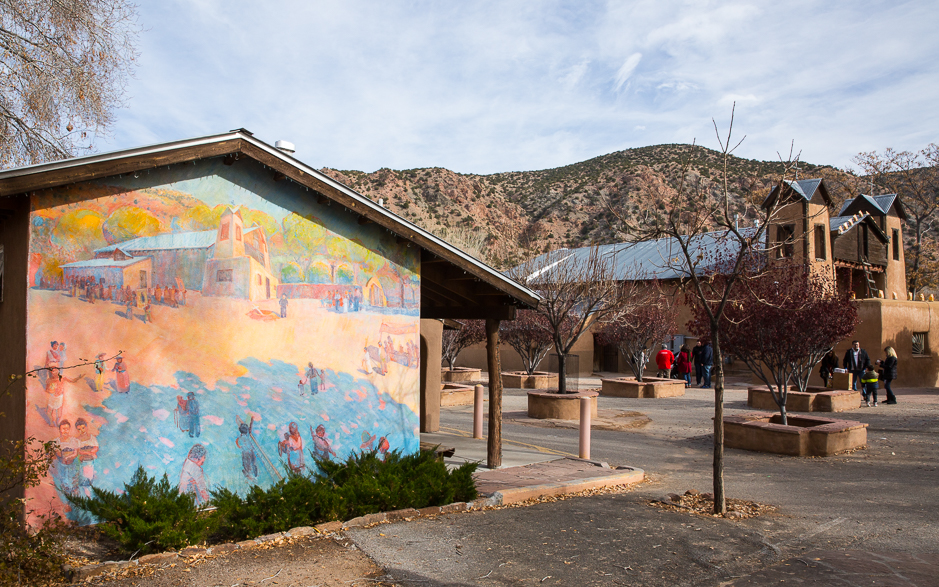 Separate from El Santuario de Chimayo but within easy walking distance is the Shrine of Santa Niño de Atocha. The shrine was originally built in 1856 and is the destination of what is a strong and growing tradition which now spans several generations. It is an Easter pilgrimage, originally began by the U.S. soldiers and sailors who prayed to the Santo Niño during the infamous Bataan Death March. These servicemen, upon their return to the United States, began the pilgrimage to Chimayo, where several statues of Santa Niño reside, to give thanks for their deliverance and in memory of their suffering. That tradition has now grown to encompass tens of thousands of individuals of all faiths and all walks of life.
Separate from El Santuario de Chimayo but within easy walking distance is the Shrine of Santa Niño de Atocha. The shrine was originally built in 1856 and is the destination of what is a strong and growing tradition which now spans several generations. It is an Easter pilgrimage, originally began by the U.S. soldiers and sailors who prayed to the Santo Niño during the infamous Bataan Death March. These servicemen, upon their return to the United States, began the pilgrimage to Chimayo, where several statues of Santa Niño reside, to give thanks for their deliverance and in memory of their suffering. That tradition has now grown to encompass tens of thousands of individuals of all faiths and all walks of life.
Santa Fe Farmer’s Market
Warning: Use of undefined constant gad_content_tag_filter_replace - assumed 'gad_content_tag_filter_replace' (this will throw an Error in a future version of PHP) in /home/dx87kwtjkt0i/public_html/wp-content/plugins/web-ninja-google-analytics/webninja_ga.php on line 1813
Santa Fe Farmer’s Market
At The Santa Fe Railyard
Saturday 11/26 2016
Have tricycle piano will travel.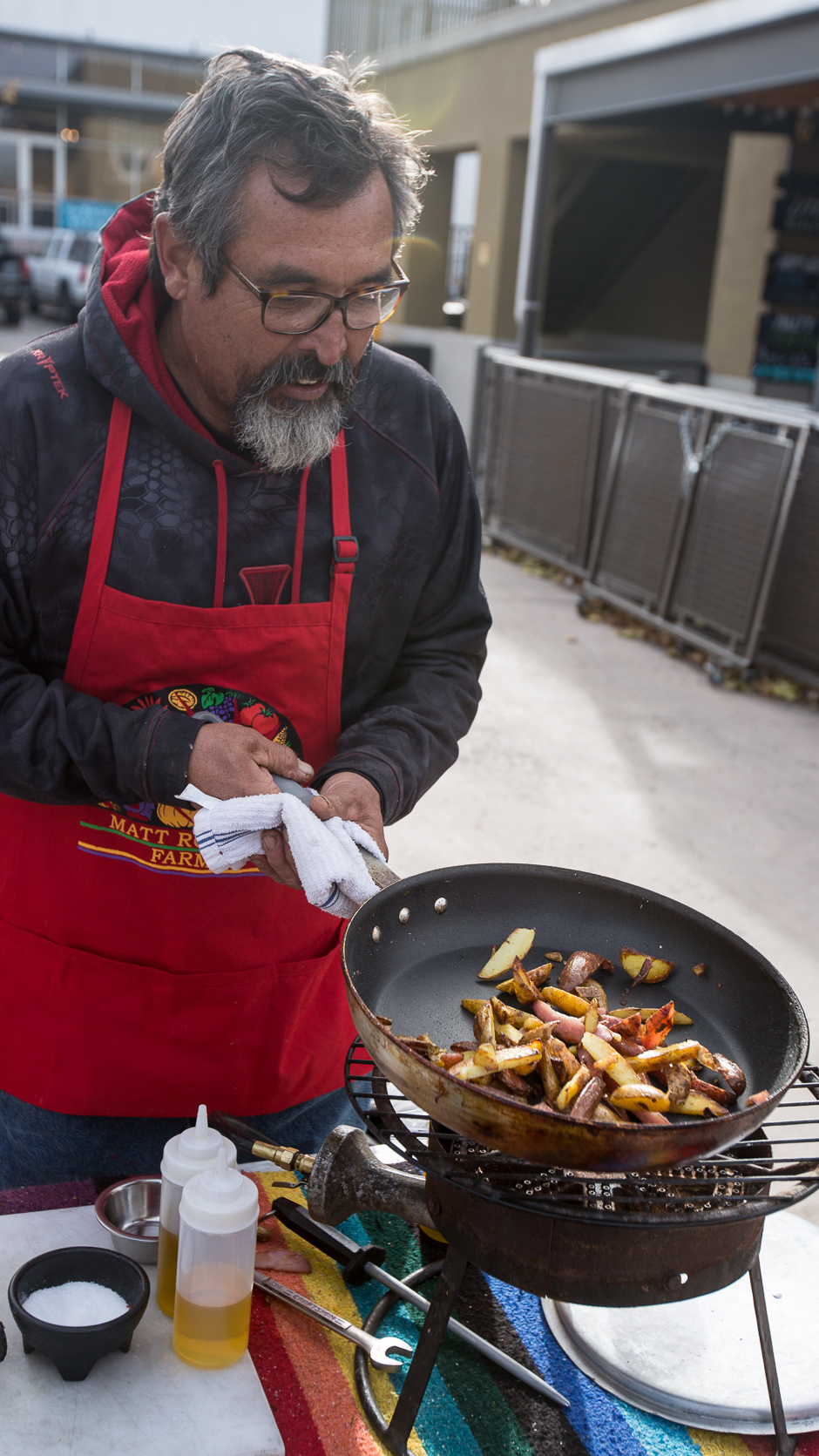 Santa Fe Farmer’s Market ~ Good Food & Good People ~ A Credit to Santa FE, NM
Santa Fe Farmer’s Market ~ Good Food & Good People ~ A Credit to Santa FE, NM
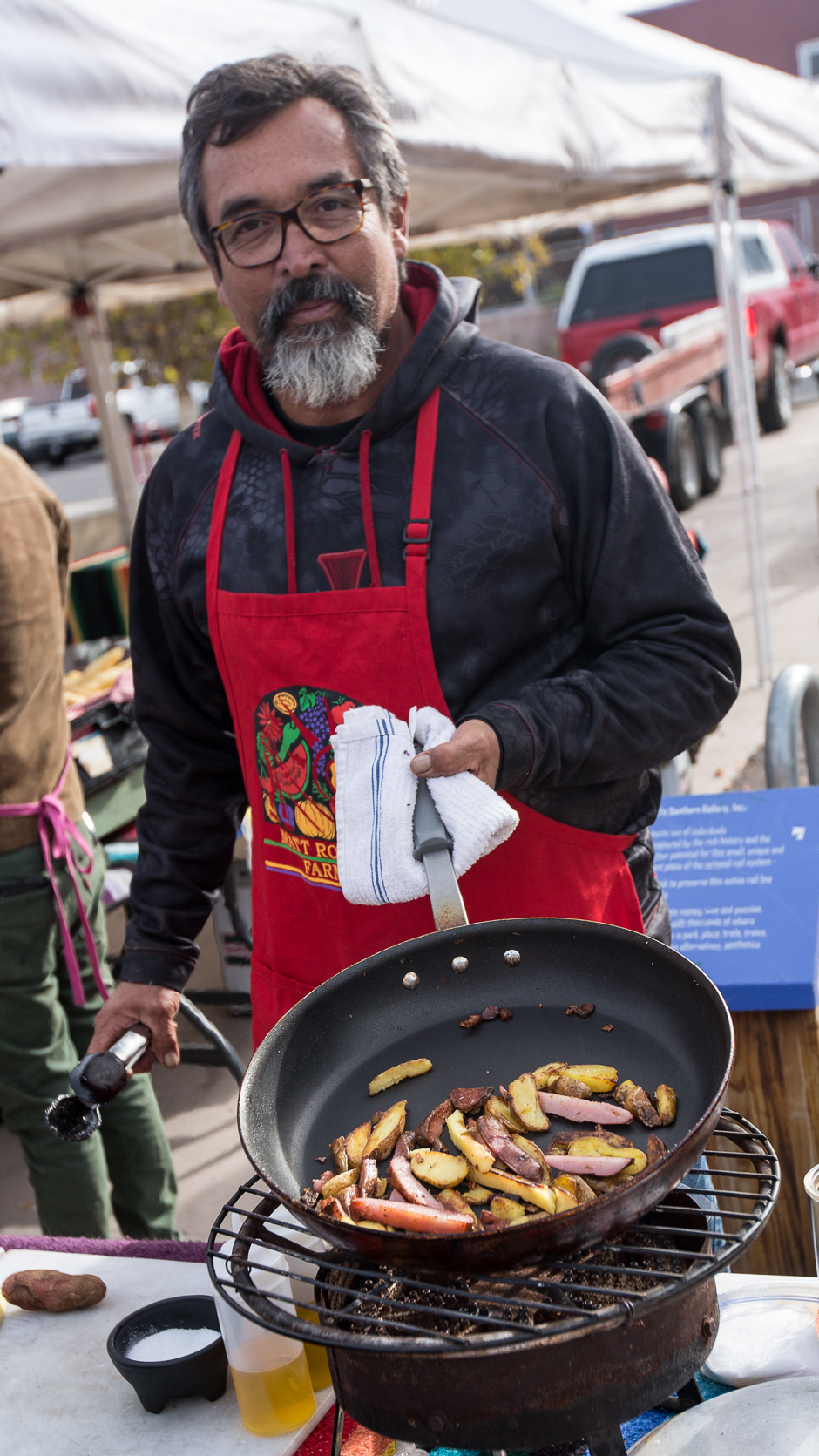 This guy had the process down and was willing to share: boil your new or smallish potatoes the night before, drain and cool down, cut and crisp up in a small amount of oil, sprinkle with some large grain salt, and share with whomever happens by.
This guy had the process down and was willing to share: boil your new or smallish potatoes the night before, drain and cool down, cut and crisp up in a small amount of oil, sprinkle with some large grain salt, and share with whomever happens by.
Green Chile & Cheese for brunch.
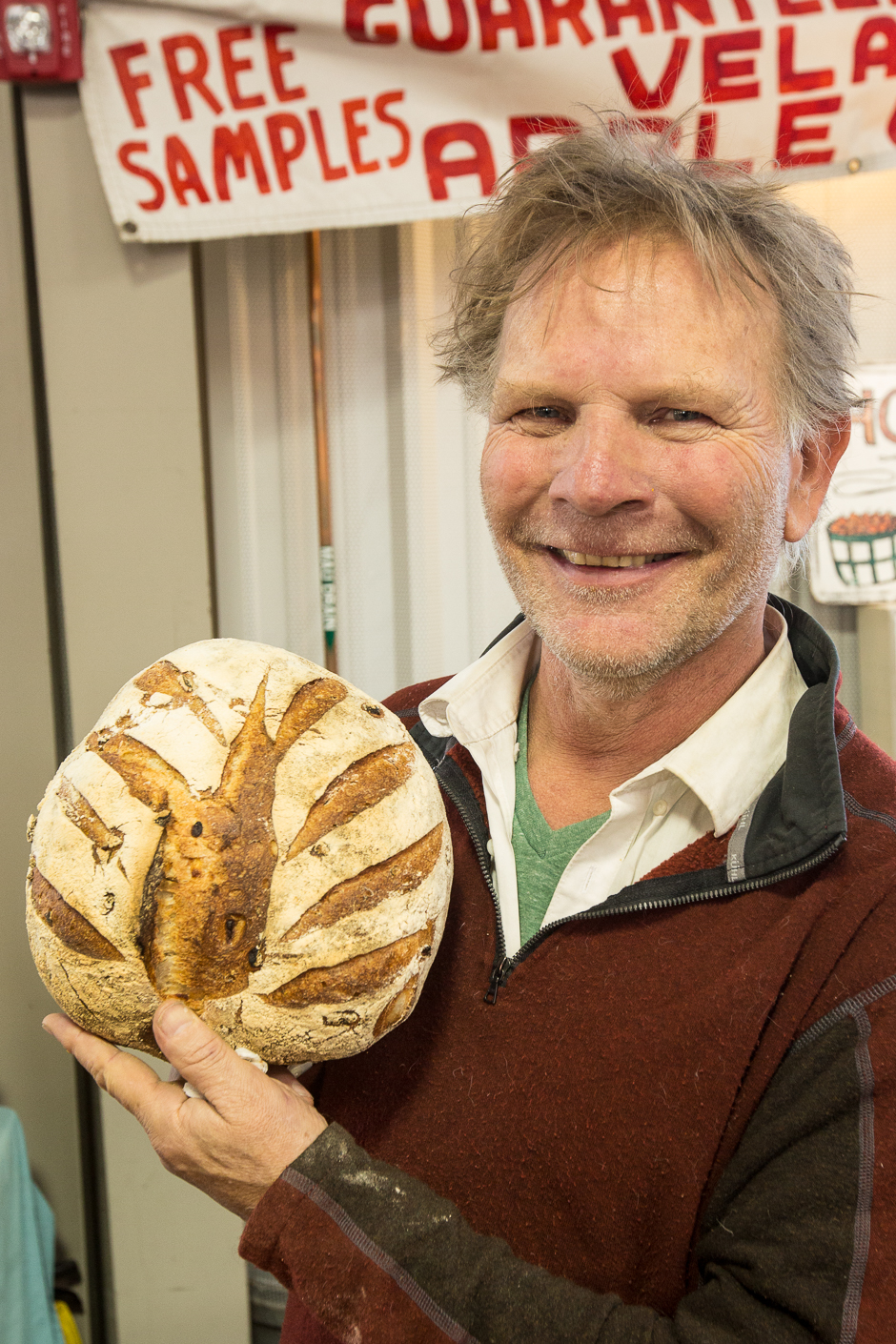 Bread, bread and more bread. This gent called me back for this pose. 😉
Bread, bread and more bread. This gent called me back for this pose. 😉
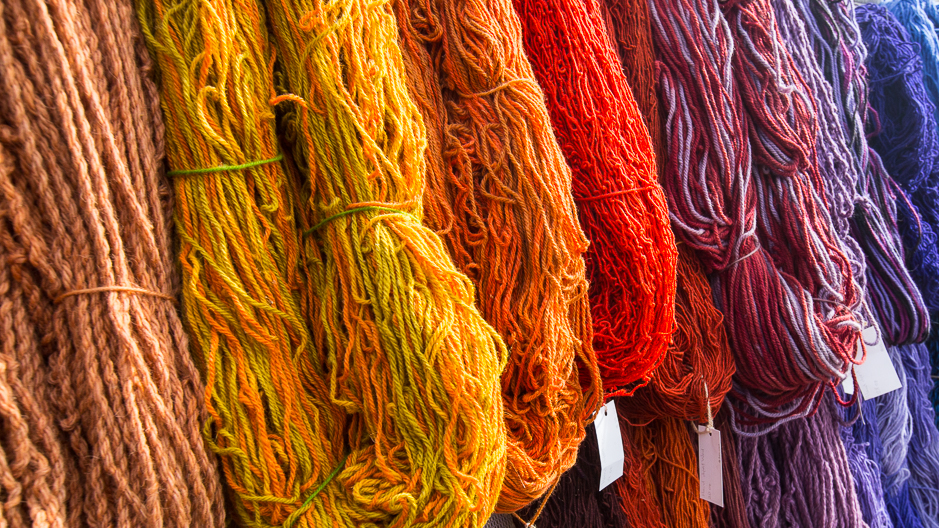
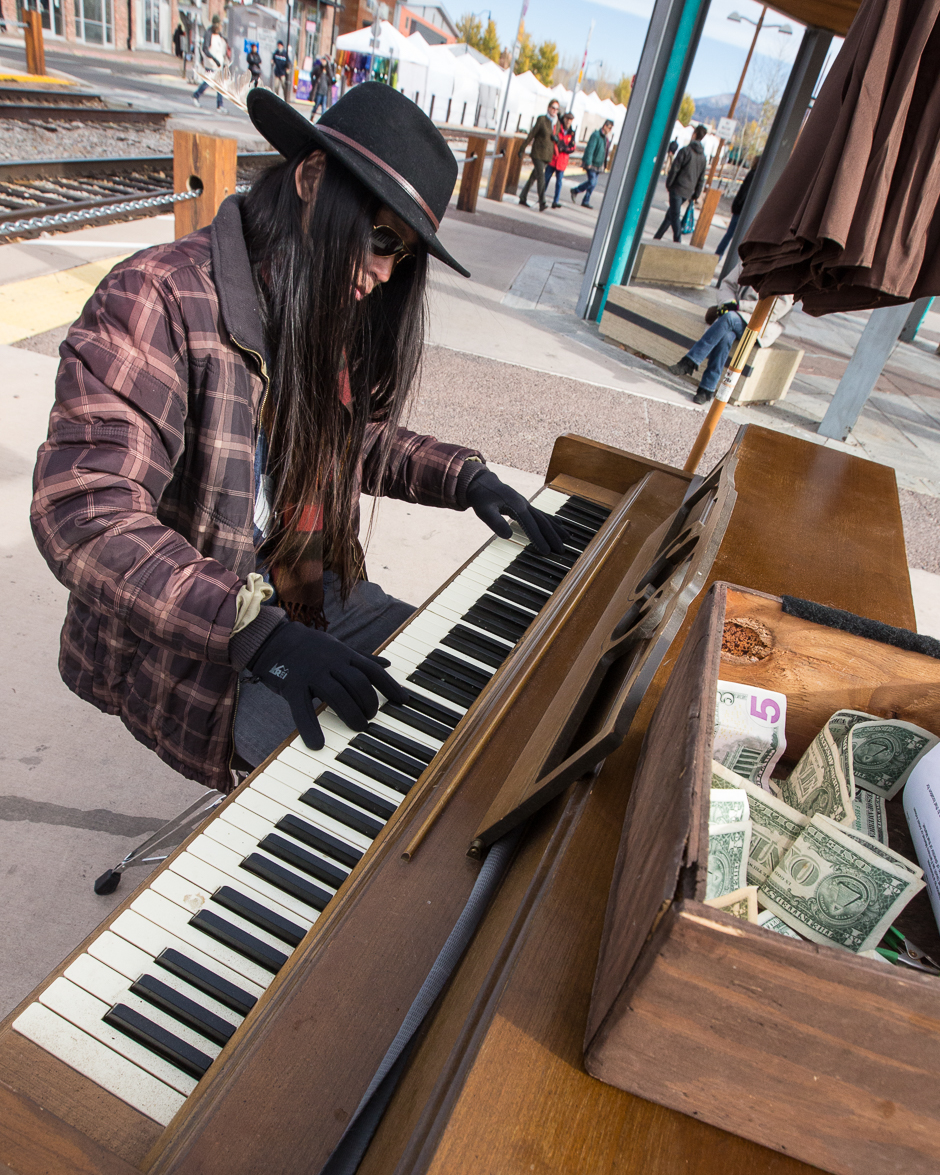 Learned to play by ear.
Learned to play by ear. 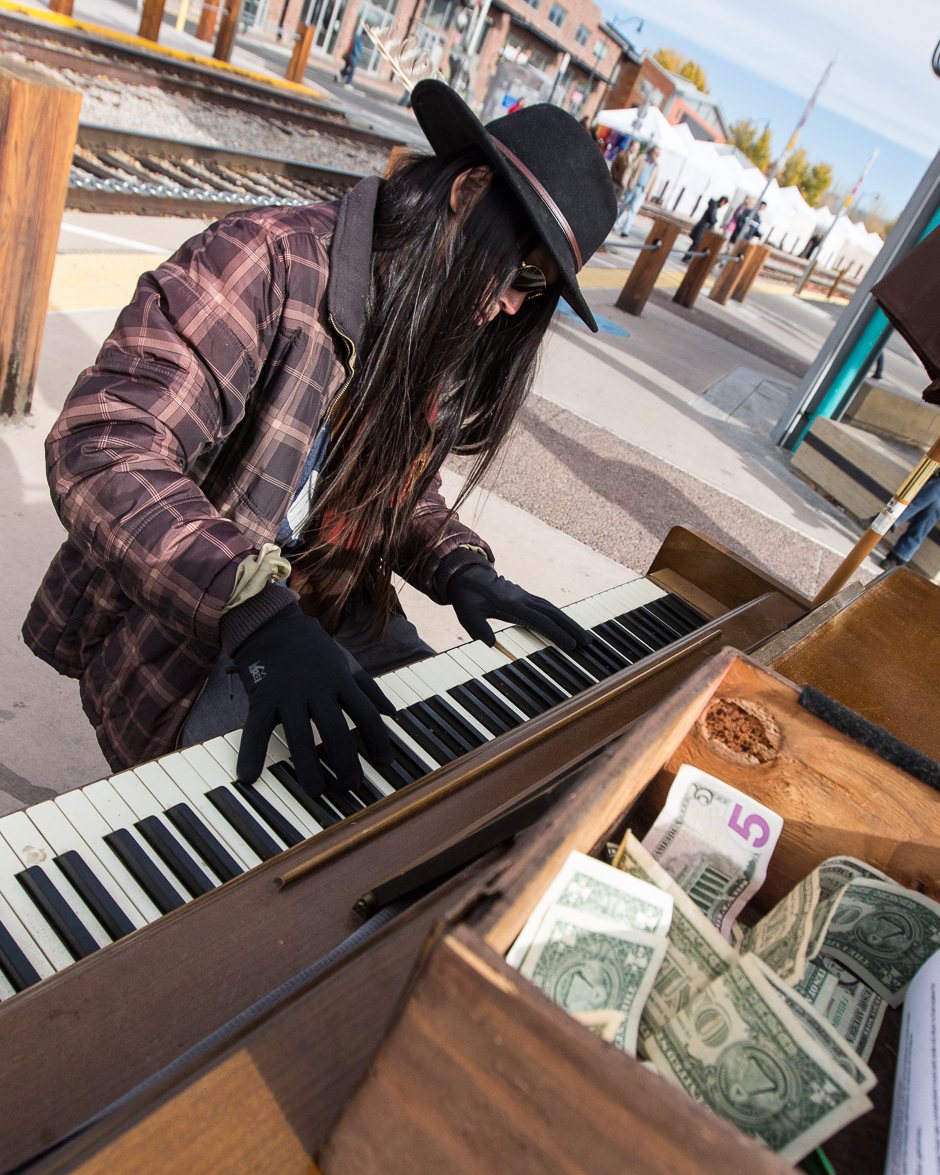
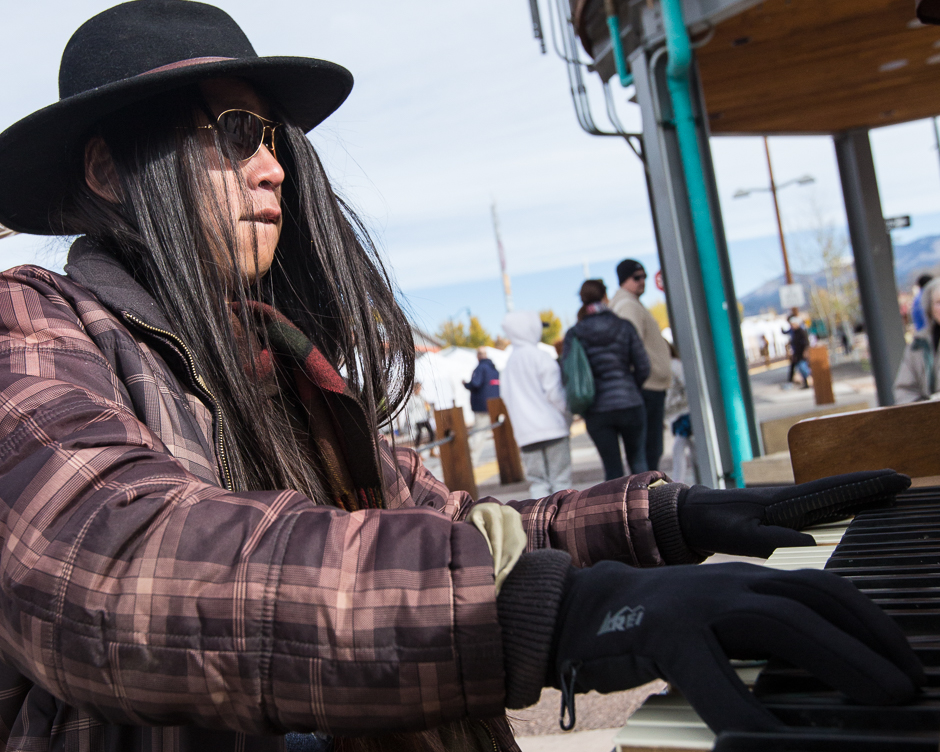

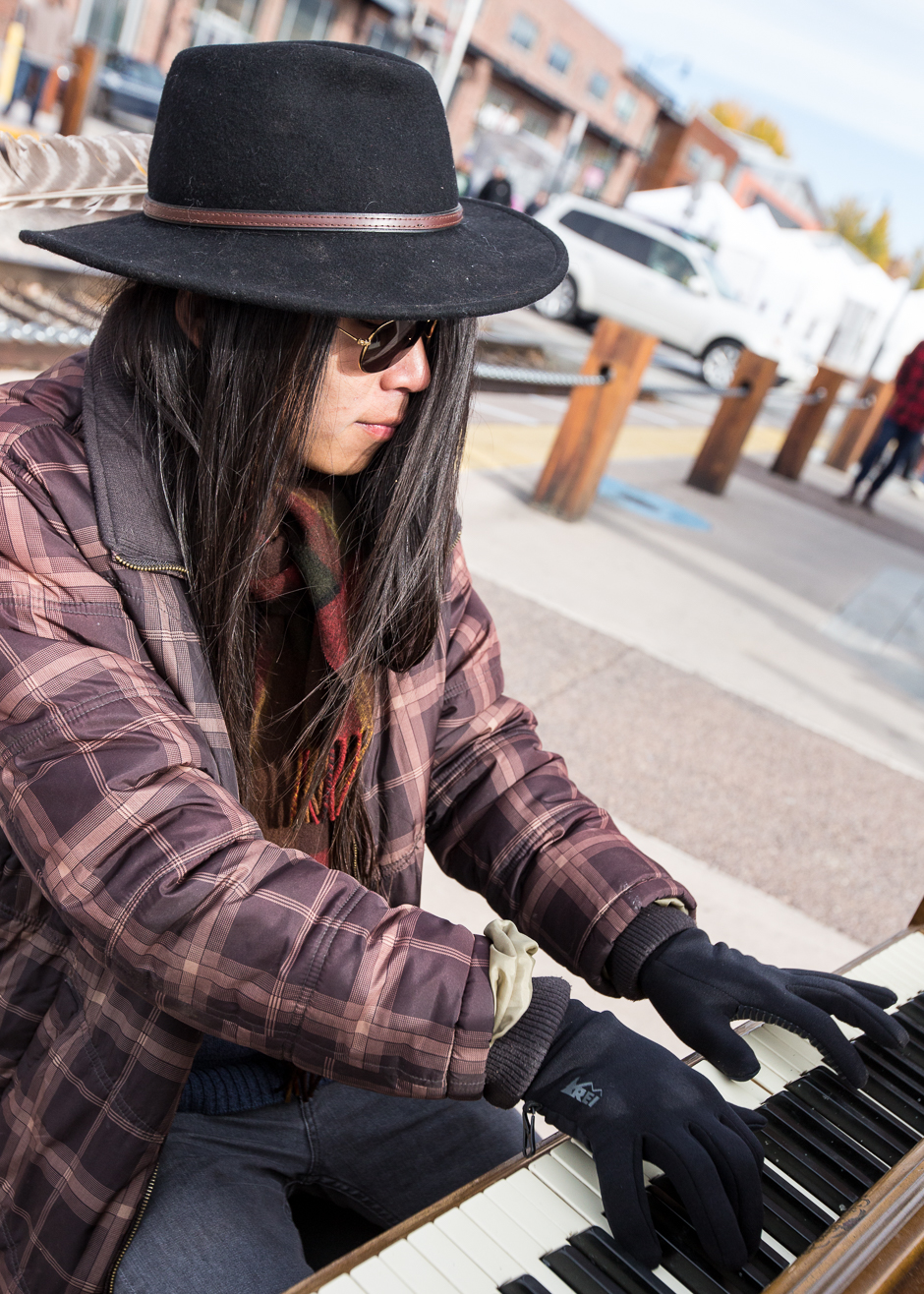
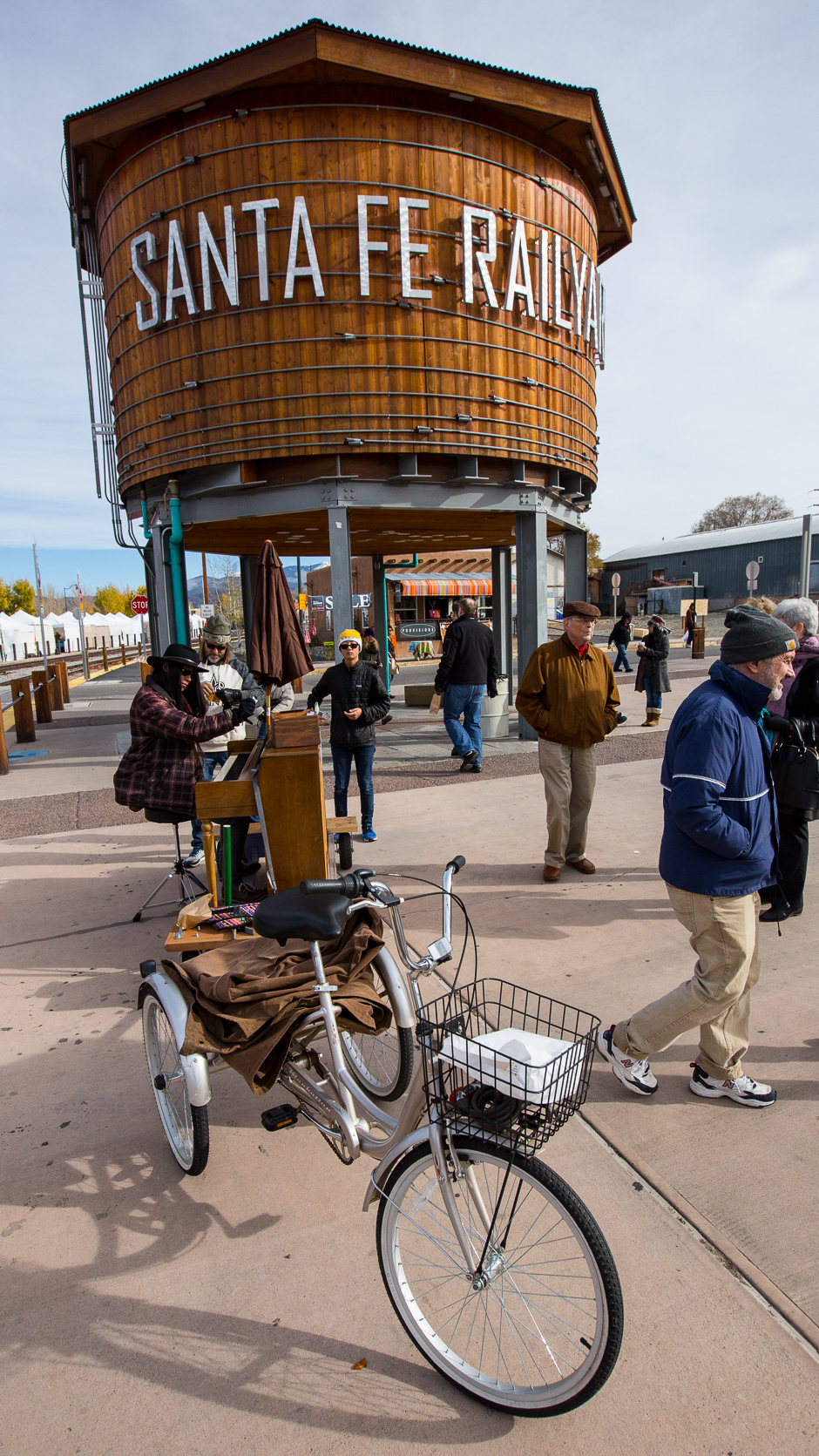 The Santa Fe Railyard, an active AMTRAK stop.
The Santa Fe Railyard, an active AMTRAK stop.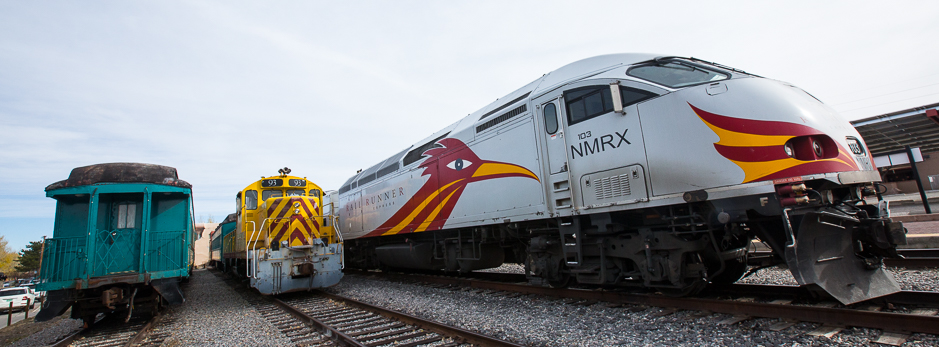
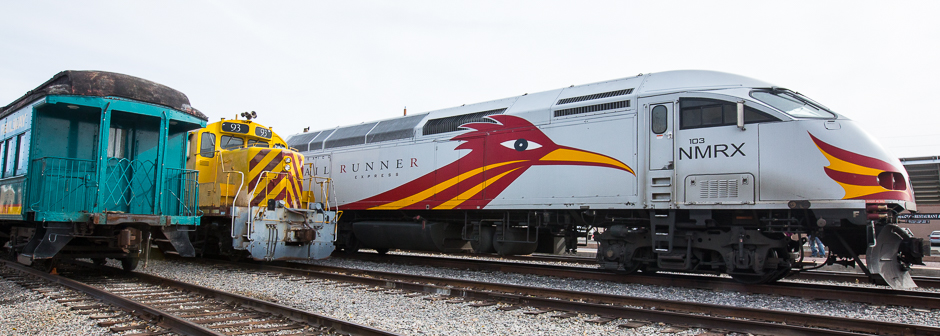
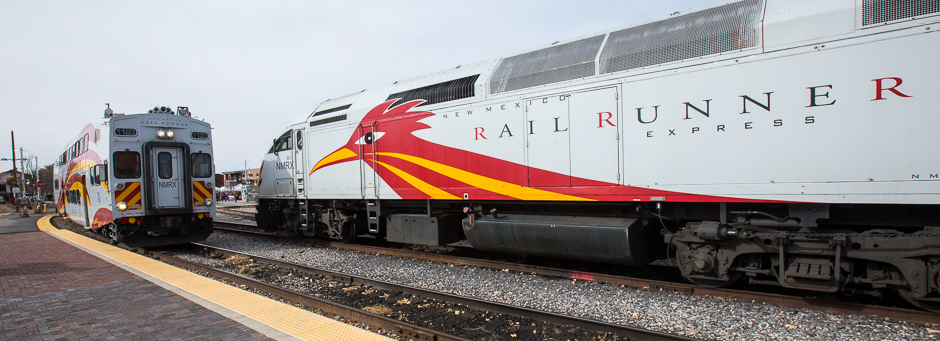 Rail Runner Express
Rail Runner Express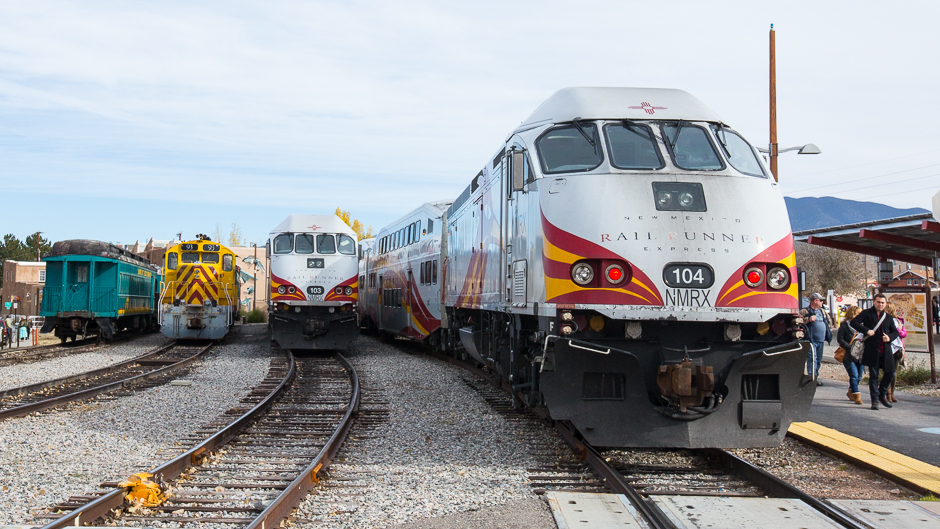
Santa Fe Brass
Warning: Use of undefined constant gad_content_tag_filter_replace - assumed 'gad_content_tag_filter_replace' (this will throw an Error in a future version of PHP) in /home/dx87kwtjkt0i/public_html/wp-content/plugins/web-ninja-google-analytics/webninja_ga.php on line 1813
Santa Fe, New Mexico
Mid-afternoon arrival afforded me the opportunity to head into town to the Palace of the Governors for the late afternoon light.
I was served up an auditory and visual feast by way of the Santa Fe Brass, a brass quintet.
Excellent holiday music.
Tough photography angles.
😉
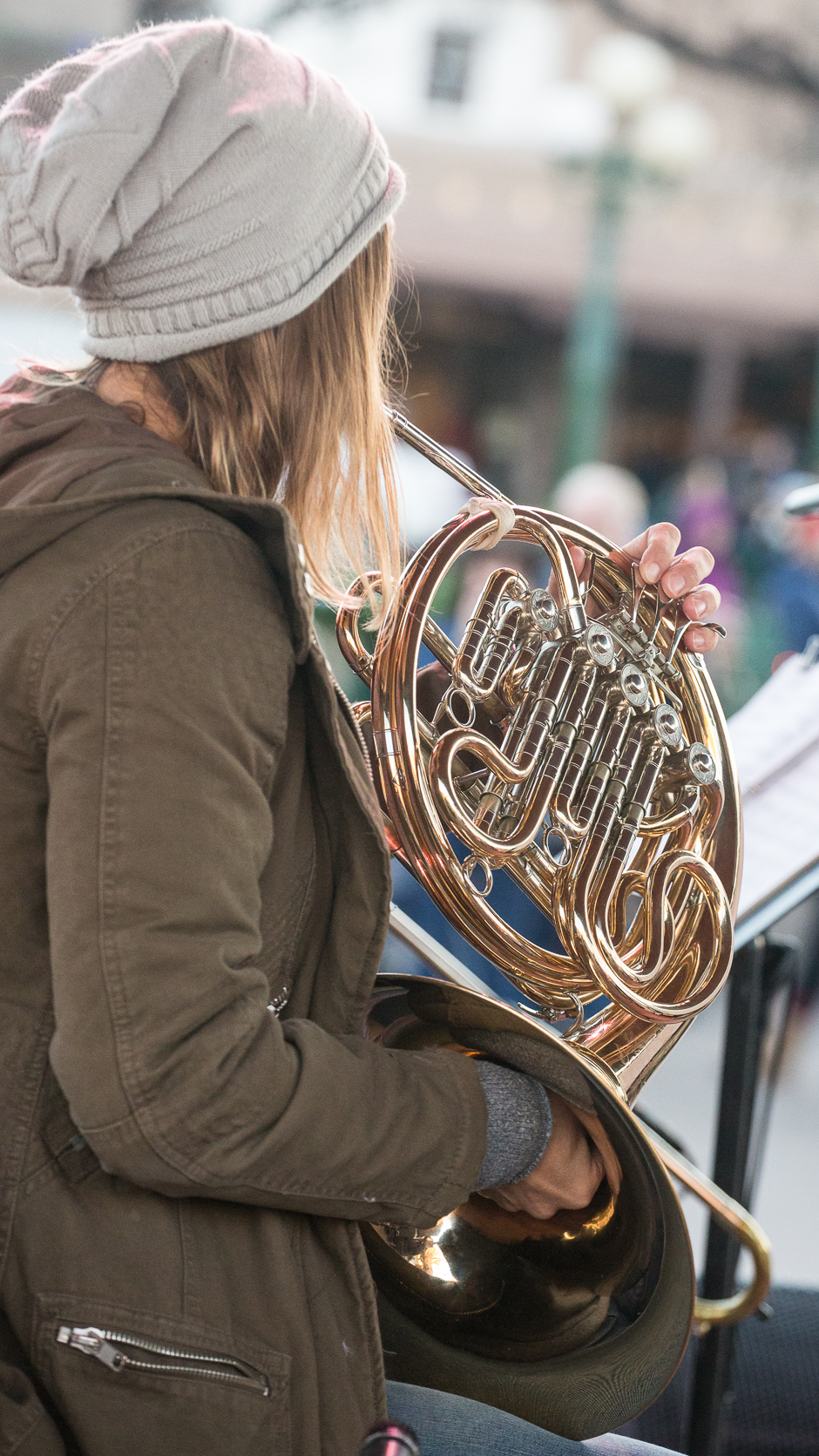
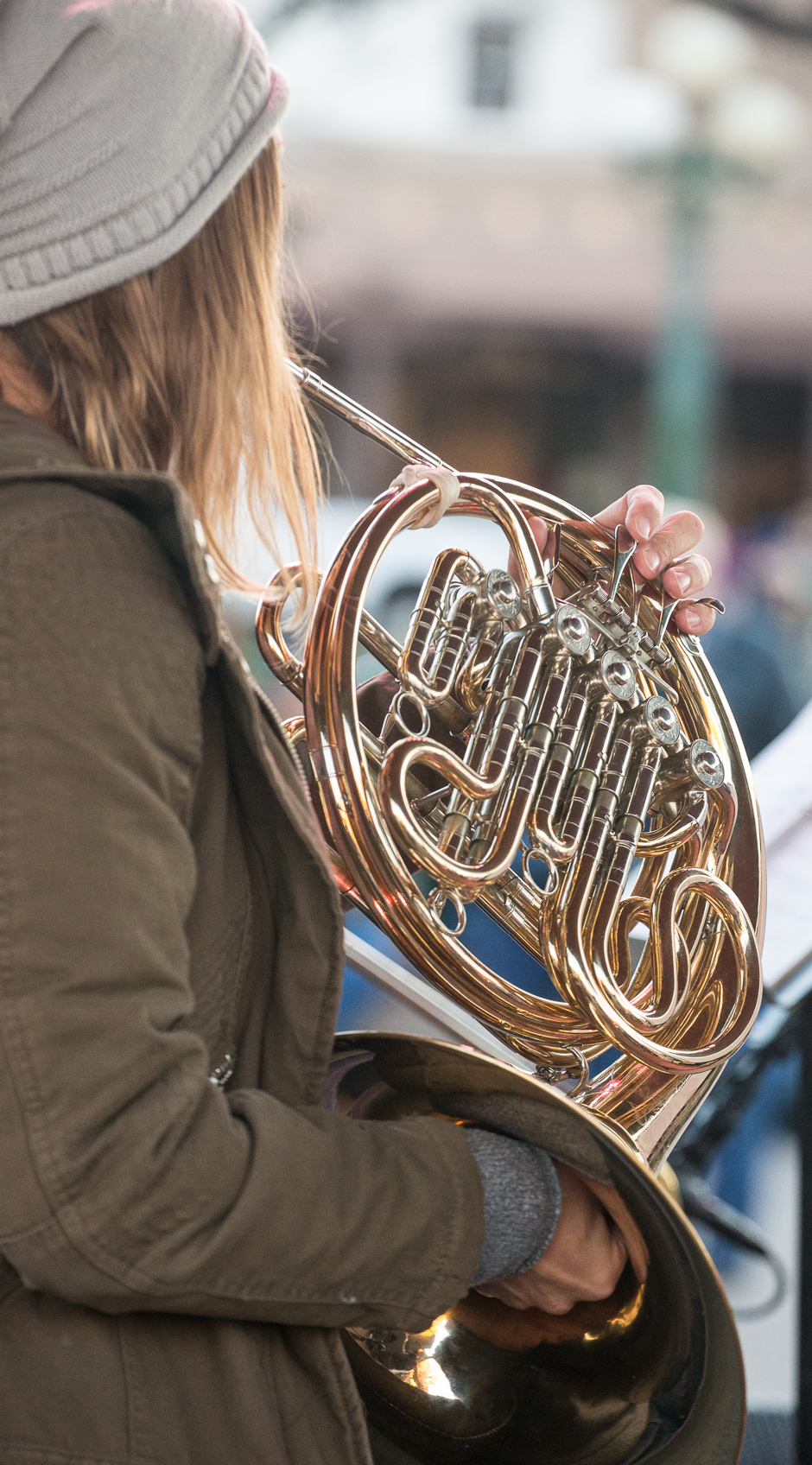
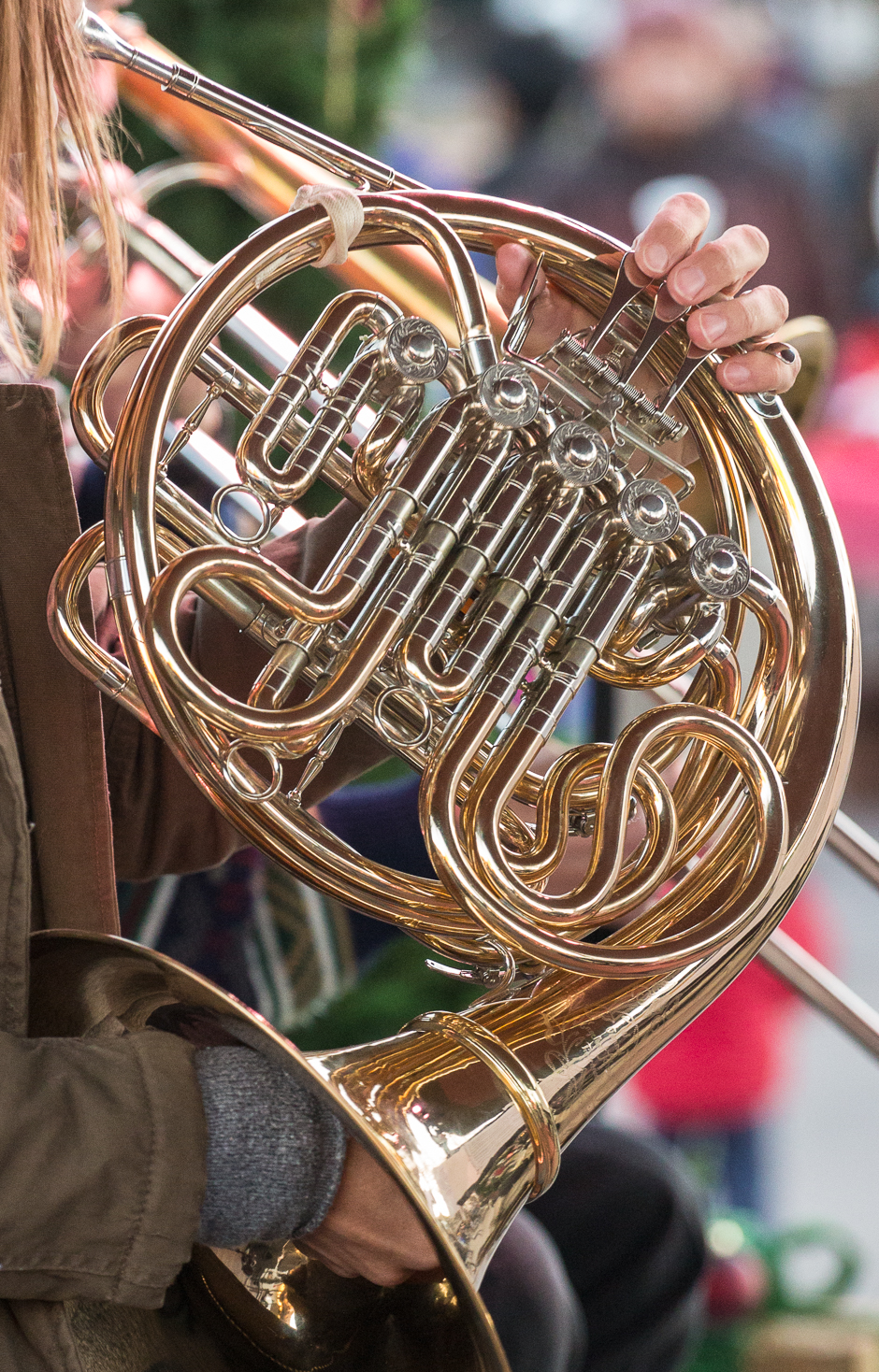
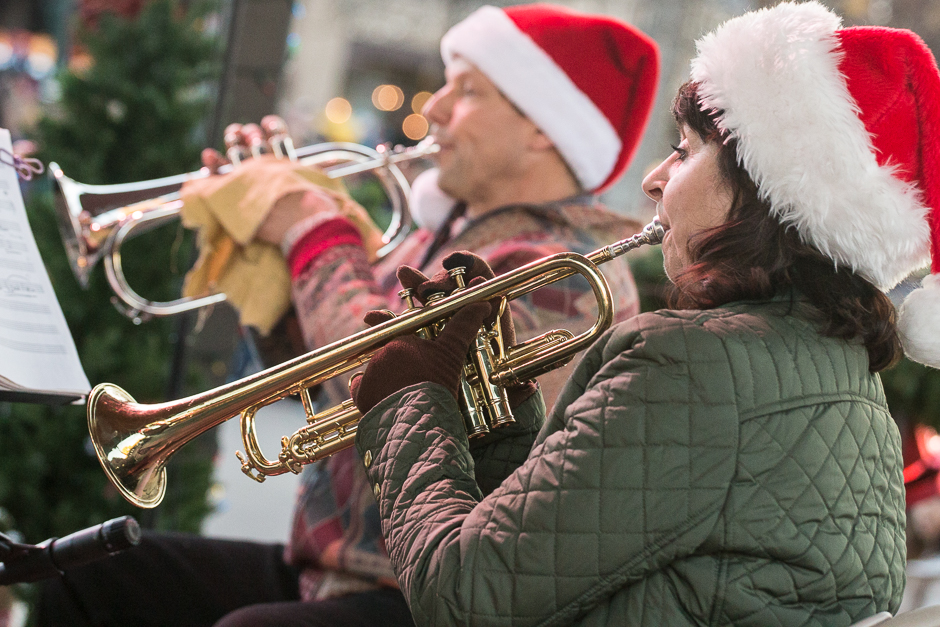
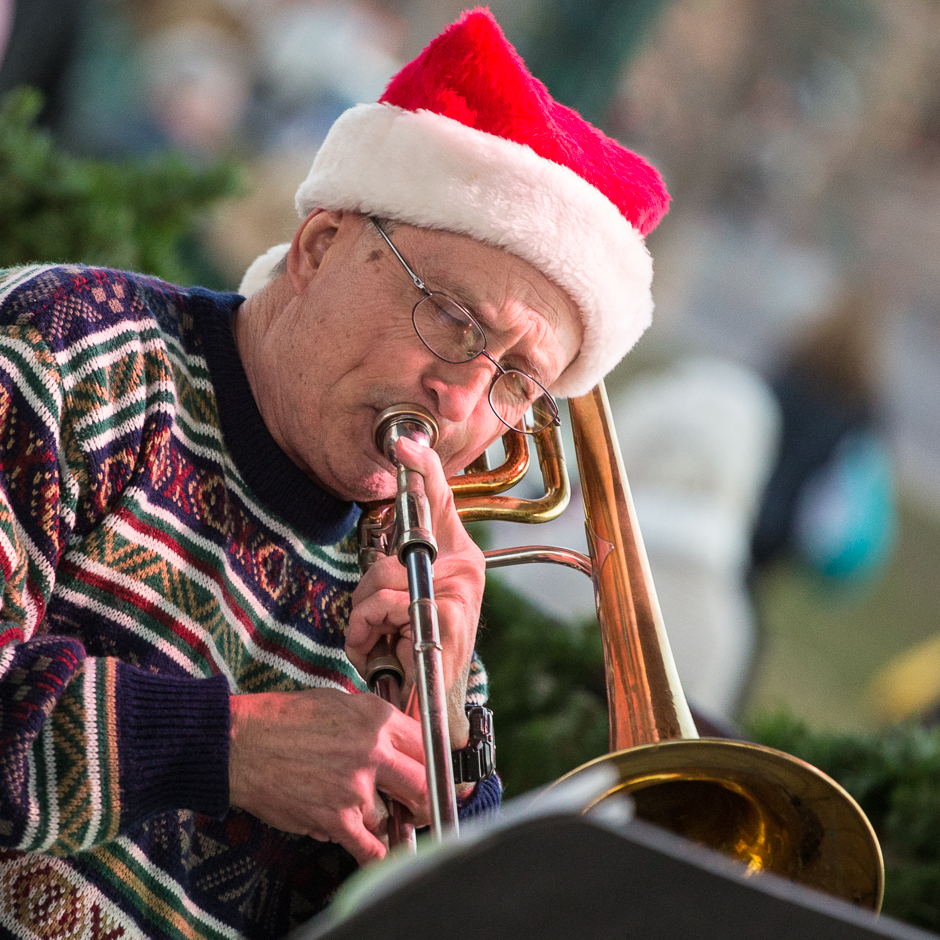
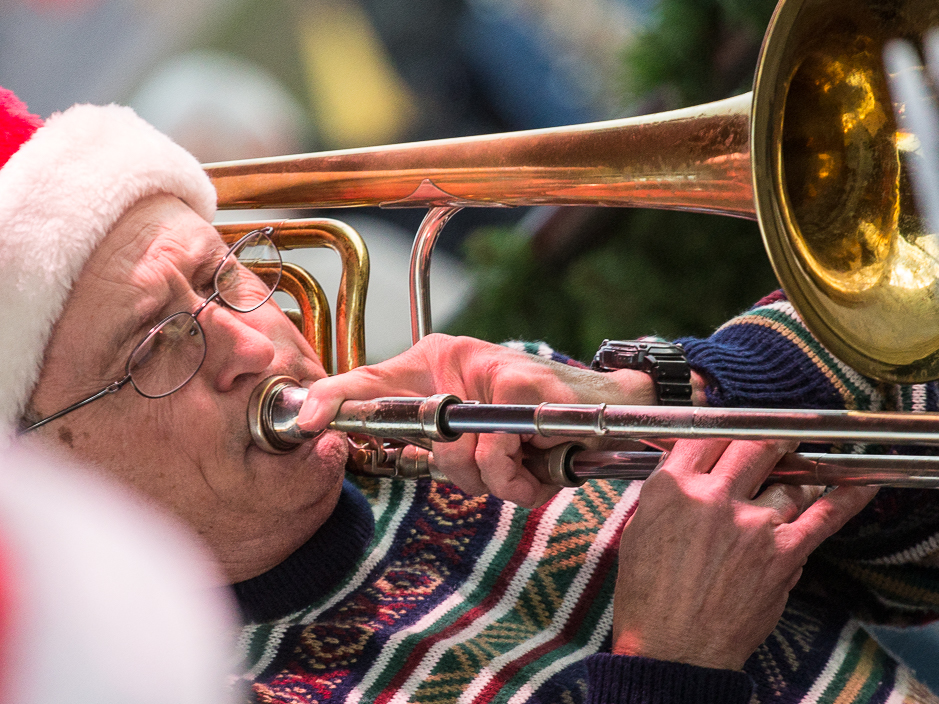
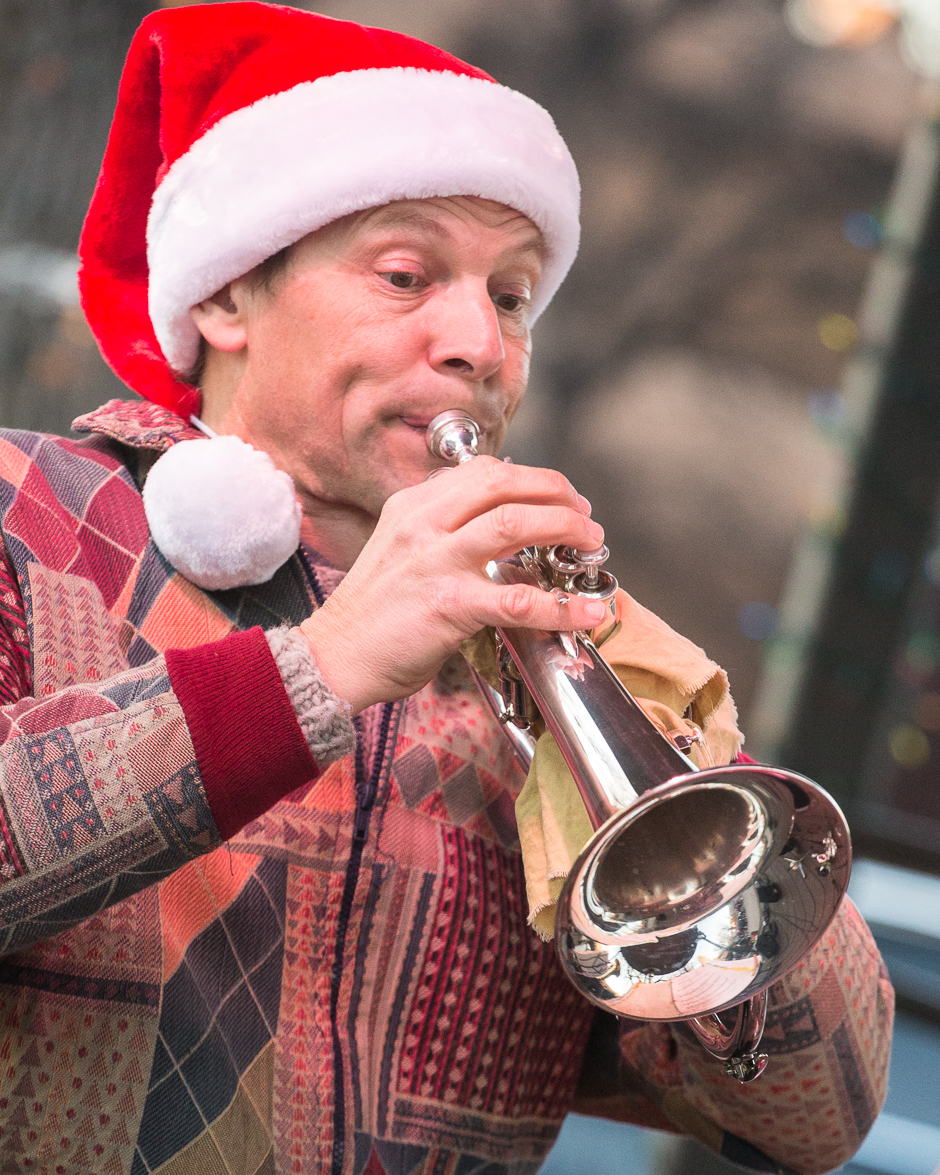
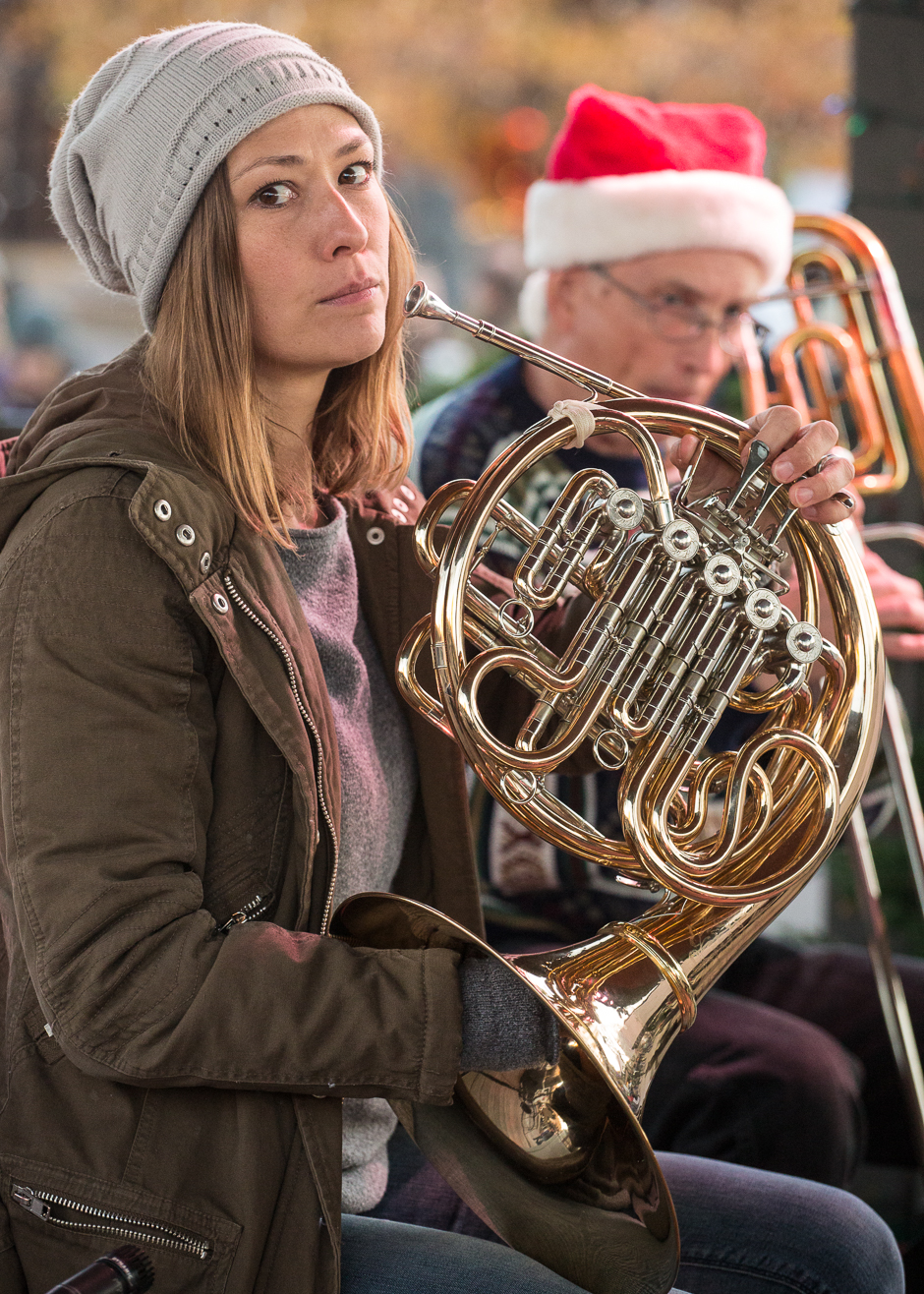
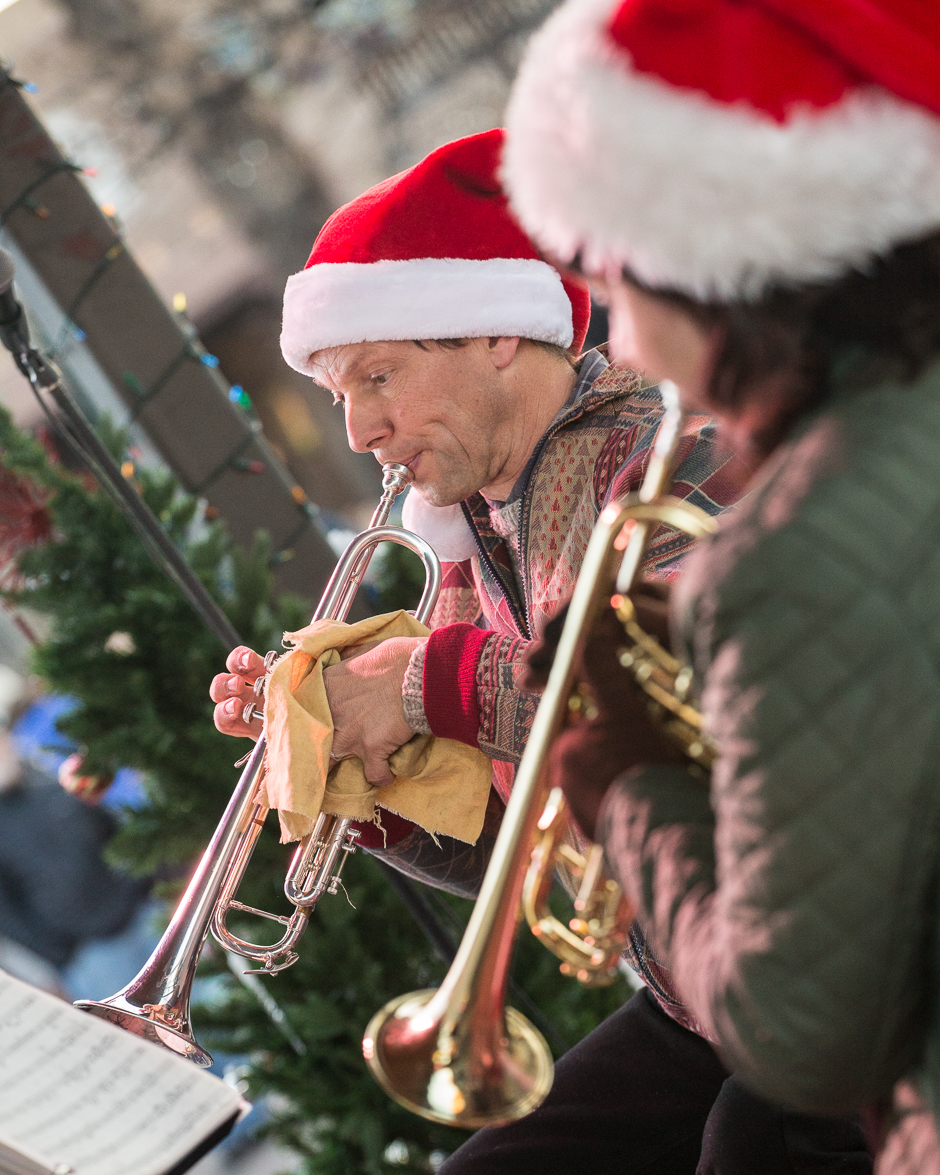
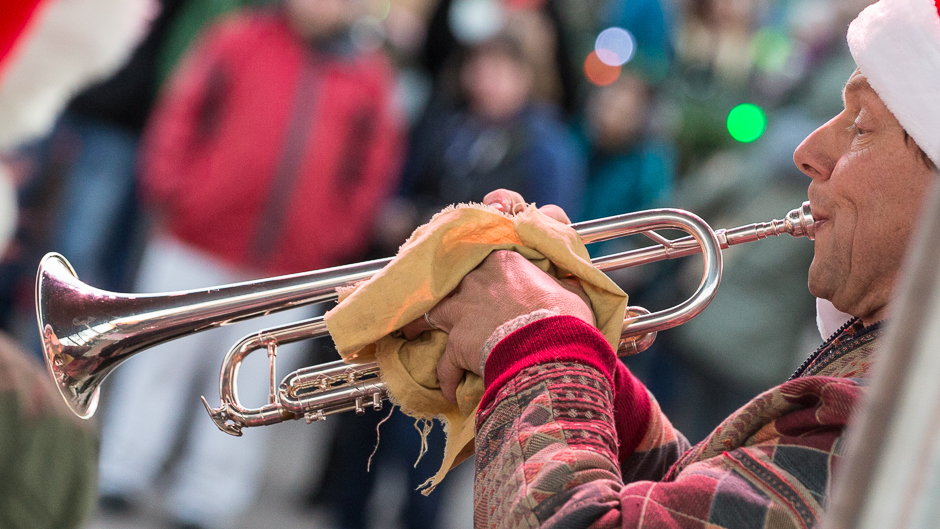
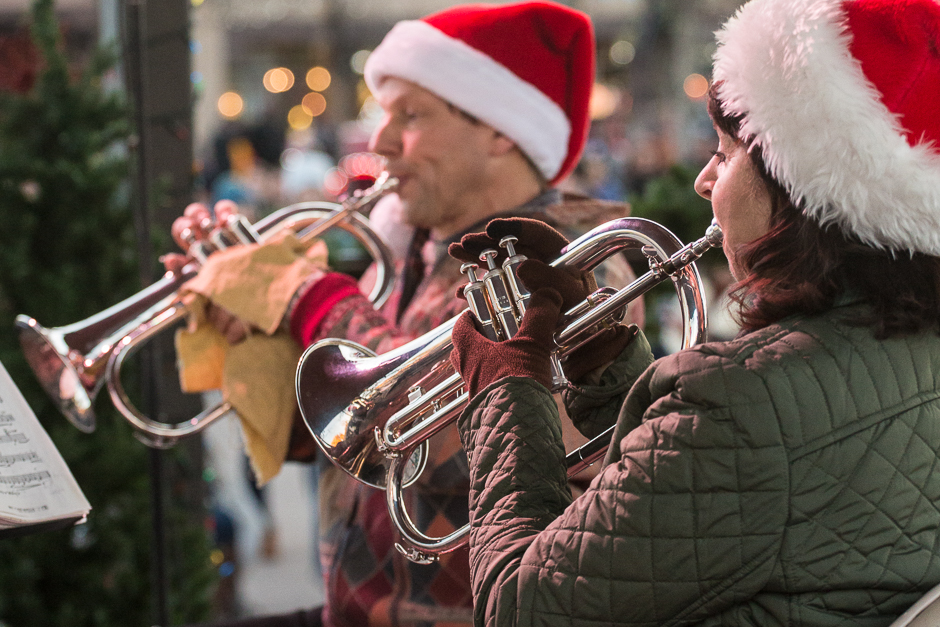
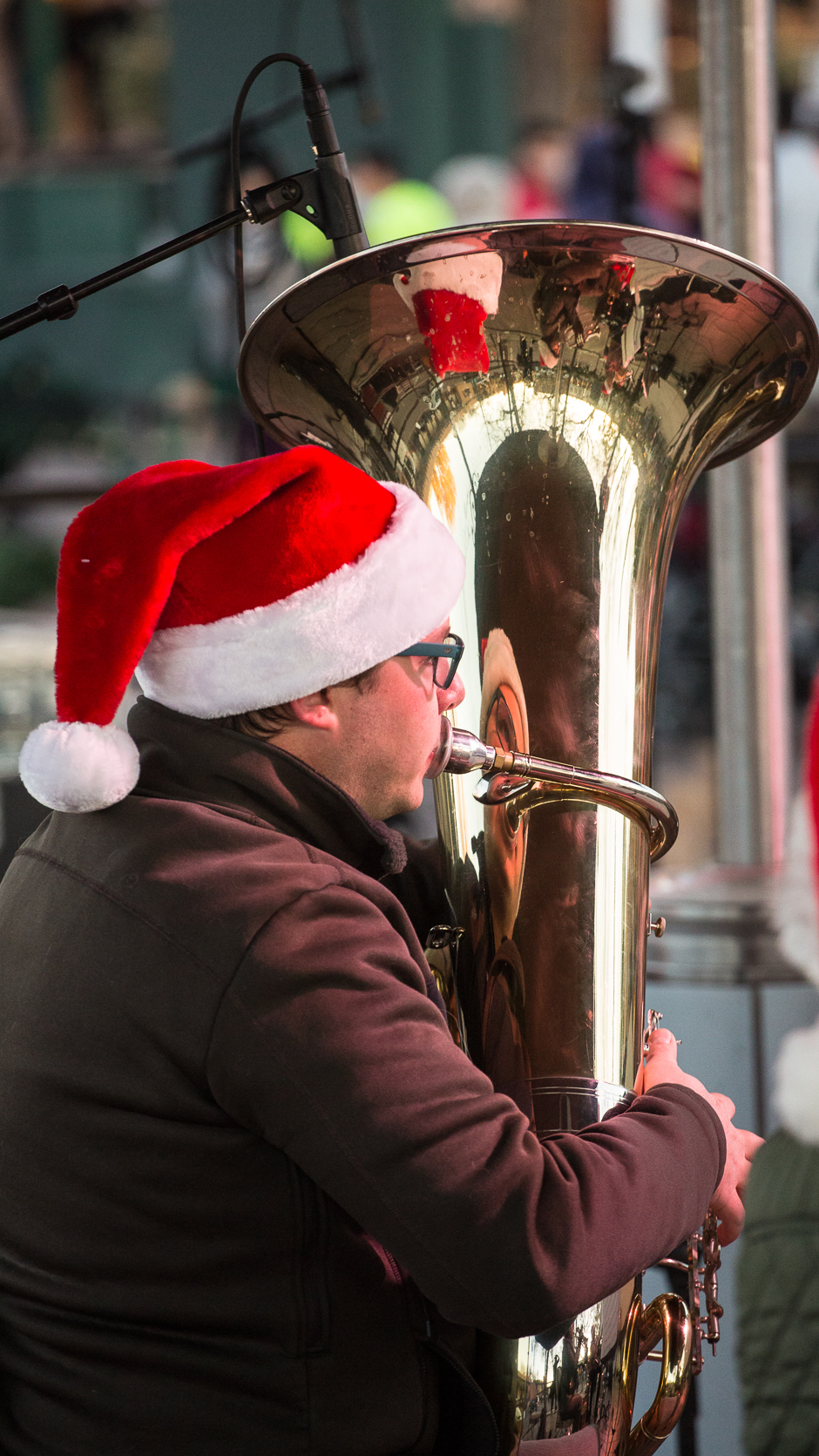 Tuba guy was tough to capture.
Tuba guy was tough to capture.
I will fill in the names as I get the research done.
Santa Fe Brass Extended Gallery
Las Gorras Blancas – Las Vegas, New Mexico
Warning: Use of undefined constant gad_content_tag_filter_replace - assumed 'gad_content_tag_filter_replace' (this will throw an Error in a future version of PHP) in /home/dx87kwtjkt0i/public_html/wp-content/plugins/web-ninja-google-analytics/webninja_ga.php on line 1813
Las Vegas, New Mexico
 A colorful town with some interesting history.
A colorful town with some interesting history.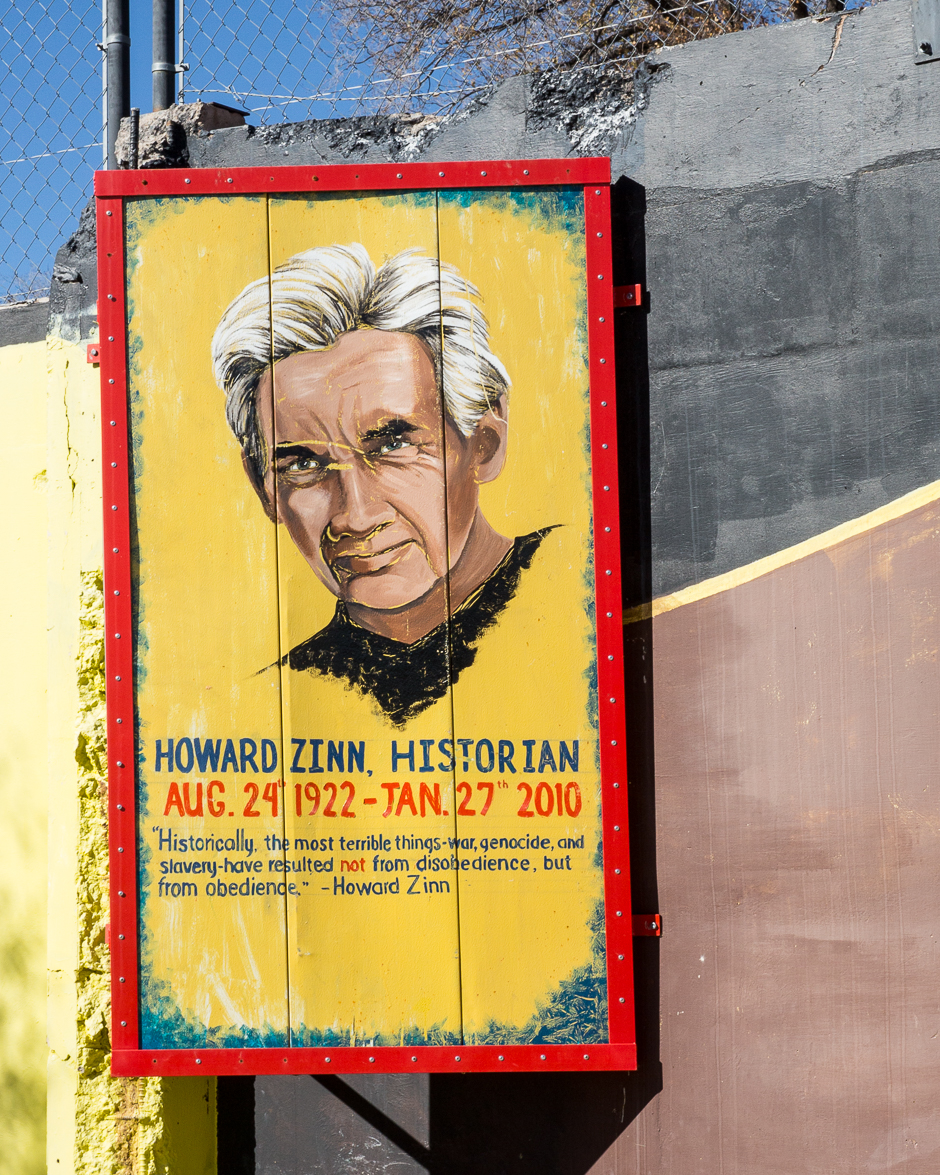 Truth
Truth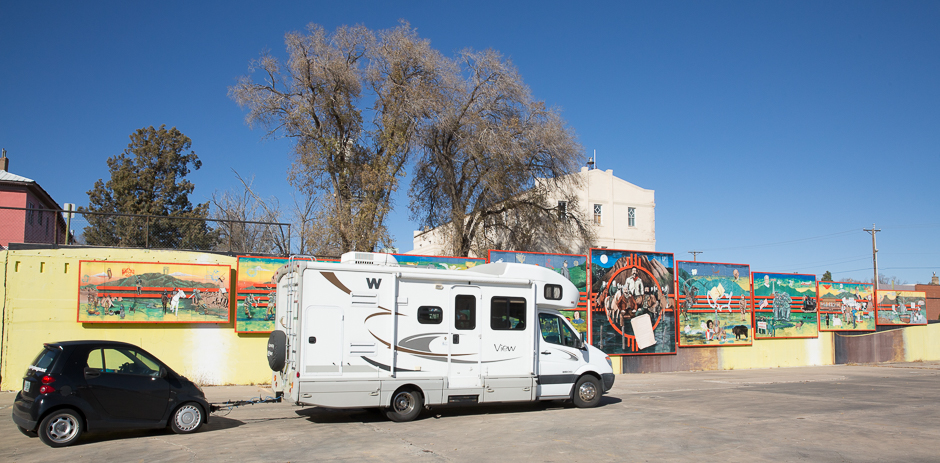
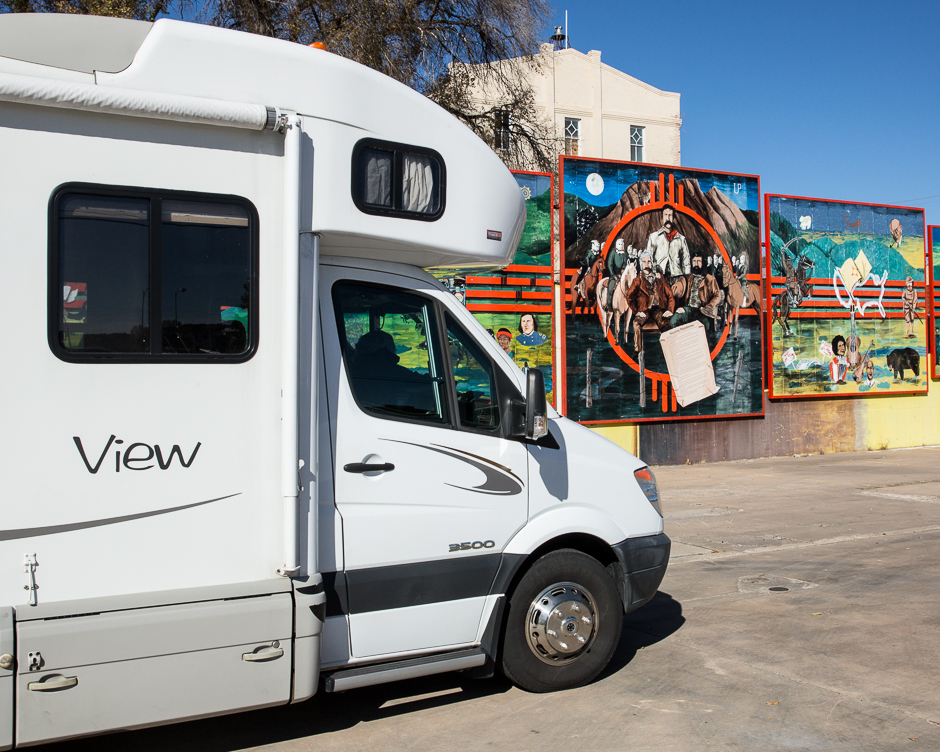
 What do you think? Union Thugs 😉
What do you think? Union Thugs 😉
For those that do not know me, this is said tongue in cheek
Proclamation of Las Gorras Blancas~White Caps-1890
Las Vegas Daily Optic, March 12, 1890.
In the late 1880s and early 1890s, a group of people calling themselves La Gorras Blancas, the White Caps, rose up in rebellion in San Miguel County and northern New Mexico. The main concern was based upon the fact that landowners had fenced off ranchland, which made it impossible for small landowners to graze their livestock. The railroads had also refused to pay prevailing rates for hauling railroad ties. This group responded by burning houses, cutting barbed wire fences enclosing Anglo farms and ranches, and stopping teams from hauling rail ties. Former governor Miguel Antonio Otero describes the circumstances in his memoir: “At night large parties on horseback, wearing white caps drawn over their faces, would ride through towns and settlements merely for the purpose of intimidating people.” In the following proclamation, the White Caps define their standing and position.
Not wishing to be misunderstood, we hereby make this our declaration.
Our purpose is to protect the rights and interests of the people in general; especially those of the helpless classes.
We want the Las Vegas Grant settled to the benefit of all concerned, and this we hold is the entire community within the grant.
We want no “land grabbers” or obstructionists of any sort to interfere. We will watch them.
We are not down on lawyers as a class, but the usual knavery and unfair treatment of the people must be stopped.
Our judiciary hereafter must understand that we will sustain it only when “Justice” is its watchword.
The practice of “double-dealing” must cease.
There is a wide difference between New Mexico’s “law” and “justice.” And justice is God’s law, and that we must have at all hazards.
We are down on race issues, and will watch race agitators. We are all human brethren, under the same glorious flag.
We favor irrigation enterprises, but will fight any scheme that tends to monopolize the supply of water courses to the detriment of residents living on lands watered by the same streams.
We favor all enterprises, but object to corrupt methods to further the same.
We do not care how much you get so long as you do it fairly and honestly.
The People are suffering from the effects of partisan “bossism” and these bosses had better quietly hold their peace. The people have been persecuted and hacked about in every which way to satisfy their caprice. If they persist in their usual methods retribution will be their reward.
We are watching “political informers.”
We have no grudge against any person in particular, but we are the enemies of bulldozers and tyrants.
We must have a free ballot and a fair count. and the will of the majority shall be respected.
Intimidation and the “indictment” plan have no further fears for us. If the old system should continue, death would be a relief to our sufferings. And for our rights our lives are the least we can pledge.
If the fact that we are law abiding citizens is questioned, come out to our homes and see the hunger and desolation we are suffering; and “this” is the result of the deceitful and corrupt methods of “bossism.”
Be fair and just and we are with you, do otherwise and take the consequences.
The White Caps, 1,500 Strong and Growing Daily
New Mexico State Record Center and Archives
An Interesting Read : “Retribution Will Be Their Reward”
Blog Post Link ~ Las Vegas’ Charlie’s Spic and Span ~ 2011
Youthful Haunts
Warning: Use of undefined constant gad_content_tag_filter_replace - assumed 'gad_content_tag_filter_replace' (this will throw an Error in a future version of PHP) in /home/dx87kwtjkt0i/public_html/wp-content/plugins/web-ninja-google-analytics/webninja_ga.php on line 1813
In transit from Buffalo/Cleveland to Santa Fe we managed to find our way through Danville, Illinois and the Red Bridge community of Kansas City, Missouri.
Childhood haunts of mine, indulge me while I reminisce.
Going East to (mid)West which is the direction I am traveling is not the direction in which the family of my youth migrated.
Danville, Illinois: My Dad took a position with Federal Chemical, a chemical company with a fertilizer division in the midwest. We moved east from Missouri in the summer of my 5th grade year. This was our family’s third relocation in my short lifetime.
At that point in time Danville was thriving, the home of Chuckles candy, strip-mining of coal was king in the area, home to a GM assembly plant and a busy railroad center.
Dick Van Dyke grew up in Danville. That dates you if you recognize the name
Chuckles is now history as a candy, the GM plant is closed and Dick Van Dyke is an old guy.
Danville’s present claim to economic fame is a federal penitentiary outside of town.
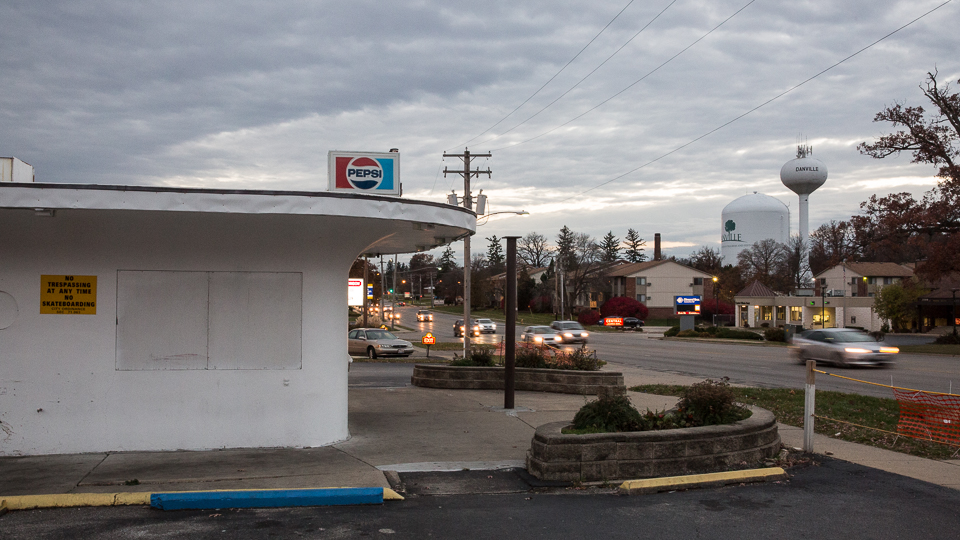
This is a view of the Custard Cup, still run by the Darling family using the same recipe for soft serve custard.
The business is shuttered against the season and apparently the surrounding competition.
It was only a short walk out North Vermilion beyond our house at 2323 North Vermilion on the corner of Cedar Street.
The custard Cup was ‘the place’ back in the day.
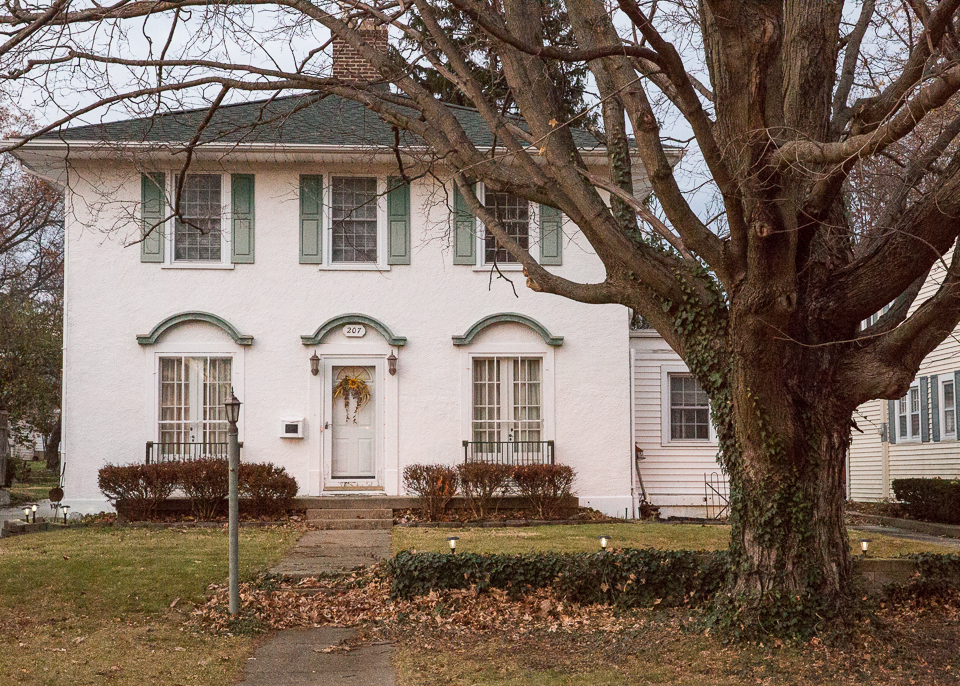 We moved from the house on Vermilion to this house at 207 East Raymond.
We moved from the house on Vermilion to this house at 207 East Raymond.
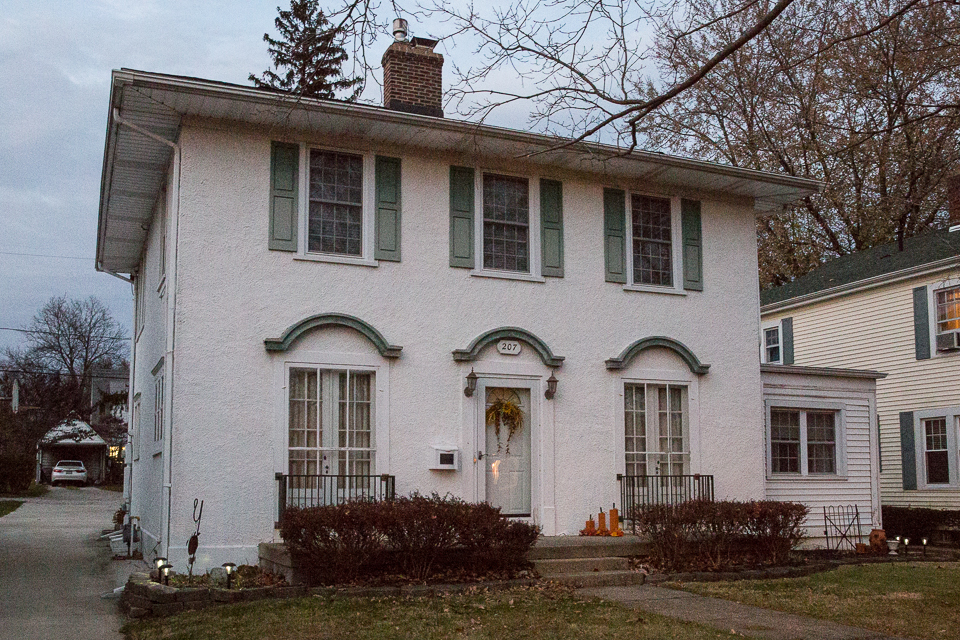 Still the same part of town and the same elementary school for my brother and I.
Still the same part of town and the same elementary school for my brother and I.
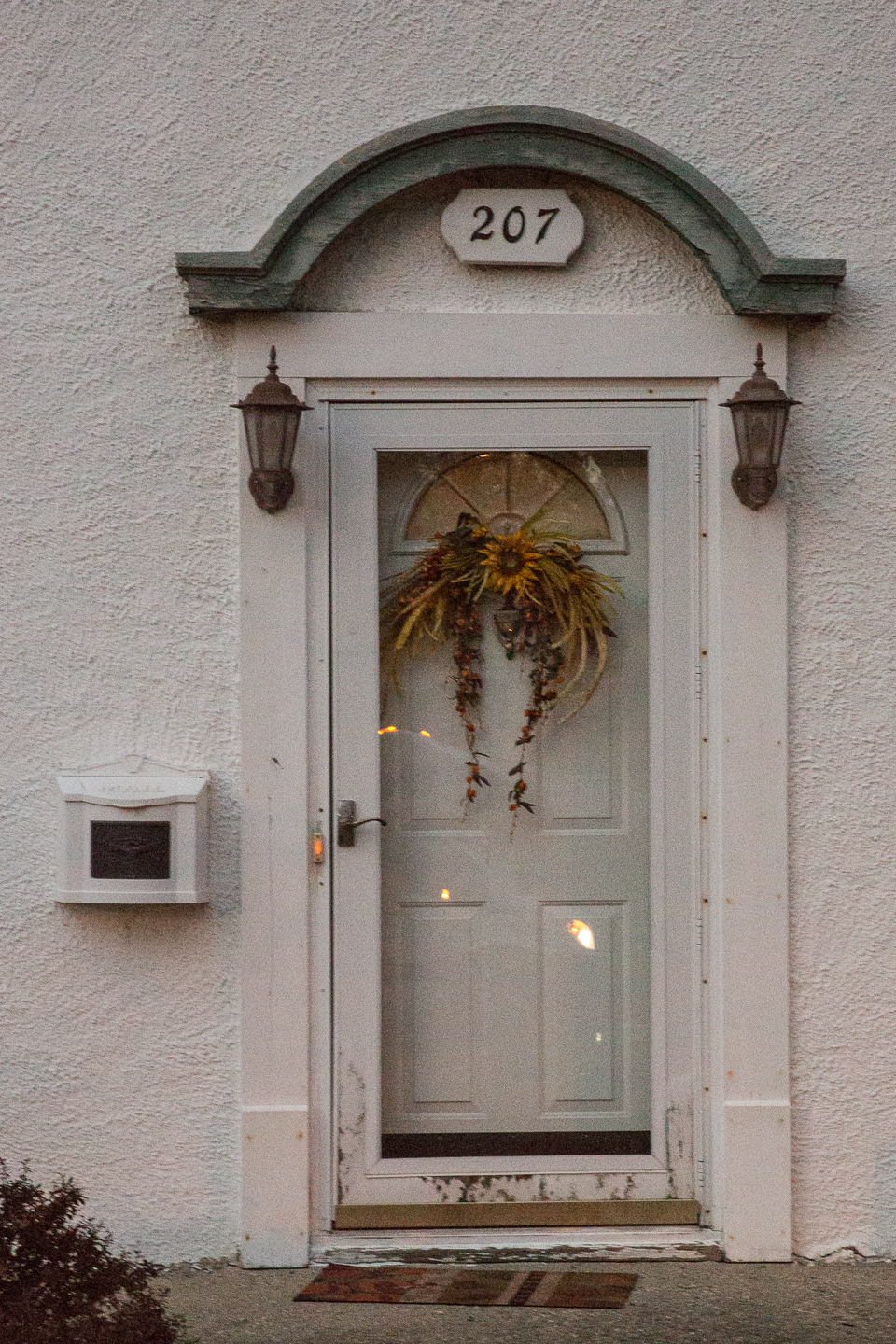 Our folks were pretty conscientious about schools and our education.
Our folks were pretty conscientious about schools and our education.
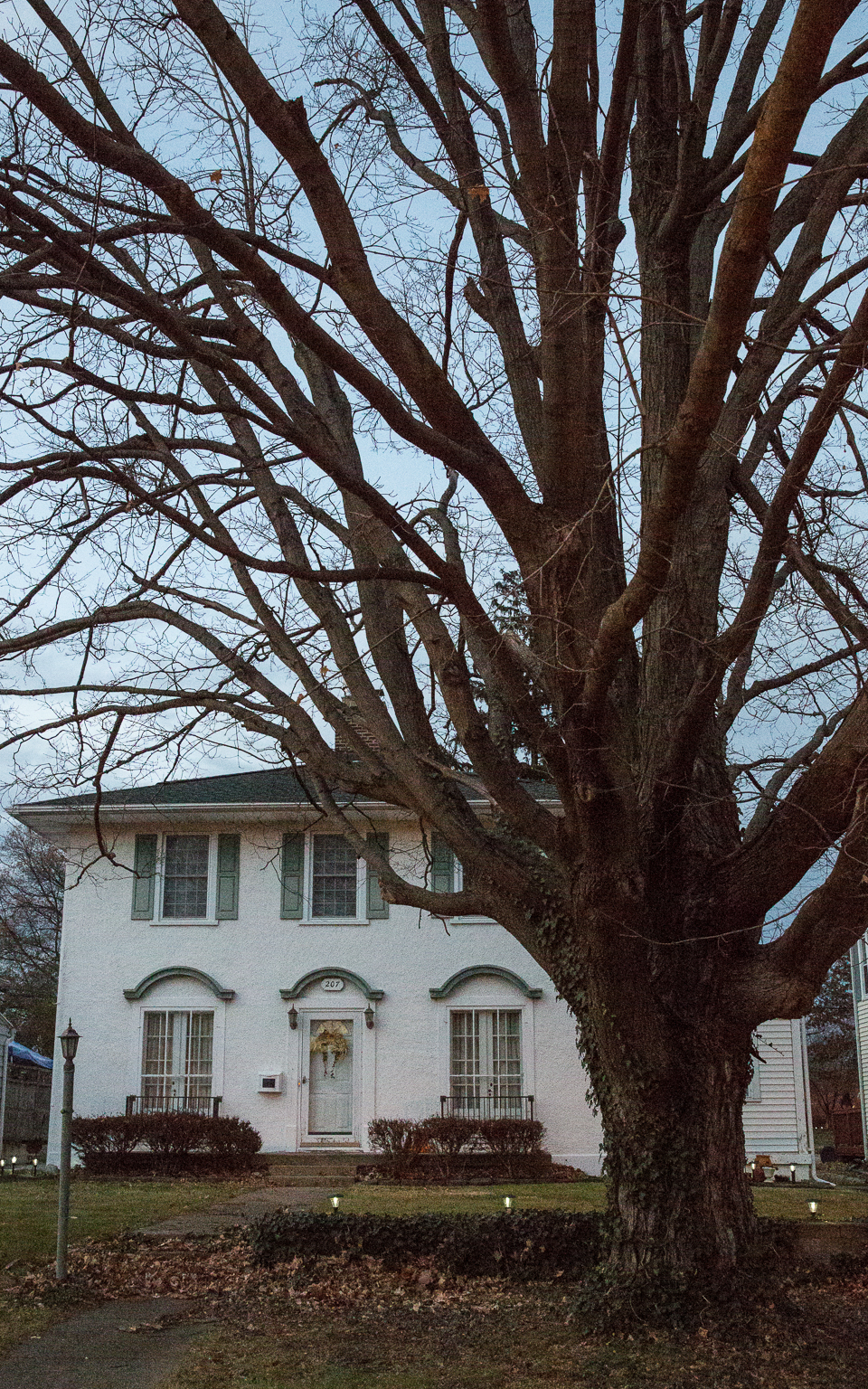 I do not remember ever again moving during the school year after the move north to Kansas City from Florida.
I do not remember ever again moving during the school year after the move north to Kansas City from Florida.
 We seemed to live close to our elementary schools.
We seemed to live close to our elementary schools.
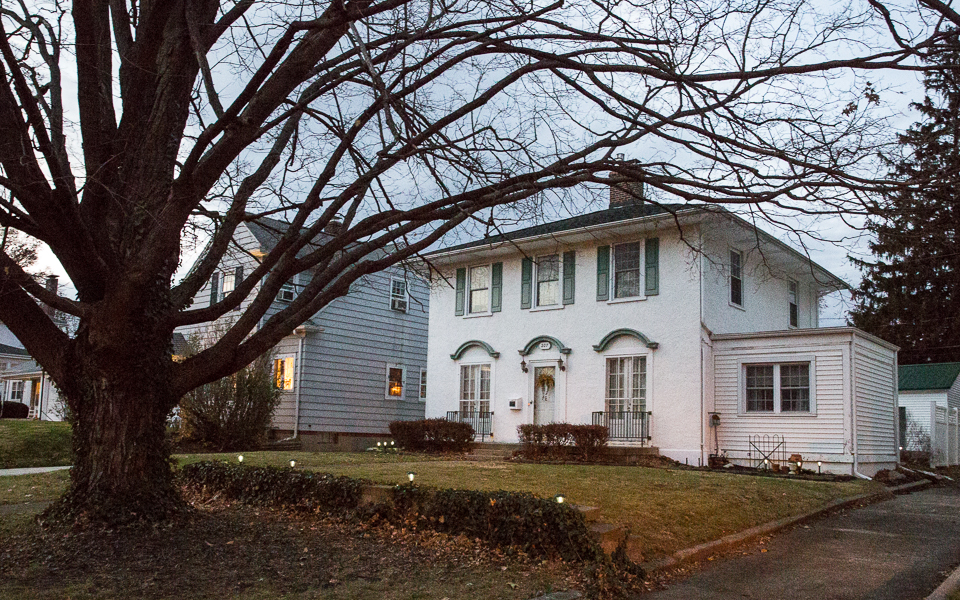 We attended Edison Elementary School back in the day.
We attended Edison Elementary School back in the day.
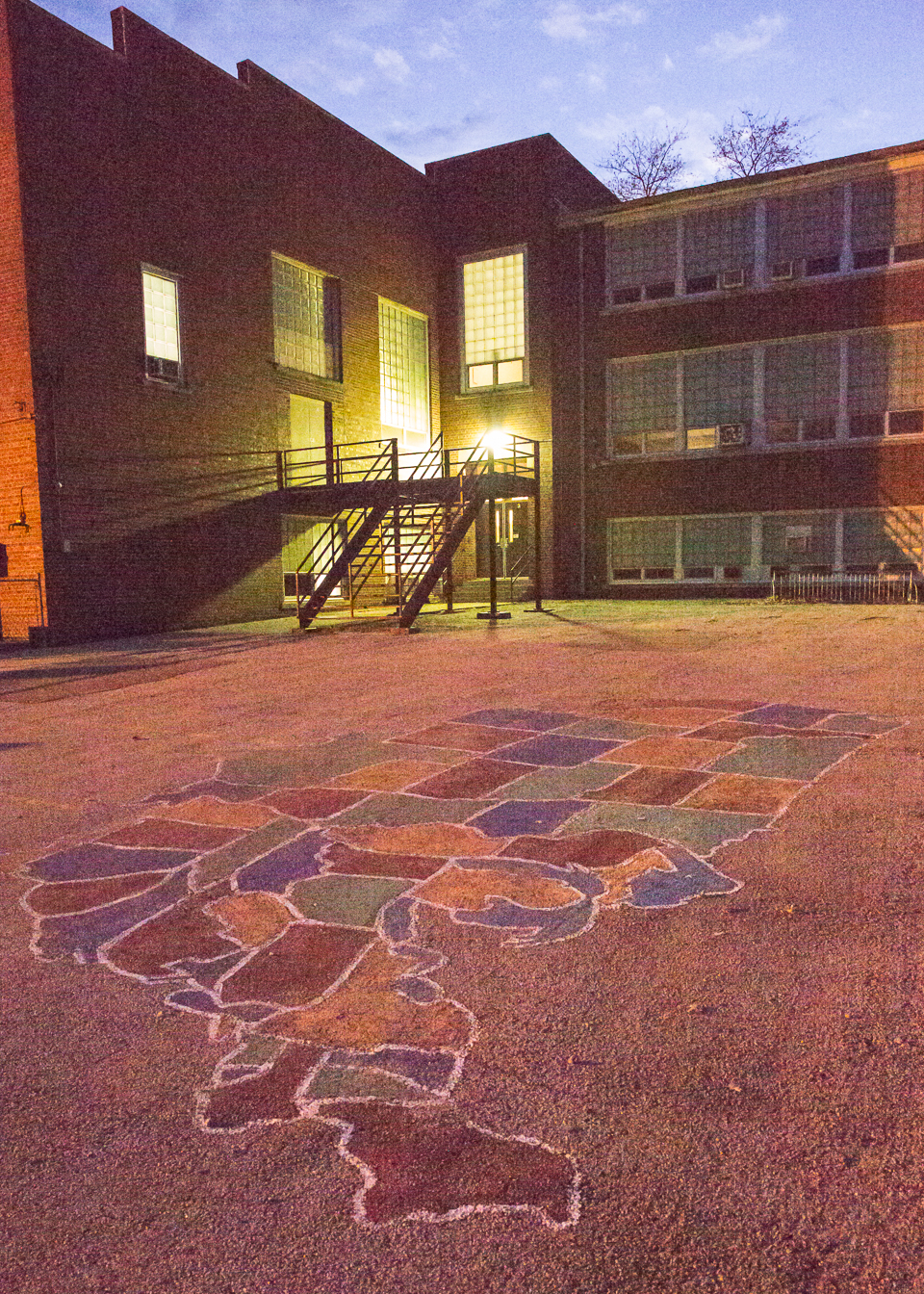 I was there for sixth grade then on to North Ridge Junior High School.
I was there for sixth grade then on to North Ridge Junior High School.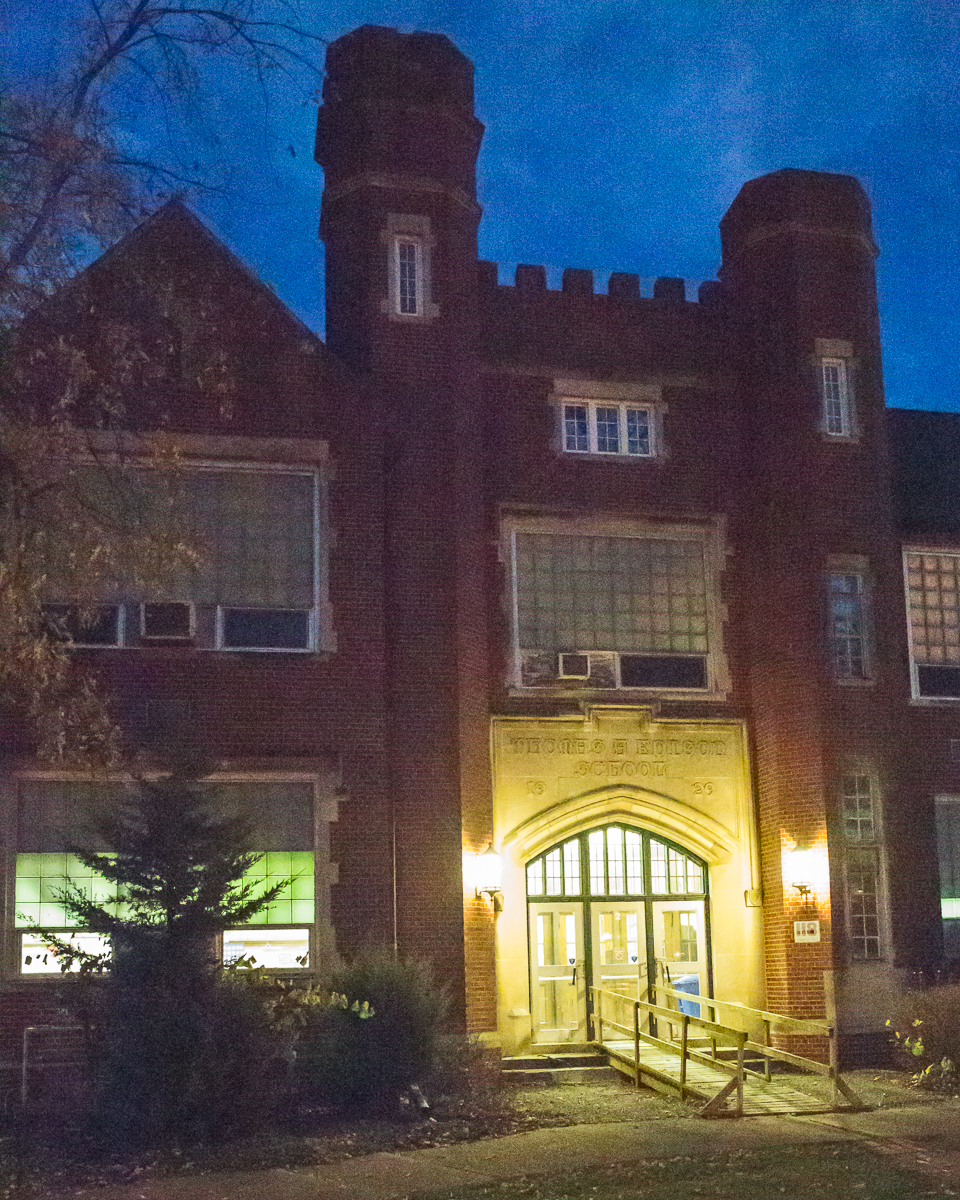 We arrived in Danville after dark but the Principal of Edison Elementary, Mark Goodwin working late, having a presence in his school community, was so gracious as to show me around.
We arrived in Danville after dark but the Principal of Edison Elementary, Mark Goodwin working late, having a presence in his school community, was so gracious as to show me around.
This, after I tried the doors, found one open and let myself in.
Mark warmed to the task of showing me around and listening to my story.
A good man who is clearly proud of his school and it’s historic building: Thank you Mark.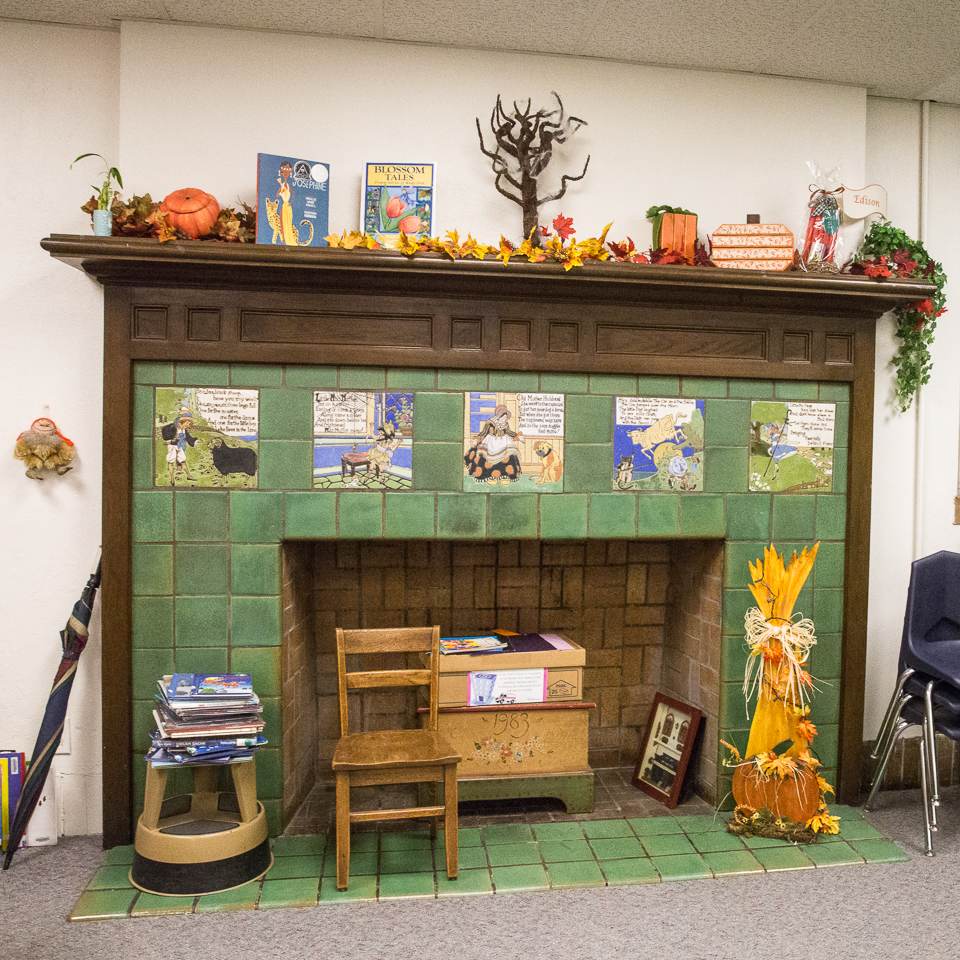 A brick school building school with a fire place and a hearth, in the original Library.
A brick school building school with a fire place and a hearth, in the original Library.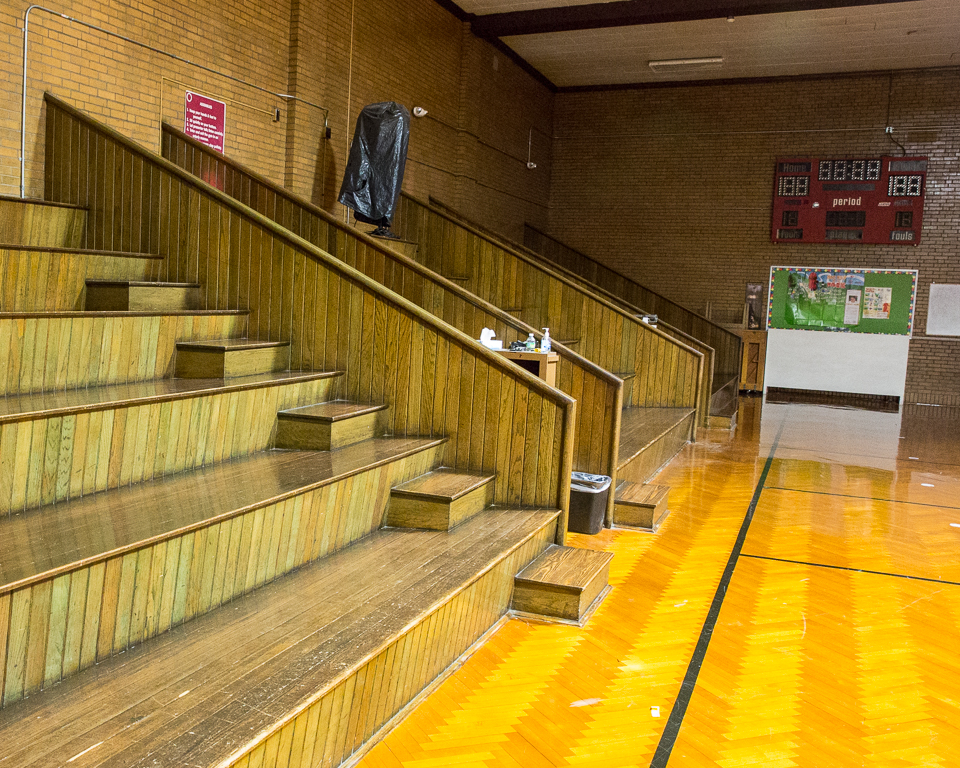 Old timey built-in wooden bleachers in a parquetry floored gym.
Old timey built-in wooden bleachers in a parquetry floored gym.
The floor is still in excellent condition, well maintained by someone with pride in self and pride in product.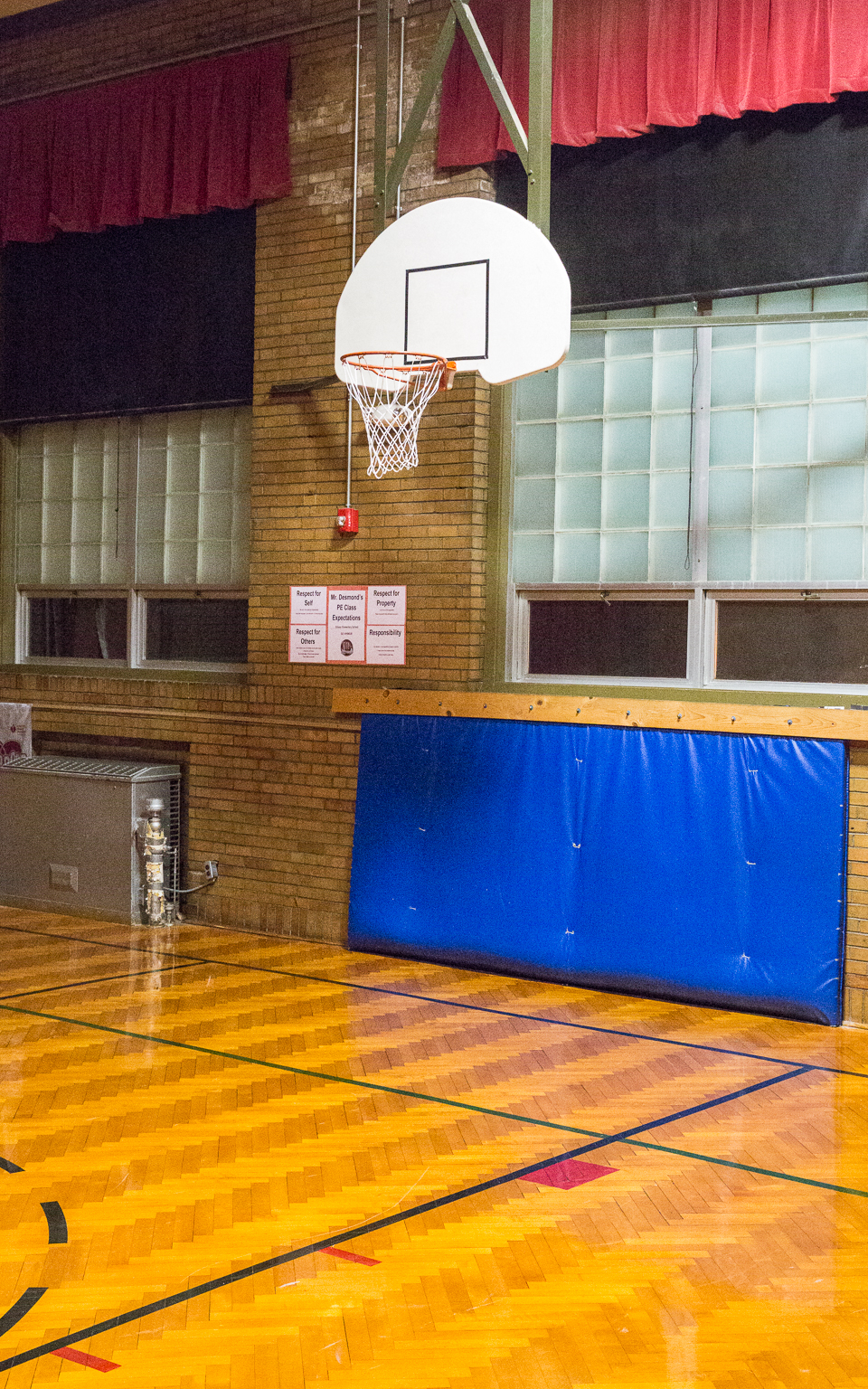 Prior to Danville we lived in the Red Bridge community of Kansas City, Missouri, having moved from Coral Cables, Florida.
Prior to Danville we lived in the Red Bridge community of Kansas City, Missouri, having moved from Coral Cables, Florida.
This would have been in my elementary school years through fifth grade. I can not recall what grade I was in when we moved to Red Bridge.
Probably second or third grade if I do the math, a 1951 birth date to 1959.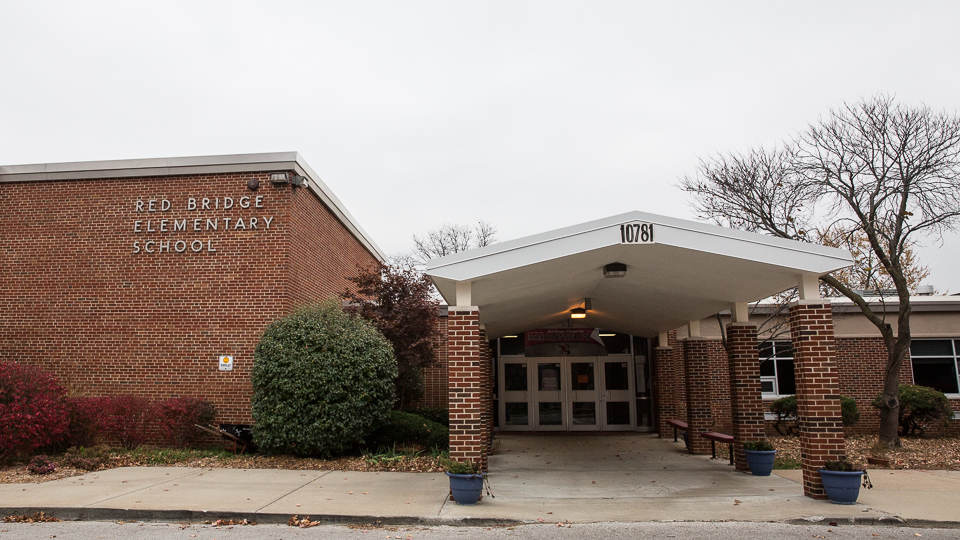
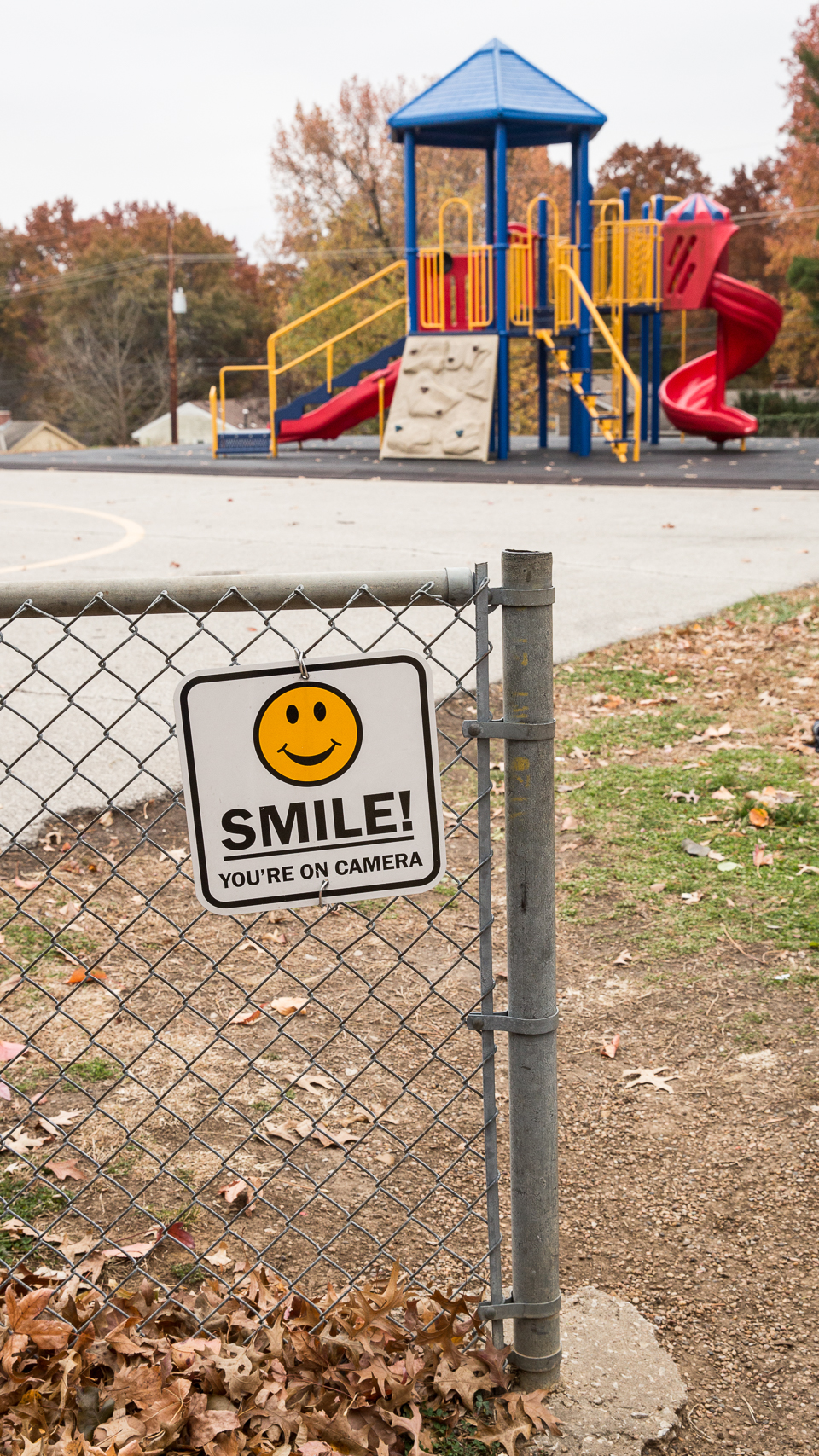
No need of this back in the day … just an observation not a judgement.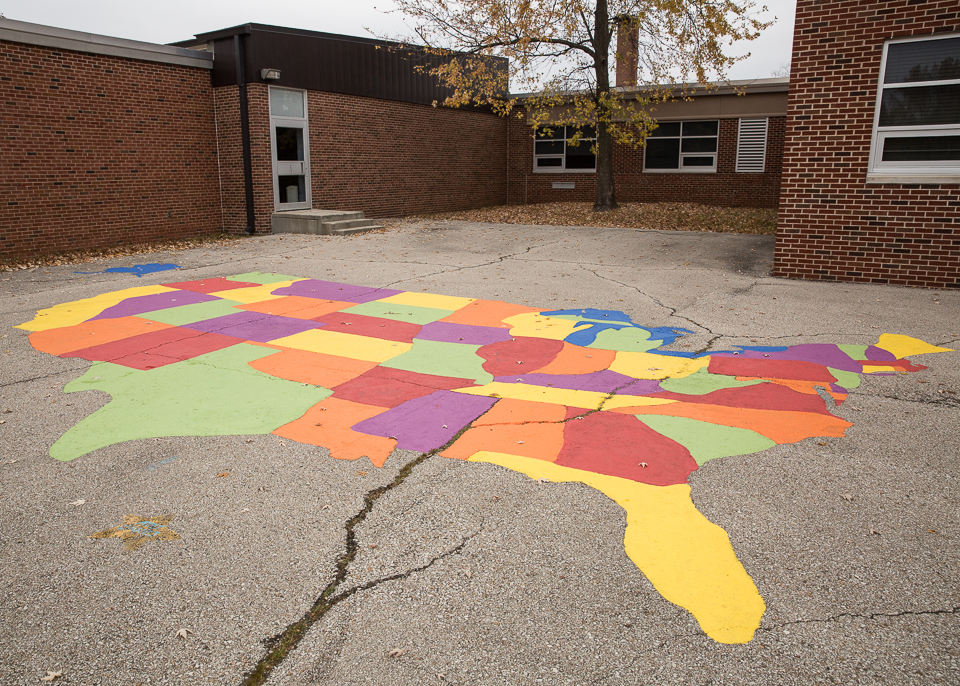 The map is on every mid-western elementary school’s playground surface apparently 😉
The map is on every mid-western elementary school’s playground surface apparently 😉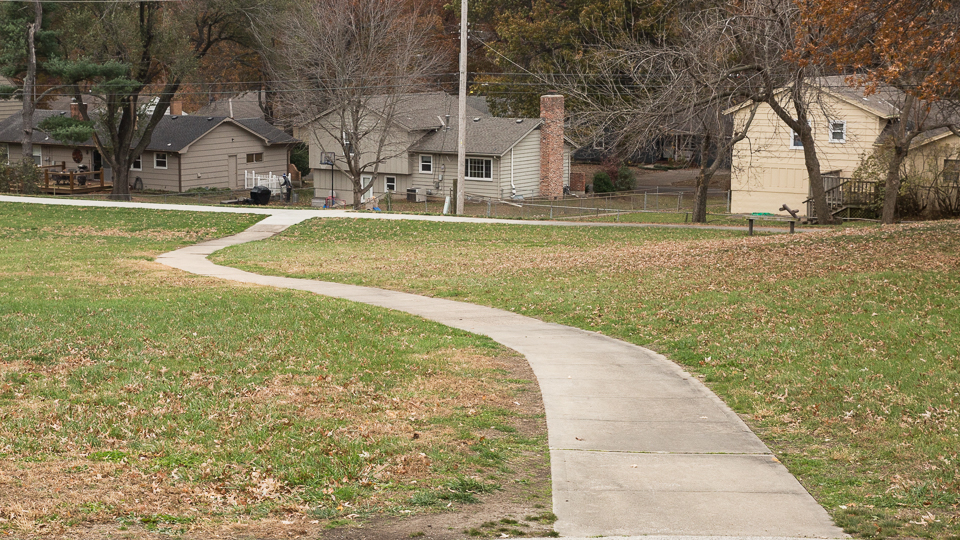 Down the hill behind the school to 108th Terrace. The split-level gray house to the left of the walkway in this view above and to the right of the walkway from the street view.
Down the hill behind the school to 108th Terrace. The split-level gray house to the left of the walkway in this view above and to the right of the walkway from the street view.
We moved in when the school (1959 date on the brass plaque inside the front doors) and the house and development were new. The trees were not grown up or mature yet and one could see forever from off the top of the hill.
To the left of the walkway/sidewalk was a good sized storm drain and then an embankment that ran down into the back yards. Early on the hill was planted with fresh grass sod just before a major rain. The sod slid down the hillside clogging up that storm drain. The rain water off the hill filled the drainage basin and overflowed into people’s back yards and back doors, especially ours. I remember Mom calling my Dad at work in a panic.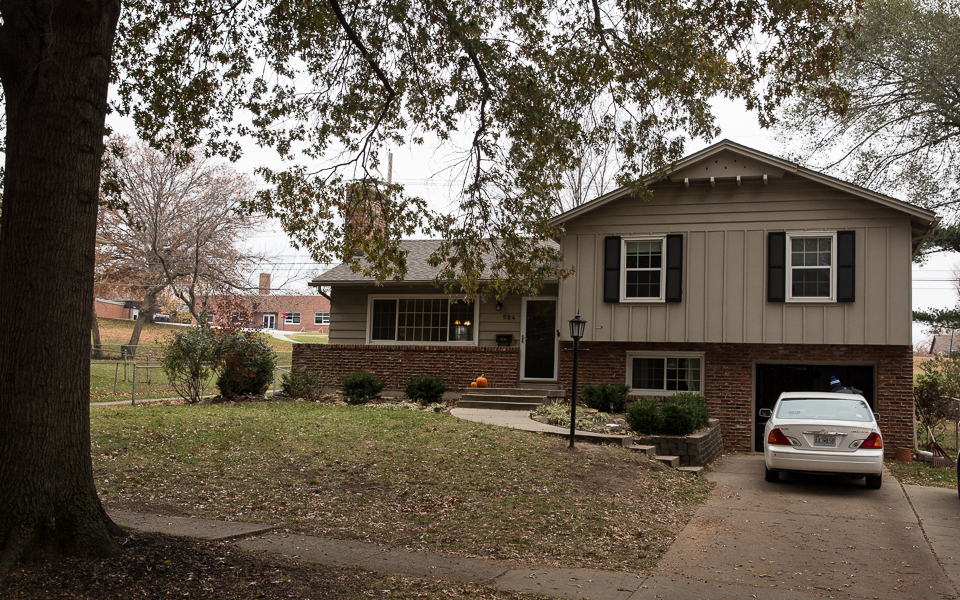
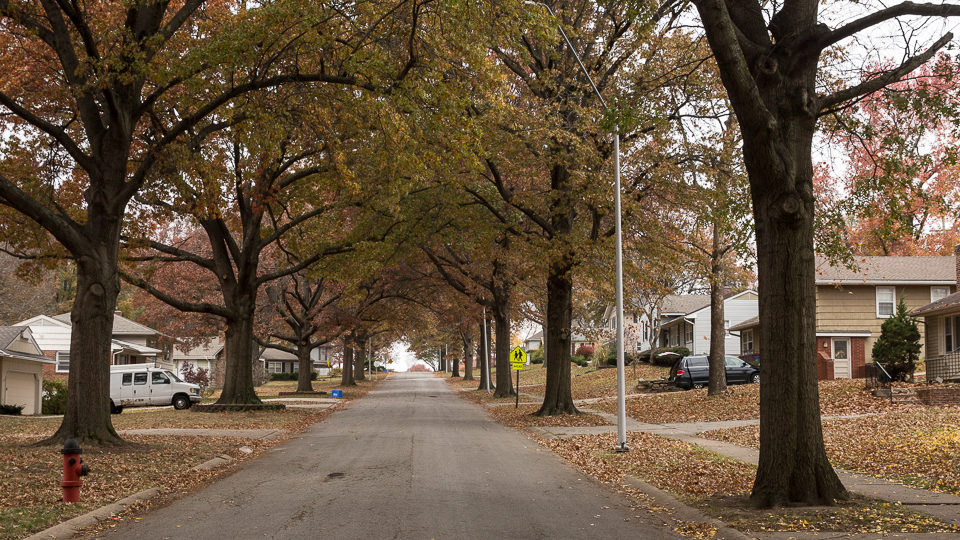 Views up and down the street. Great trees.
Views up and down the street. Great trees.
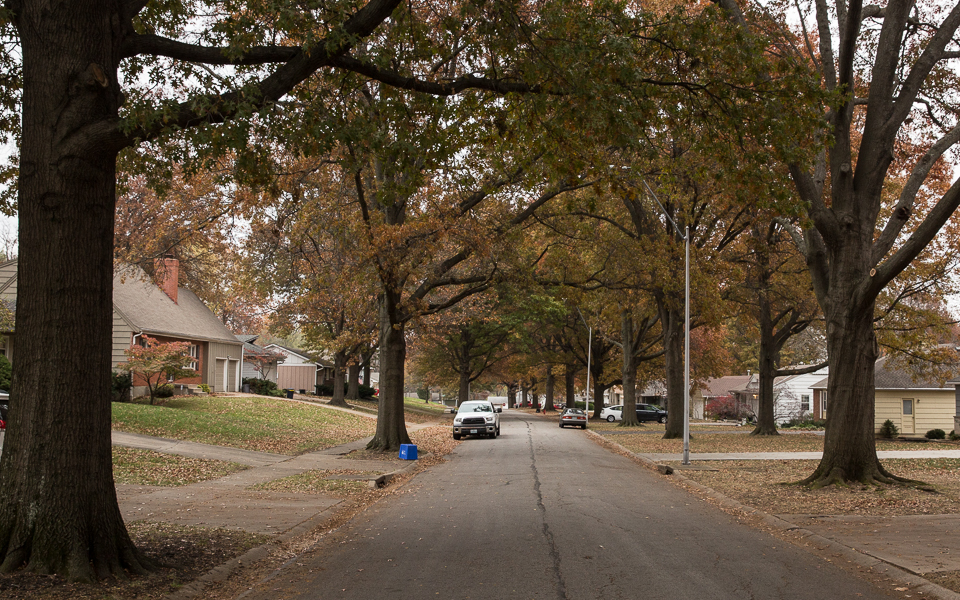
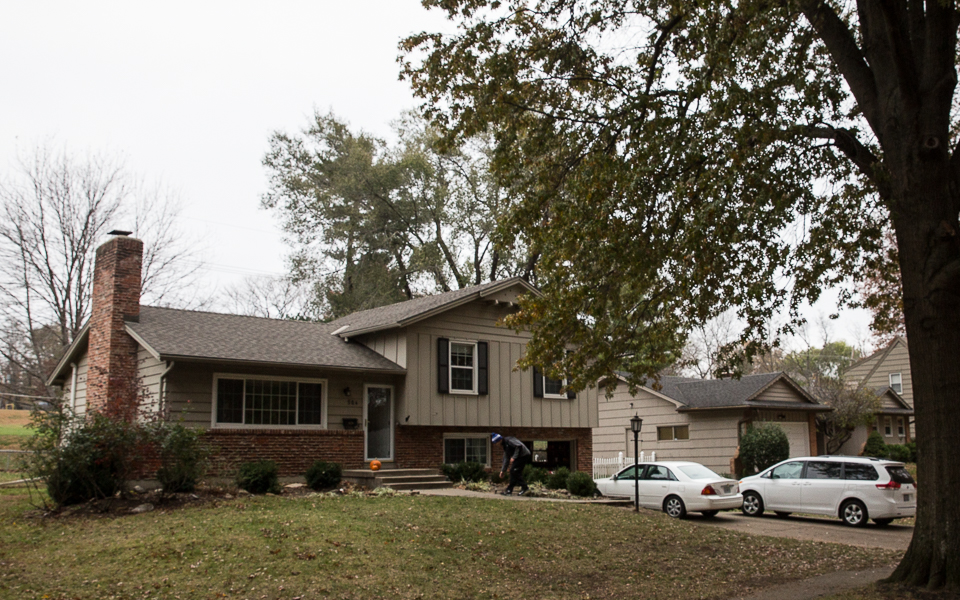 Brett Eubank and his wife and family of four young boys live at that house in Red Bridge.
Brett Eubank and his wife and family of four young boys live at that house in Red Bridge.
Brett was kind enough to listen to an old guy’s stories from way back in the day.
Thank you Brett.
The family of Ed and Louise McKinney went on to be a family of four boys: Stephen, Roger, Bruce and David.
Must be something about that Red Bridge house …
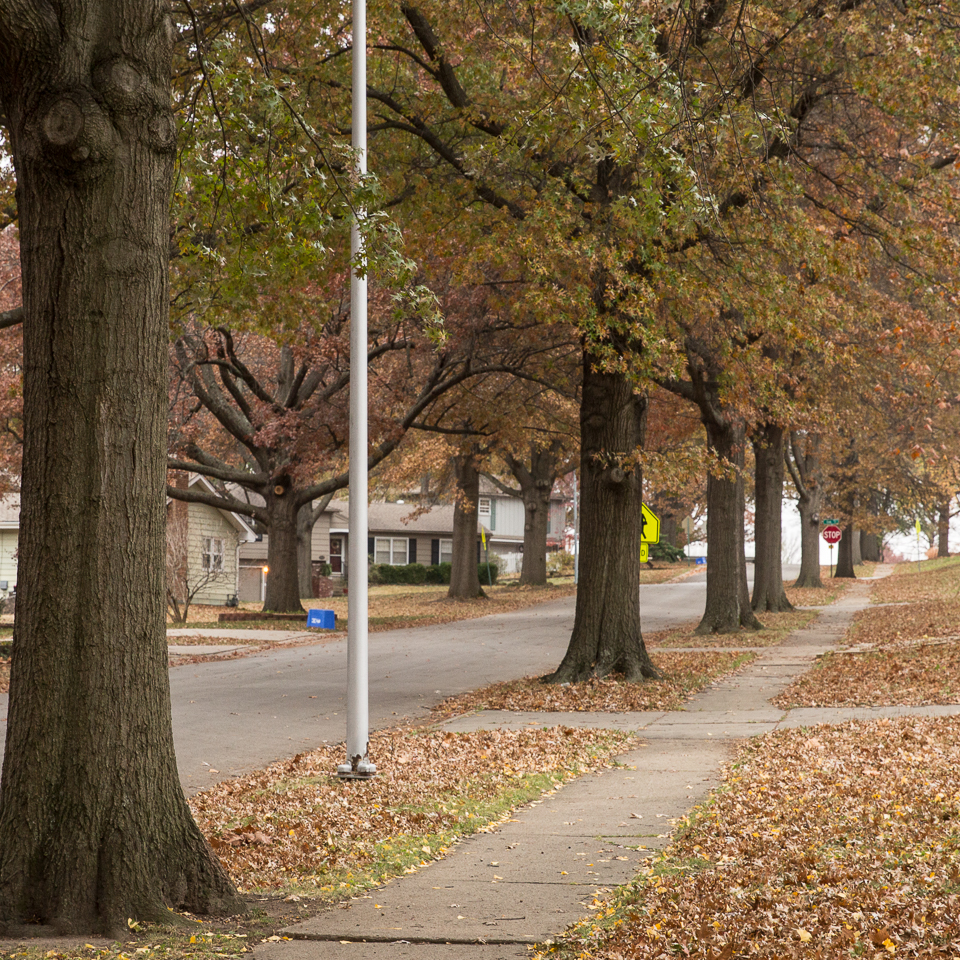 This street and neighborhood had good energy back in the day.
This street and neighborhood had good energy back in the day.
My sense is, from the size and stature of the mature trees and my chat with Brett Eubank, that it still has good energy.
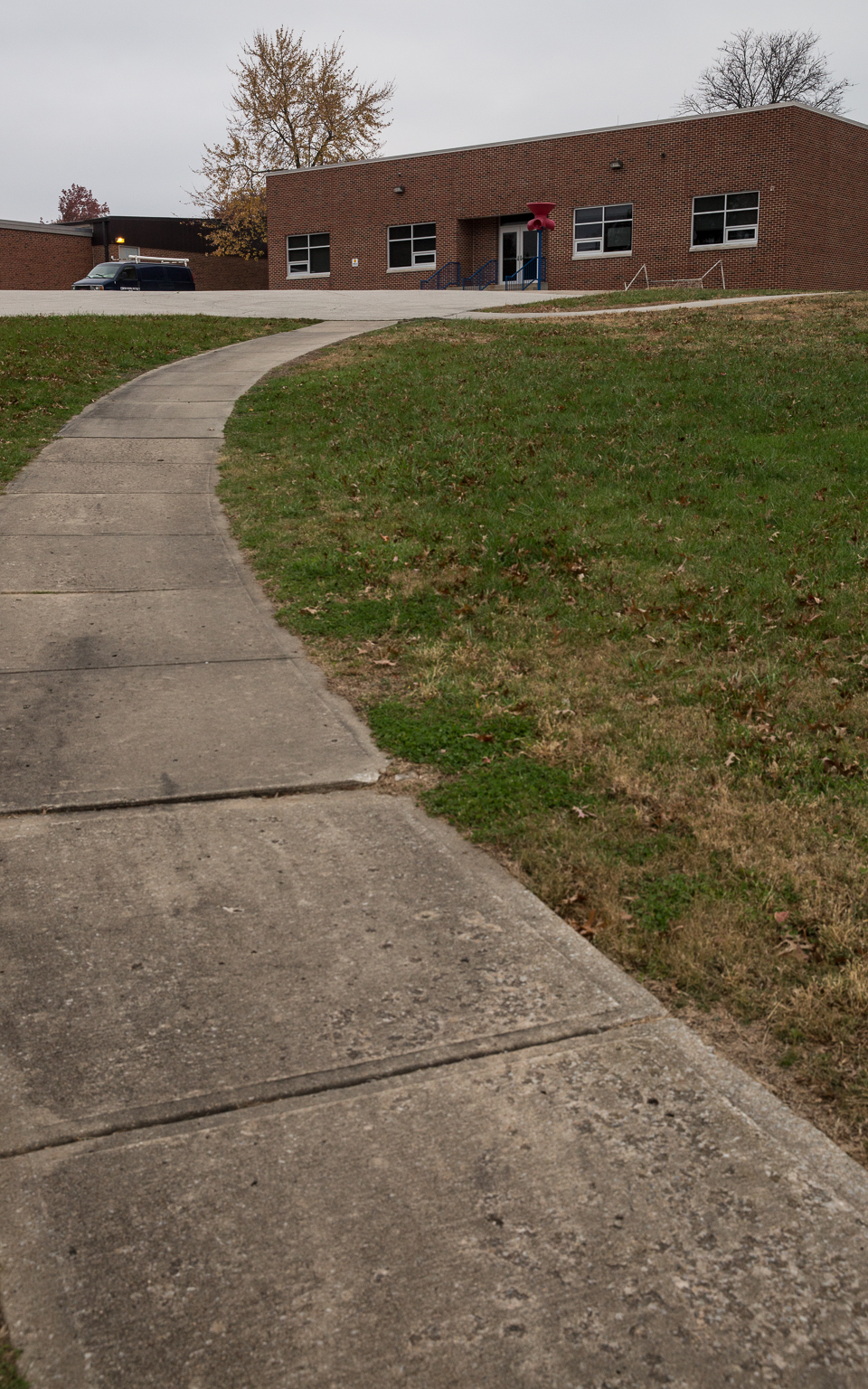 We would sled this hill in the winter and fly kites off of it in the spring and summer.
We would sled this hill in the winter and fly kites off of it in the spring and summer.
I can remember being late for school, dubbin’ around on the walk up.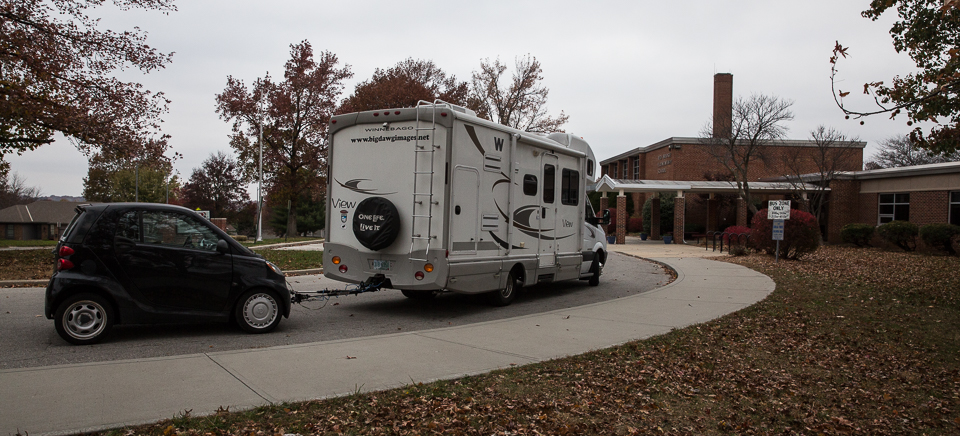
Everyone should have a Red Bridge and a Danville in their youth
… and then be blessed enough to be able to visit them in one’s retirement.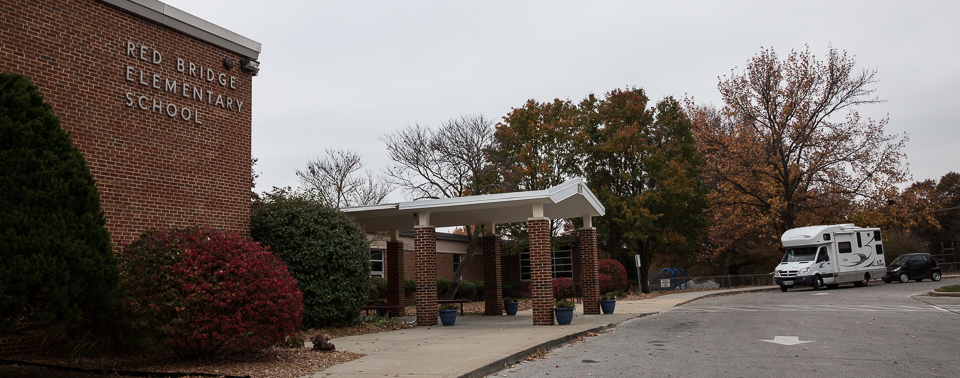
West Side Market – 2016 : The Face of Work
Warning: Use of undefined constant gad_content_tag_filter_replace - assumed 'gad_content_tag_filter_replace' (this will throw an Error in a future version of PHP) in /home/dx87kwtjkt0i/public_html/wp-content/plugins/web-ninja-google-analytics/webninja_ga.php on line 1813
West Side Market
Lorain & W 25th Street
Cleveland, Ohio
Mid-day Saturday November 19th, 2016
The folks pictured here have been at work since 6 AM or so … and still with a smile on their face and a word of welcome to the customer.
I applaud you!
Very few declined to have their image captured.
I thank you one and all!
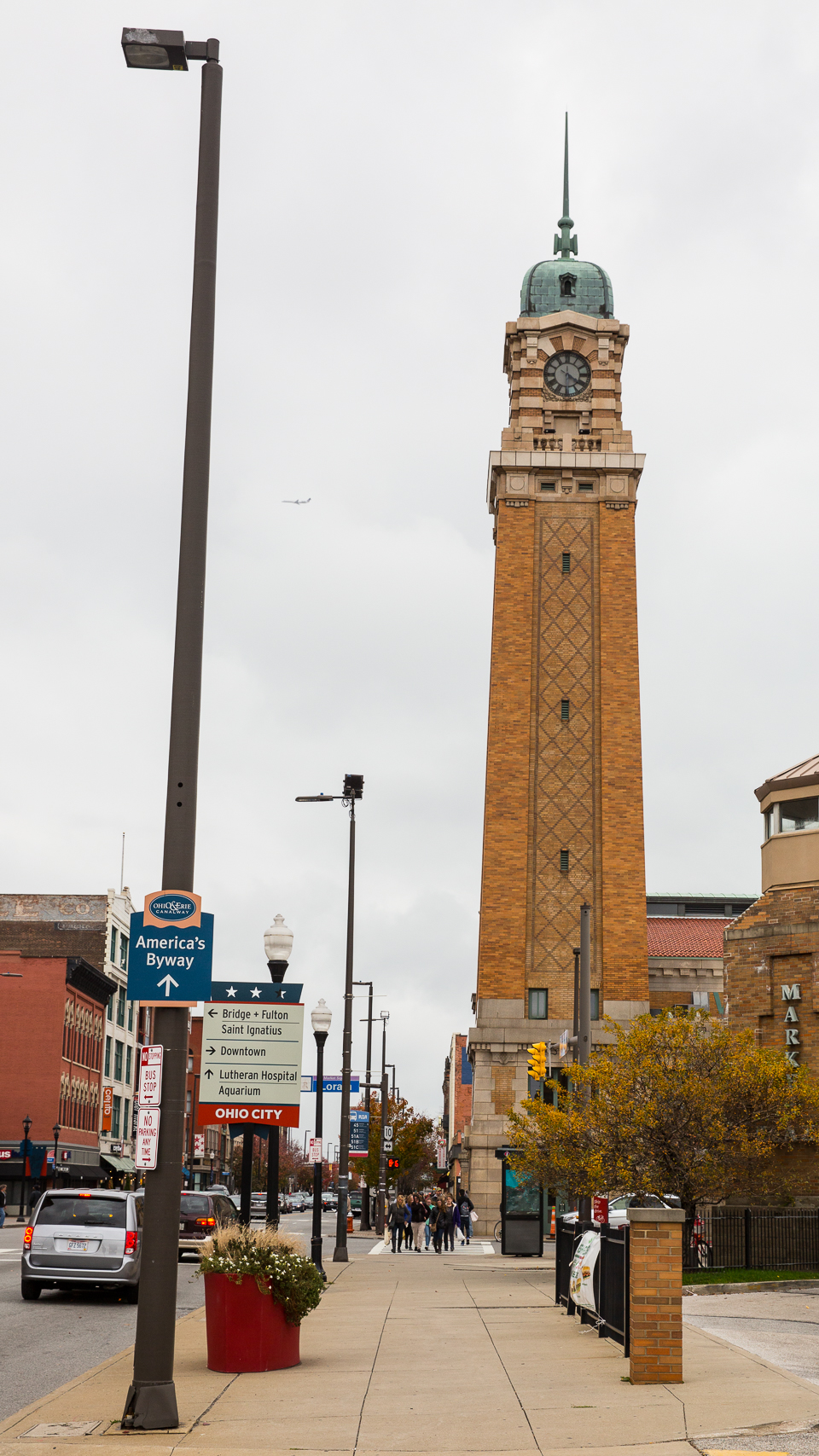
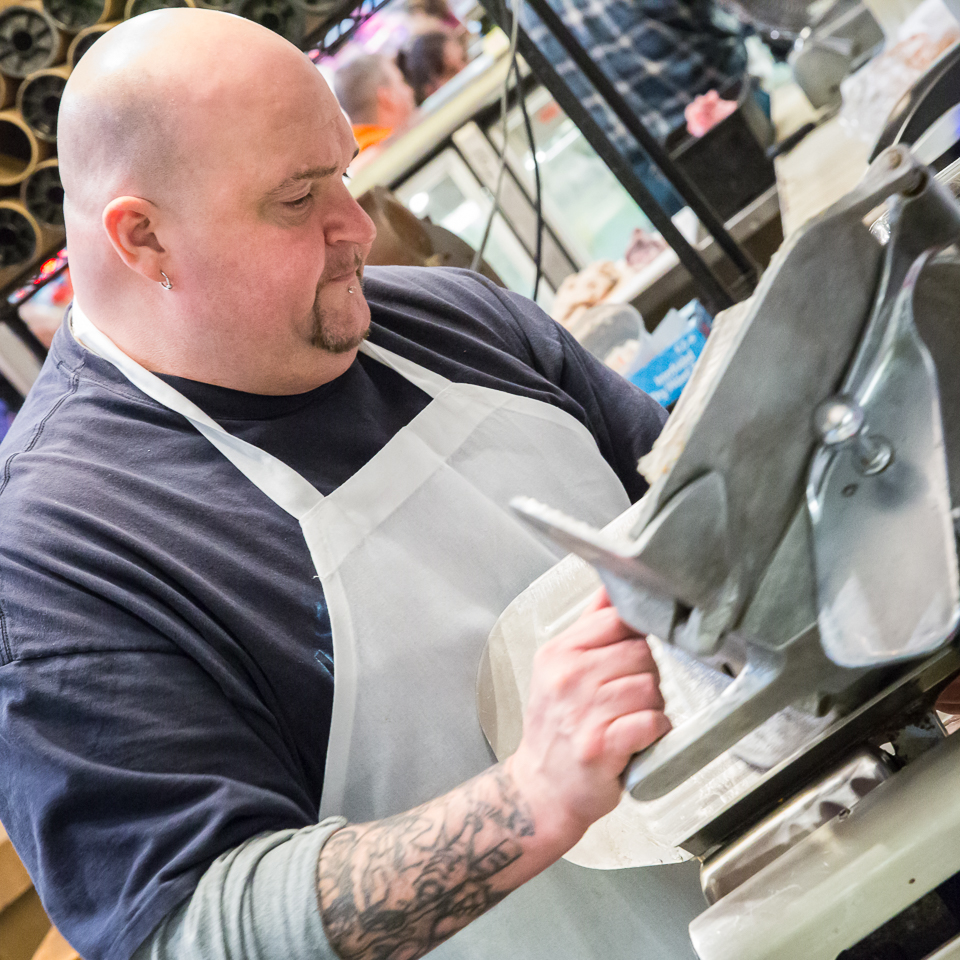

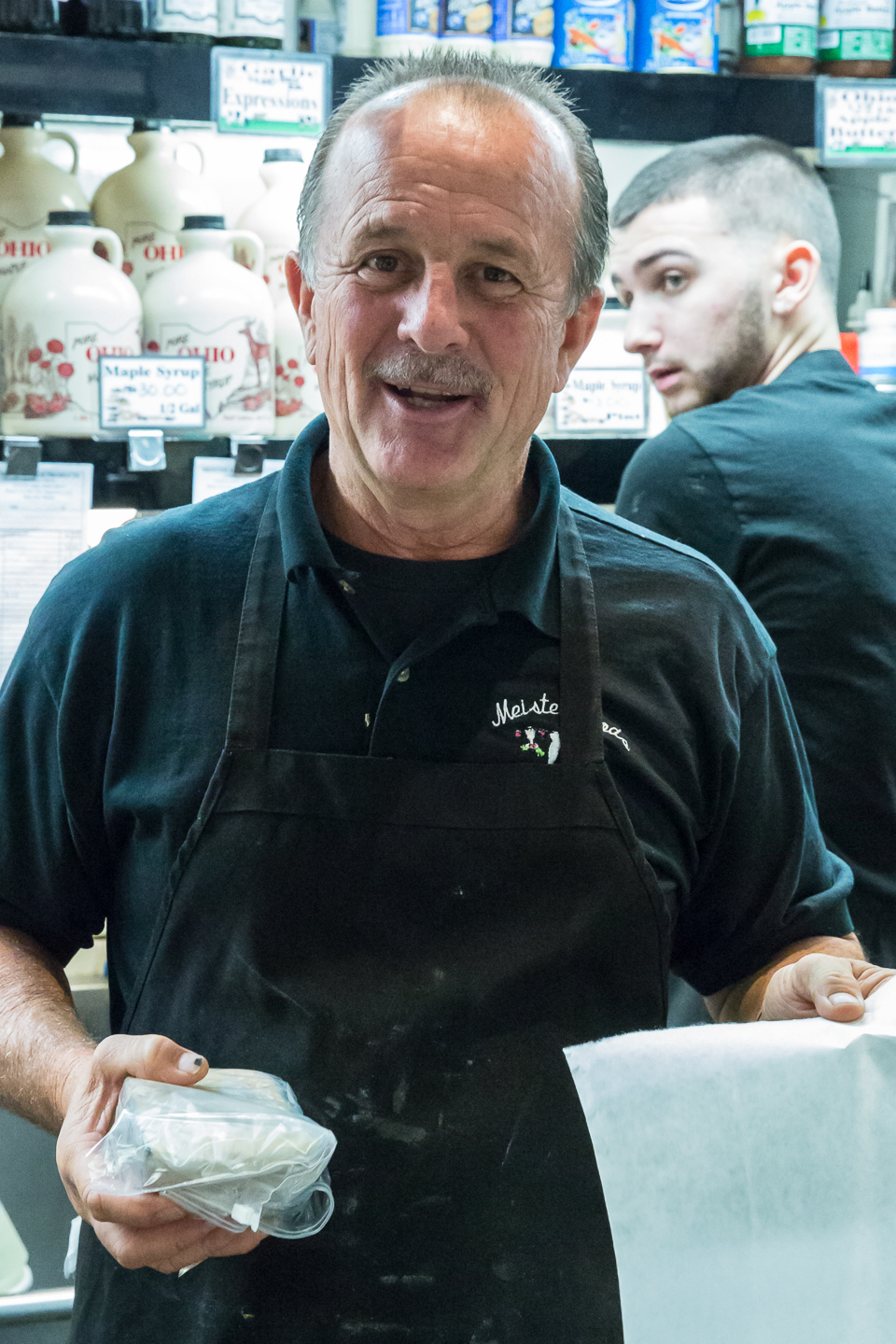

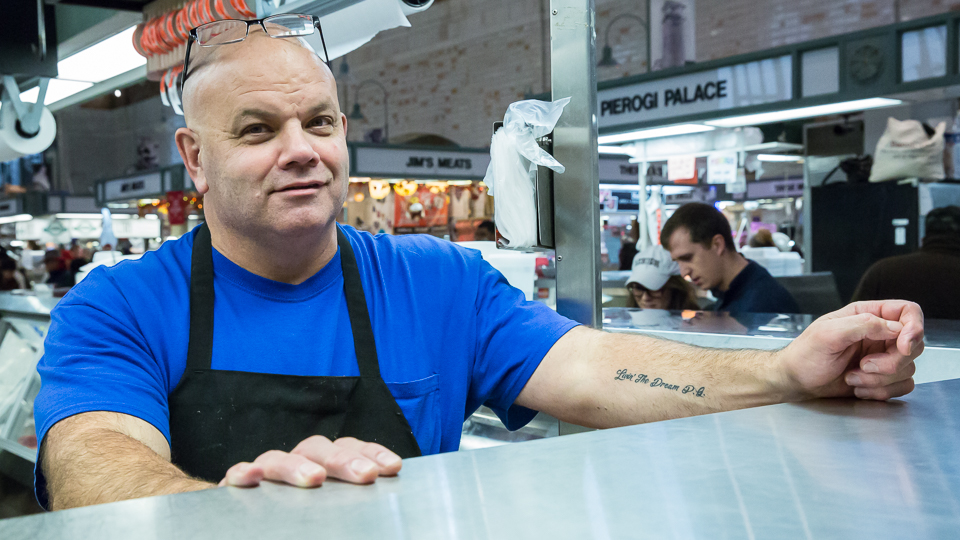 Living the dream …
Living the dream … 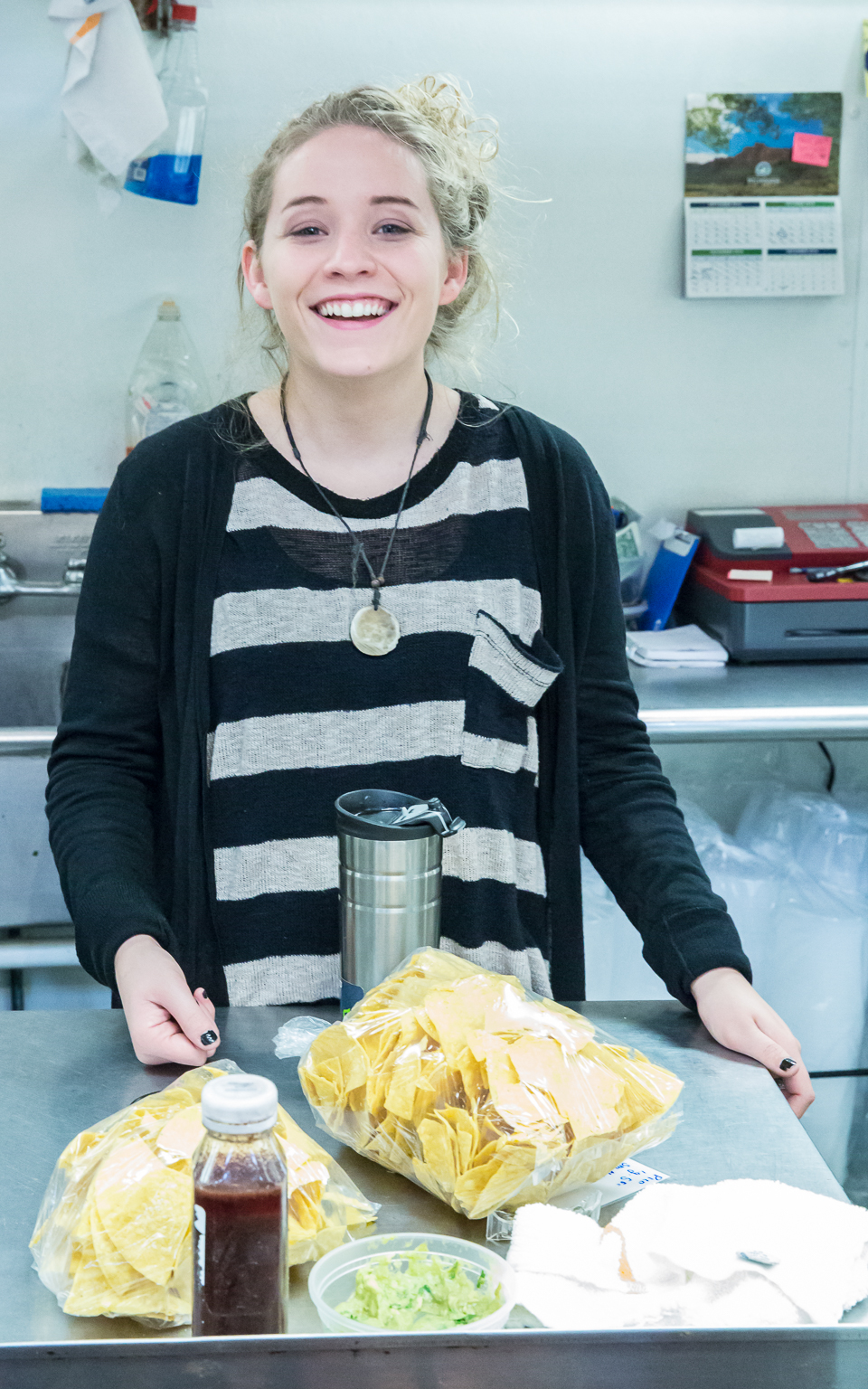 Big Smile
Big Smile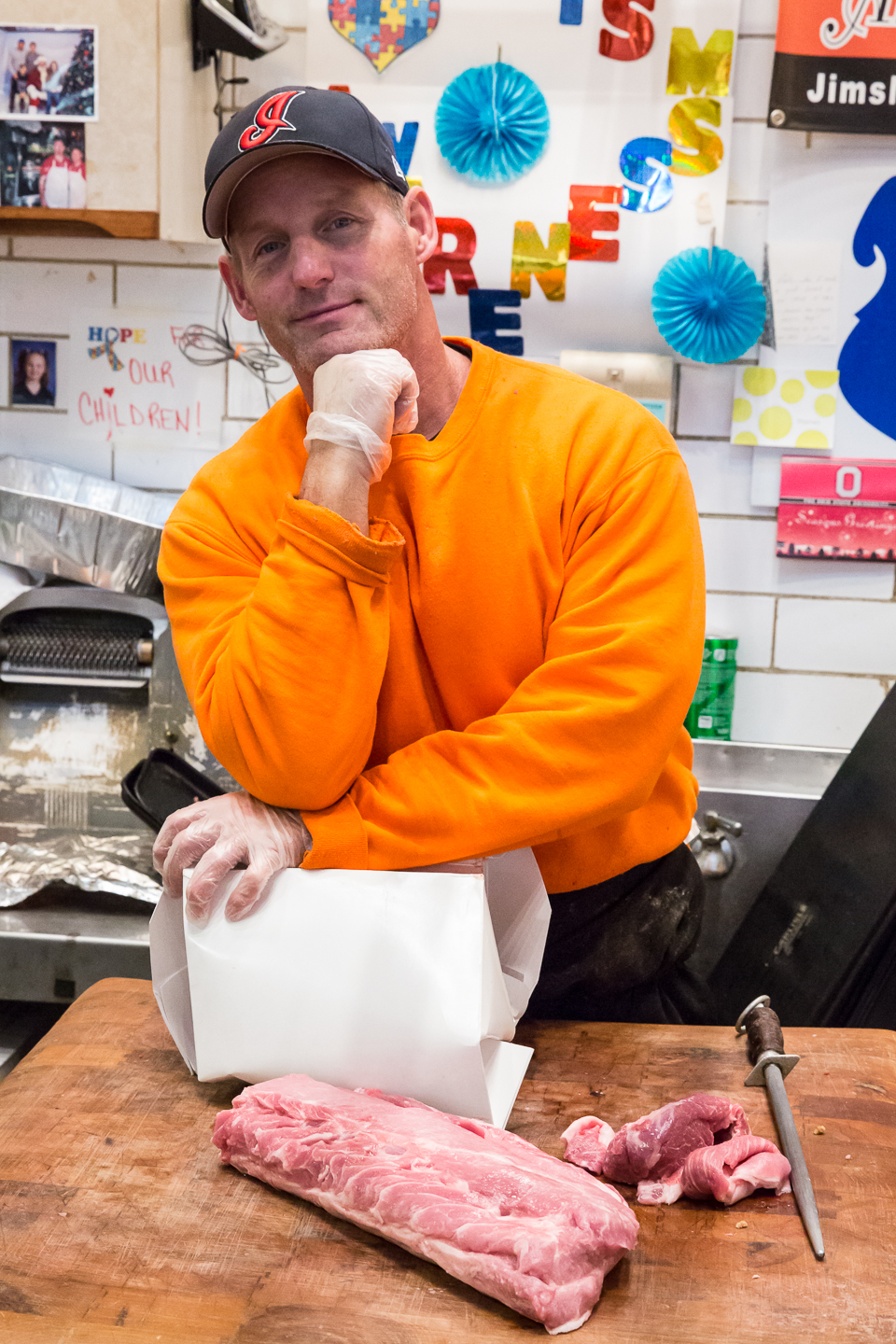 The Thinker and the Box of Sausage
The Thinker and the Box of Sausage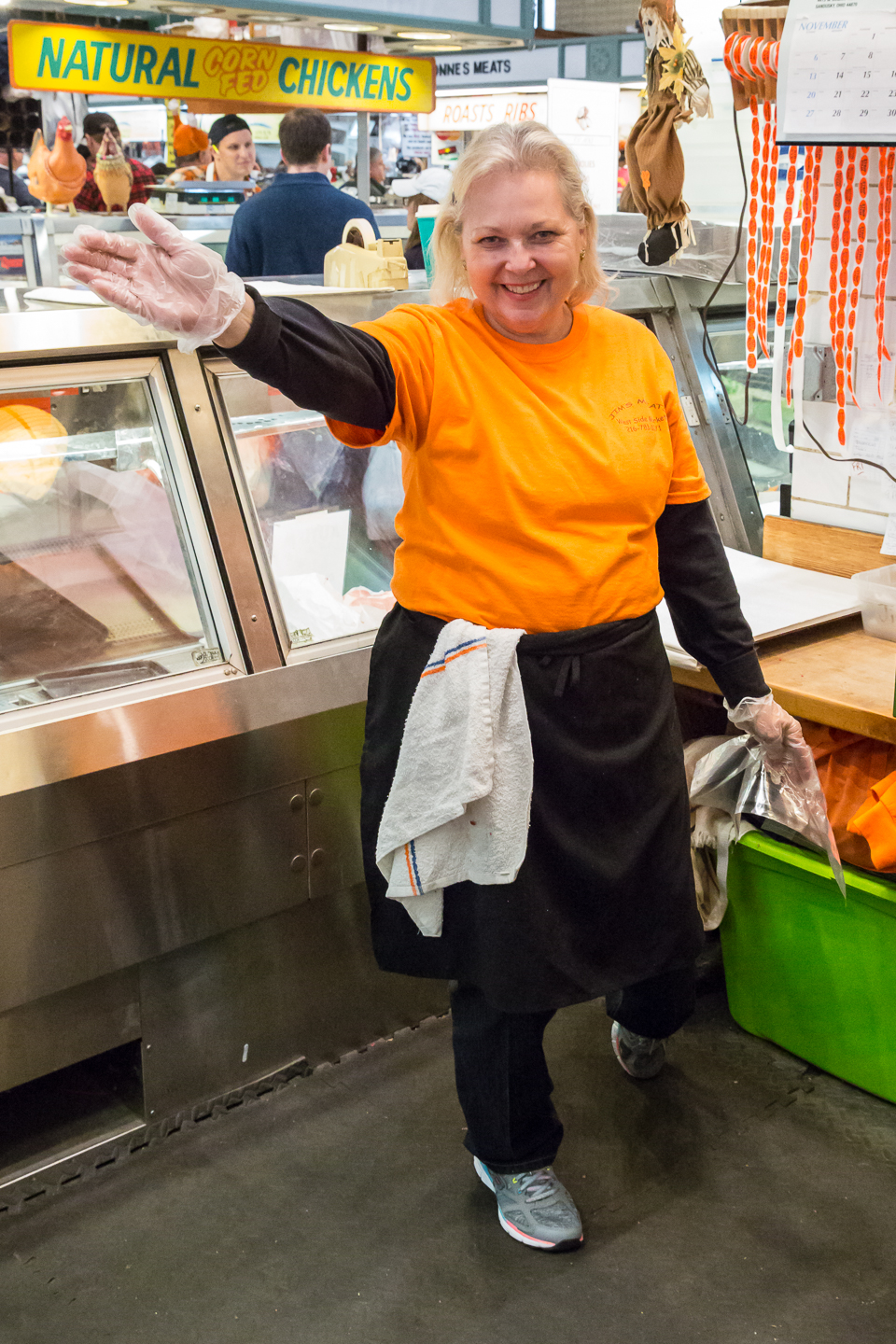 Orange Is the New … ?
Orange Is the New … ?
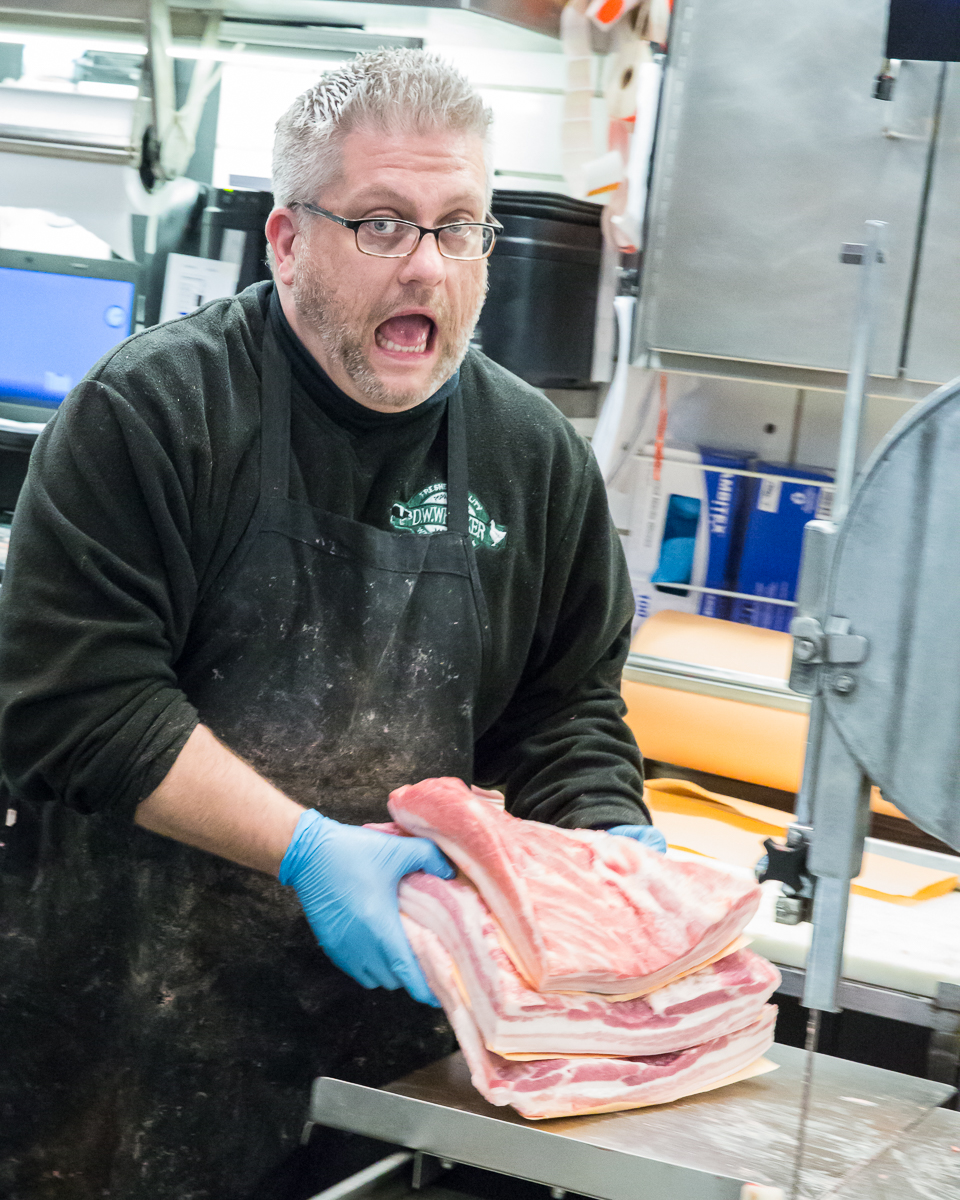 Enjoy One’s Work, Take Pride In One’s Work
Enjoy One’s Work, Take Pride In One’s Work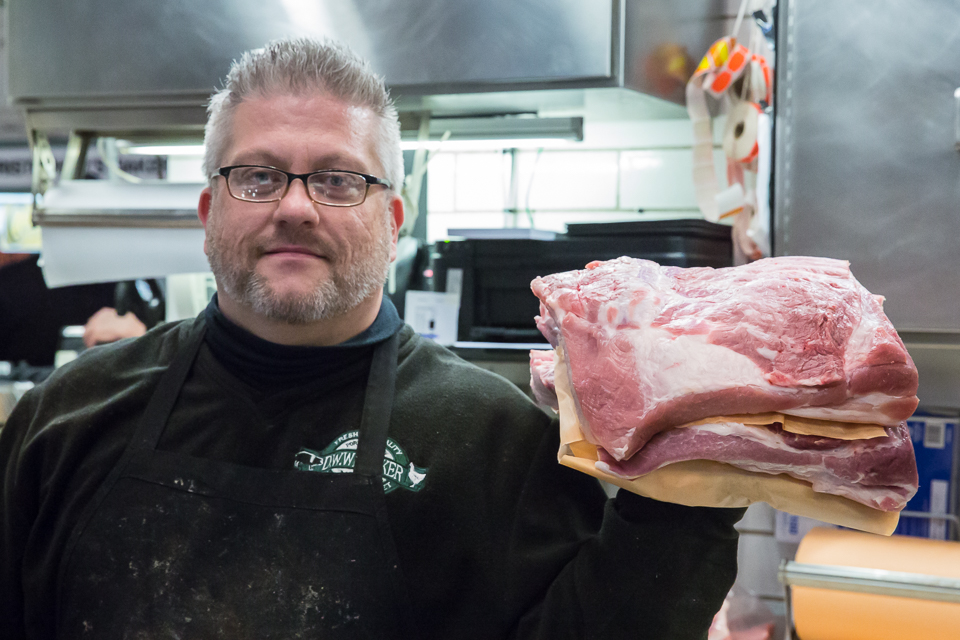
 Big Beautiful Smiles
Big Beautiful Smiles
 A Small Taste
A Small Taste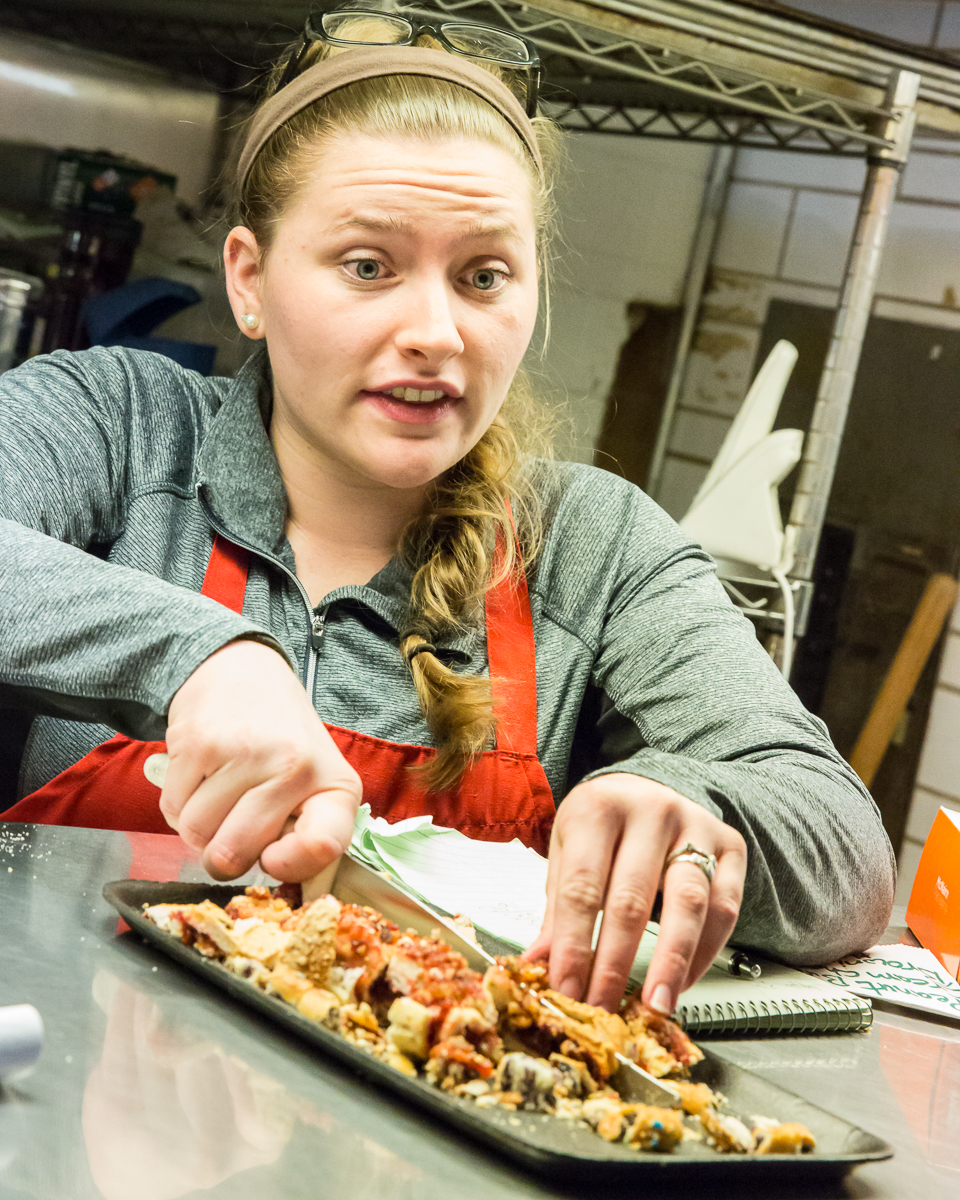
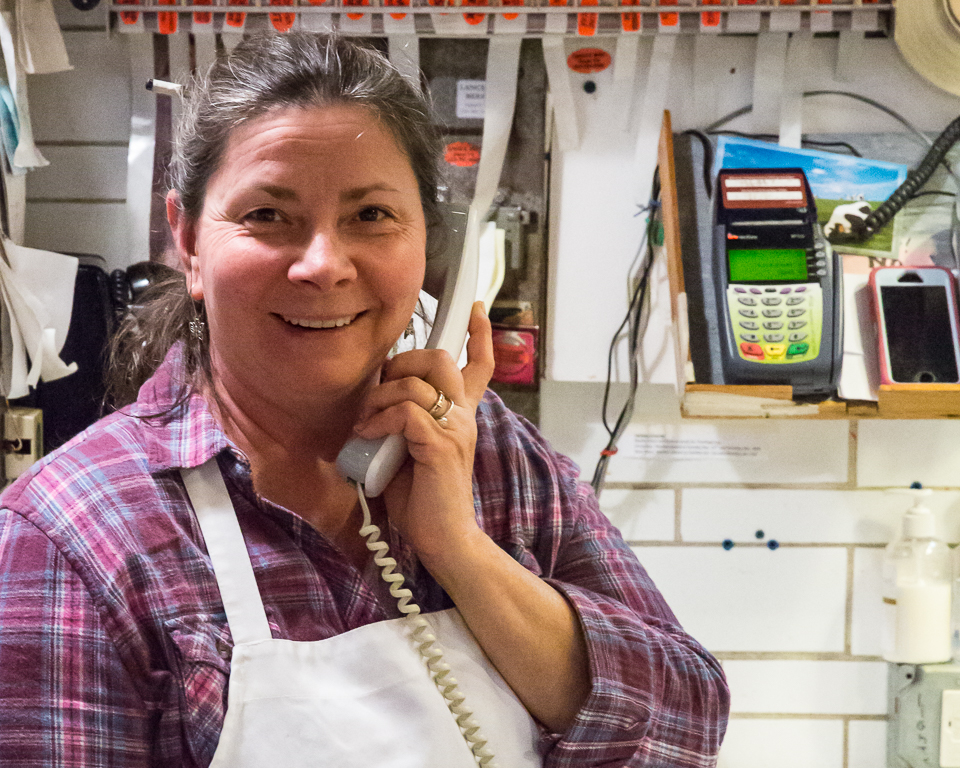 … And Still the Smiles
… And Still the Smiles
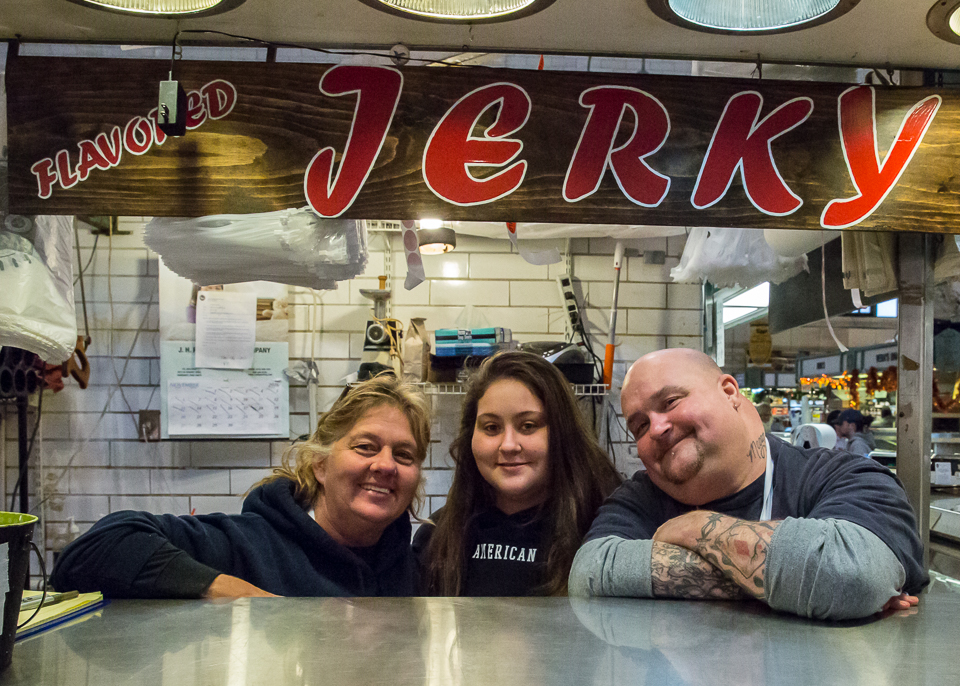 Weekend Working Family, Smiling Family
Weekend Working Family, Smiling Family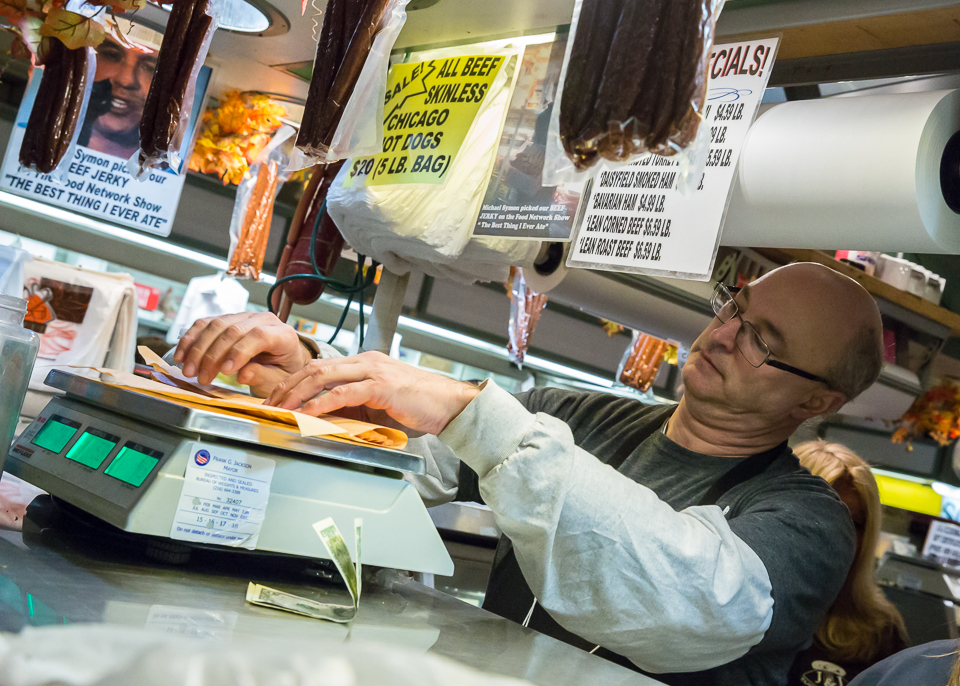

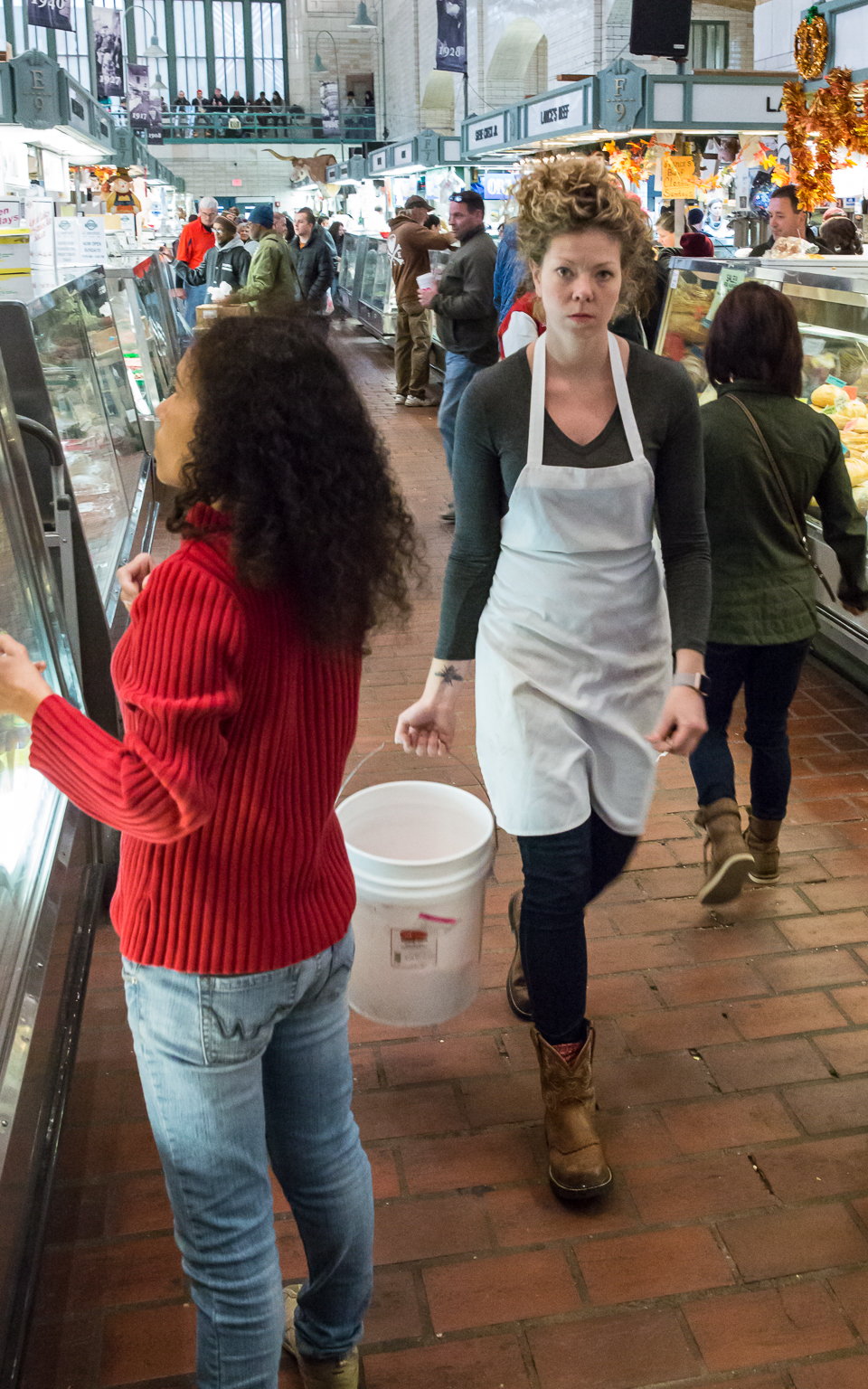
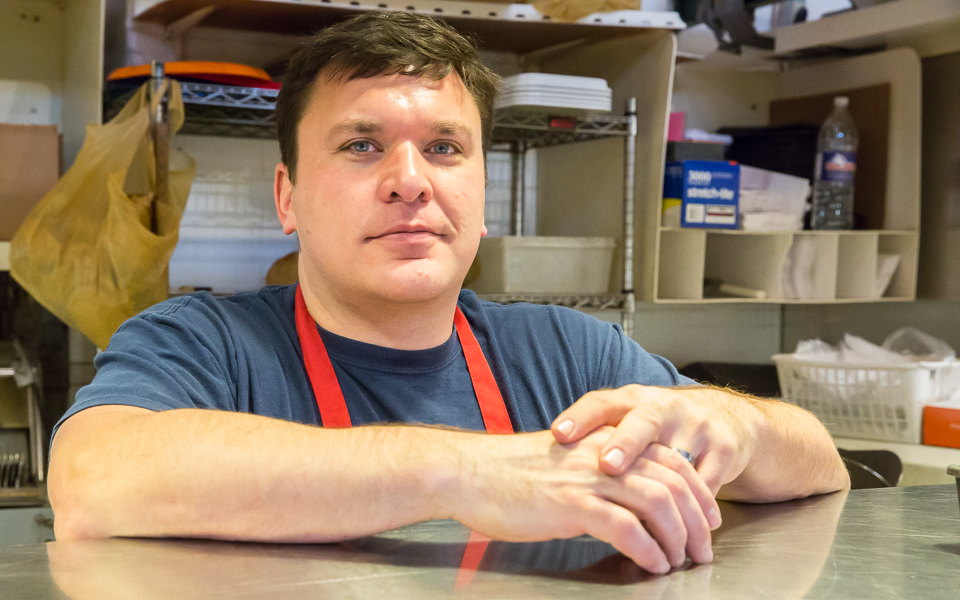 Mr Nonchalant 😉
Mr Nonchalant 😉
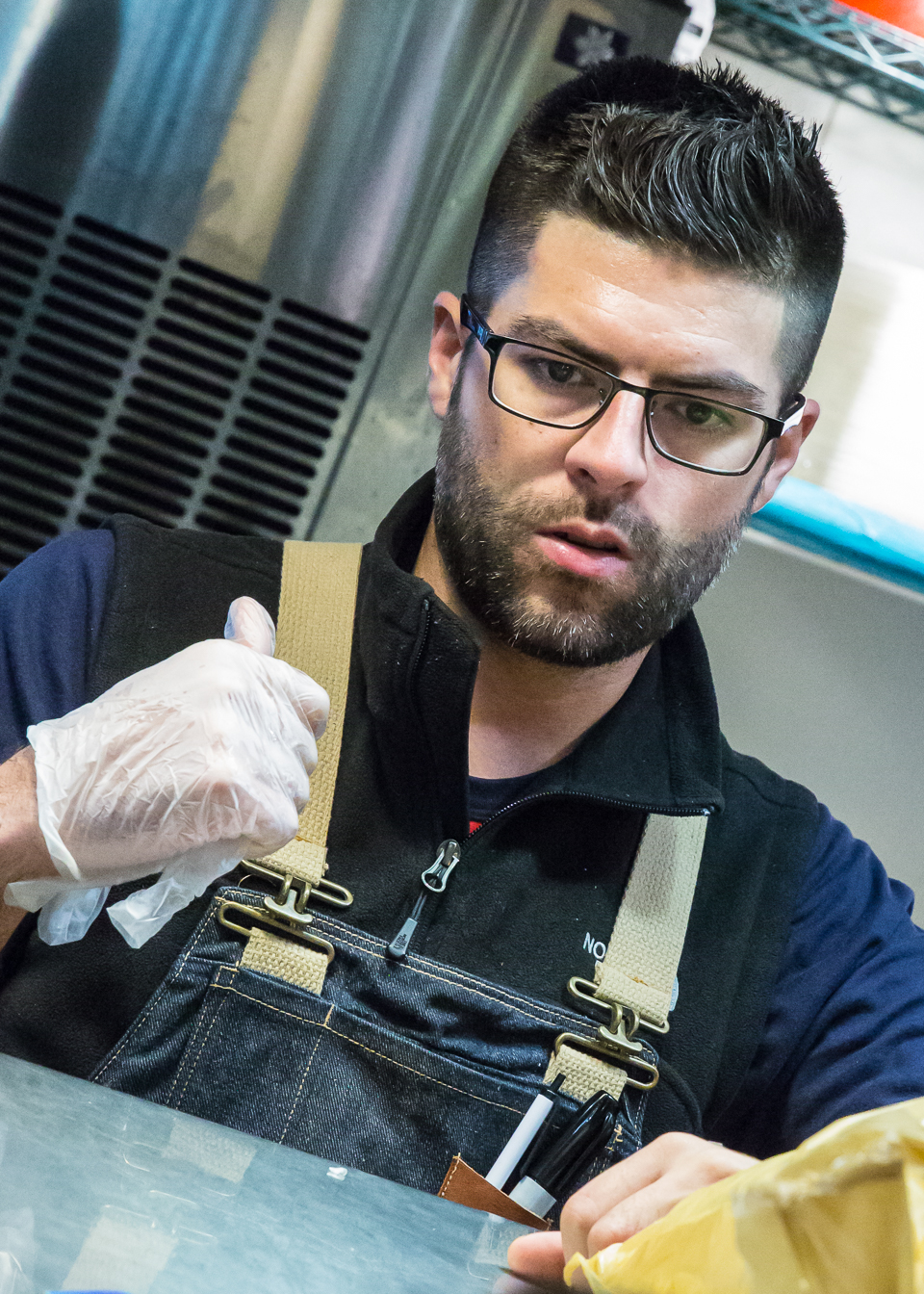
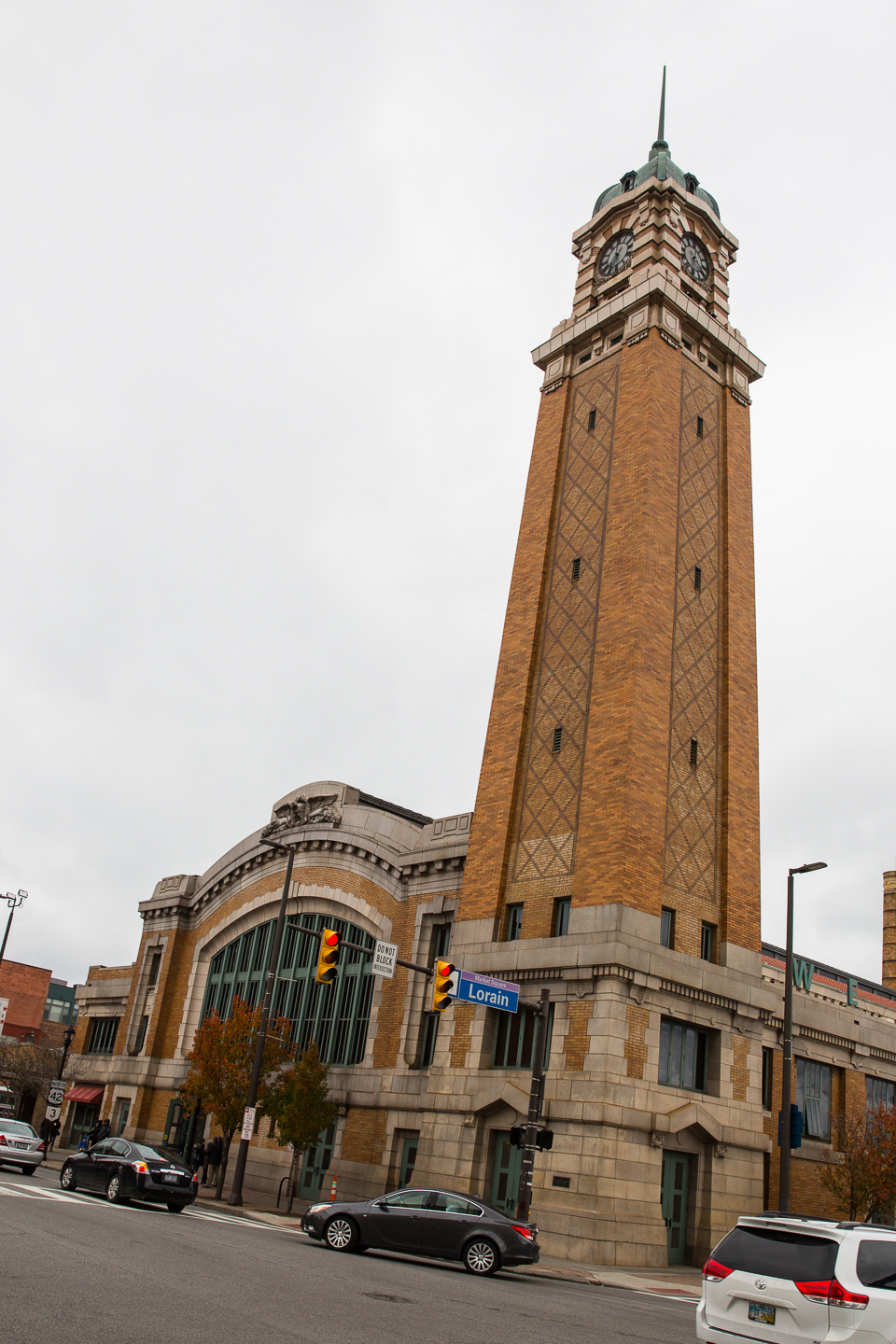
West Side Market – 2016 : Extended Gallery Link
Many of the same faces and smiles
People At Their Work ~ West Side Market – 2015 : Blog Post Link
Cleveland : The Flats and West Side Market – 2012 : Blog Post Link
Cleveland’s West Side Market – 2012 : Blog Post Link
One’s Work – Compilation of Blog Post Links
Road Trip ~ Buffalo, New York
Warning: Use of undefined constant gad_content_tag_filter_replace - assumed 'gad_content_tag_filter_replace' (this will throw an Error in a future version of PHP) in /home/dx87kwtjkt0i/public_html/wp-content/plugins/web-ninja-google-analytics/webninja_ga.php on line 1813
Buffalo, New York
Buffalo : A terminus of the Erie Canal, the birthplace of the grain elevator, the first city to have widespread street lamps.
In the early 1900s, Buffalo had more millionaires per capita than any other city in the United States.
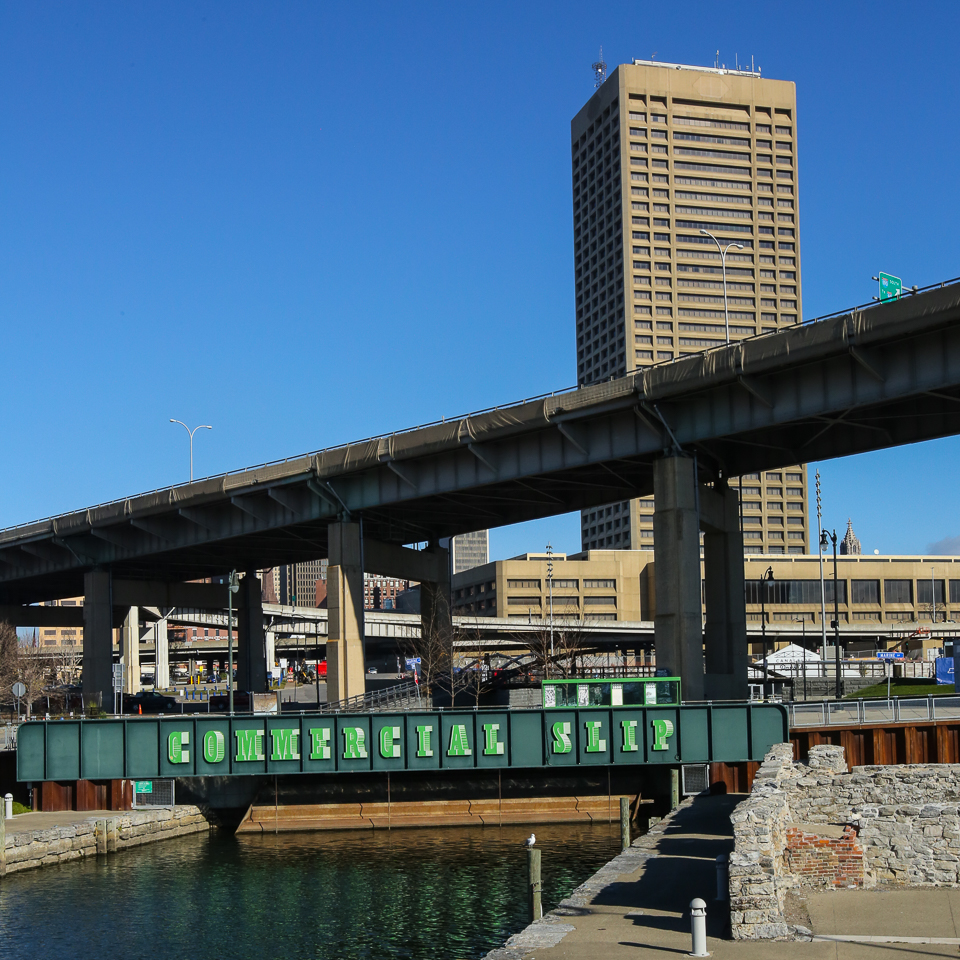 Chicago is the only city in the country that can claim they have more Frank Lloyd Wright buildings than Buffalo.
Chicago is the only city in the country that can claim they have more Frank Lloyd Wright buildings than Buffalo.
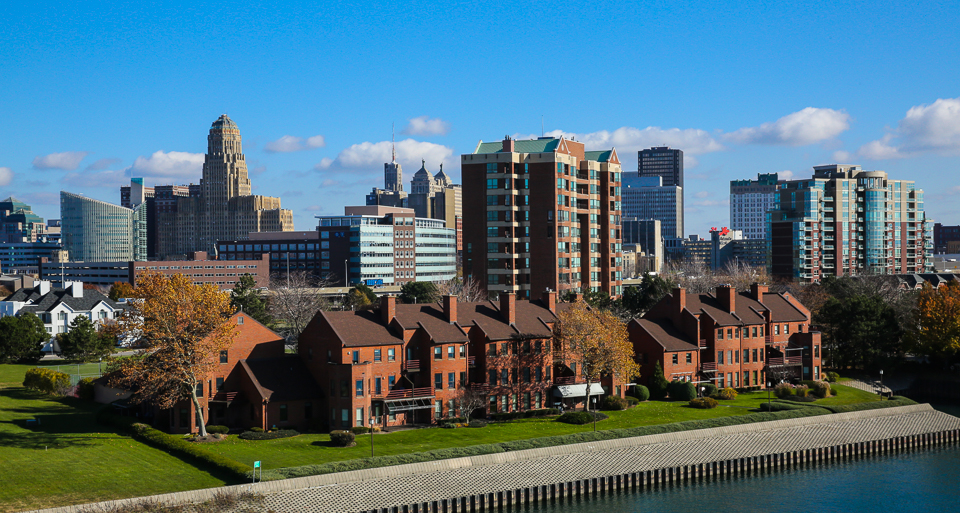 A fine of $25 can be issued for flirting in public on the Buffalo streets.
A fine of $25 can be issued for flirting in public on the Buffalo streets.
Buffalo is quite the foodie town, with close to 1,000 restaurants. There are several speculations with regards to how Buffalo got its name, including a play on the French word “beau fleuve”, which means beautiful river.
There are several speculations with regards to how Buffalo got its name, including a play on the French word “beau fleuve”, which means beautiful river.
Buffalo’s “Queen City” nickname references the city’s size as the second-largest in New York, the largest is obviously New York City, or the “king city”.
 Buffalo played a huge role in the early stages of the automobile industry by heavily influencing the first brass cars, also known as the horseless carriages.
Buffalo played a huge role in the early stages of the automobile industry by heavily influencing the first brass cars, also known as the horseless carriages.
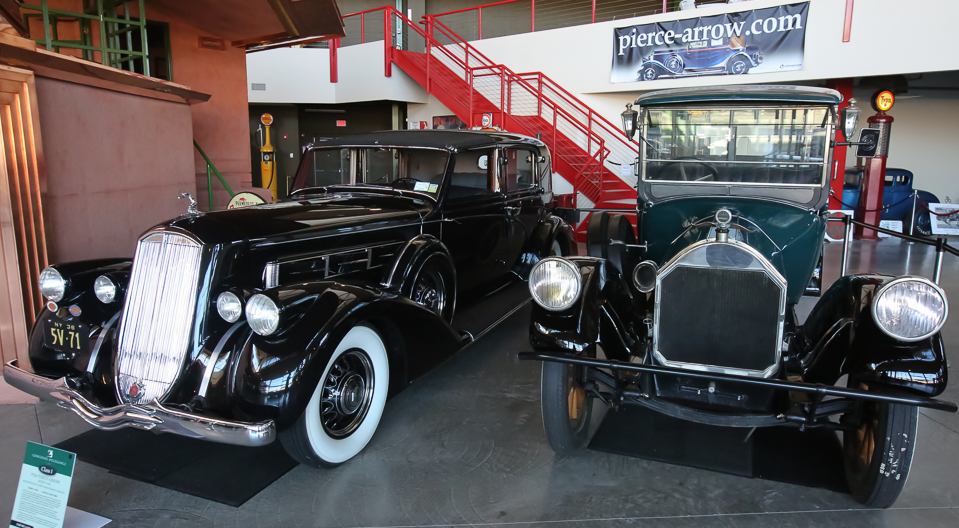 No summer days in Buffalo have ever hit triple digit temperatures, as the highest local temperature ever recorded was 99 degrees.
No summer days in Buffalo have ever hit triple digit temperatures, as the highest local temperature ever recorded was 99 degrees.
Spittoons are required by law in every Buffalo business.
 Some people refer to Buffalo as the “Nickel City” due to the bison on the back of the Indian Head nickel.
Some people refer to Buffalo as the “Nickel City” due to the bison on the back of the Indian Head nickel.
Buffalo is the hub of the country’s debt collection industry.
Forbes recently voted Buffalo the 10th best place to raise a family in the country.
http://www.movoto.com/guide/buffalo-ny/buffalo-facts/
